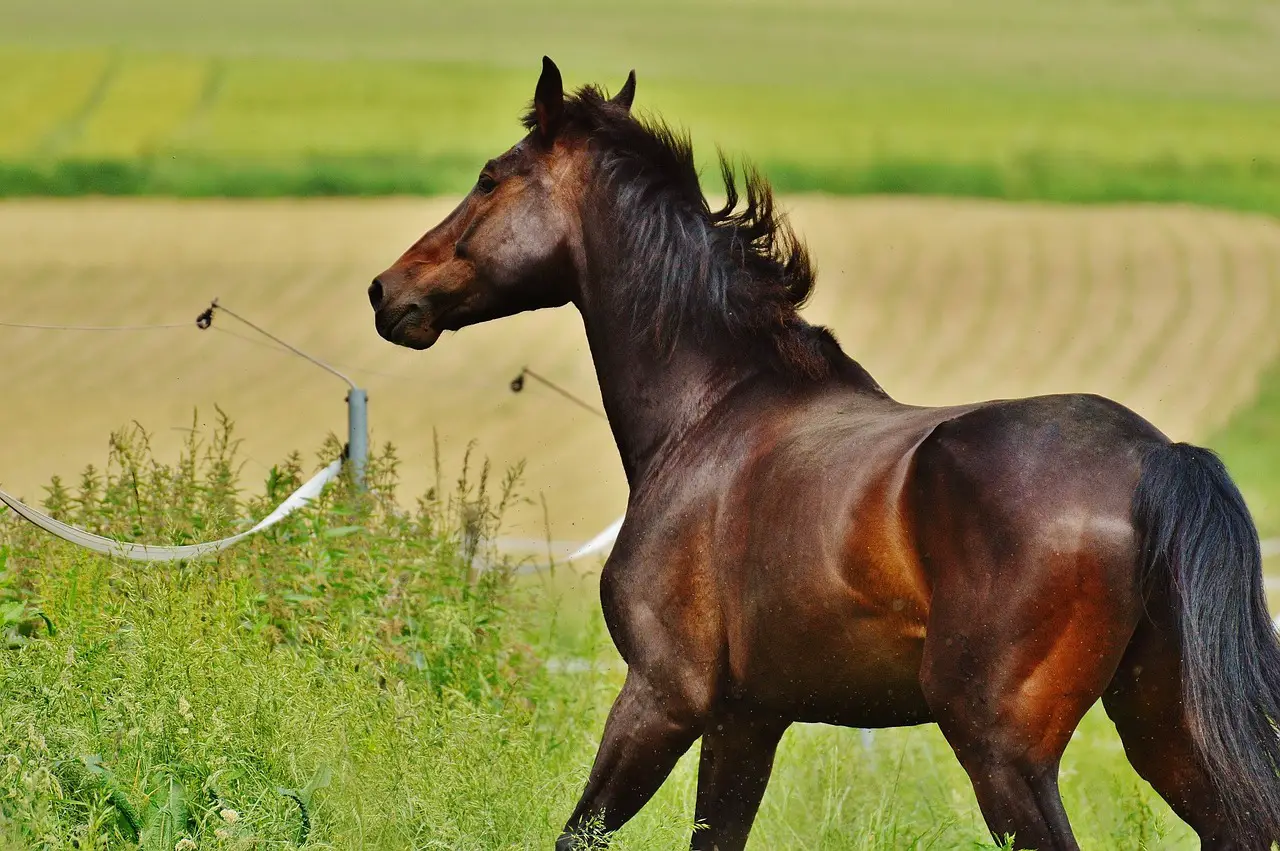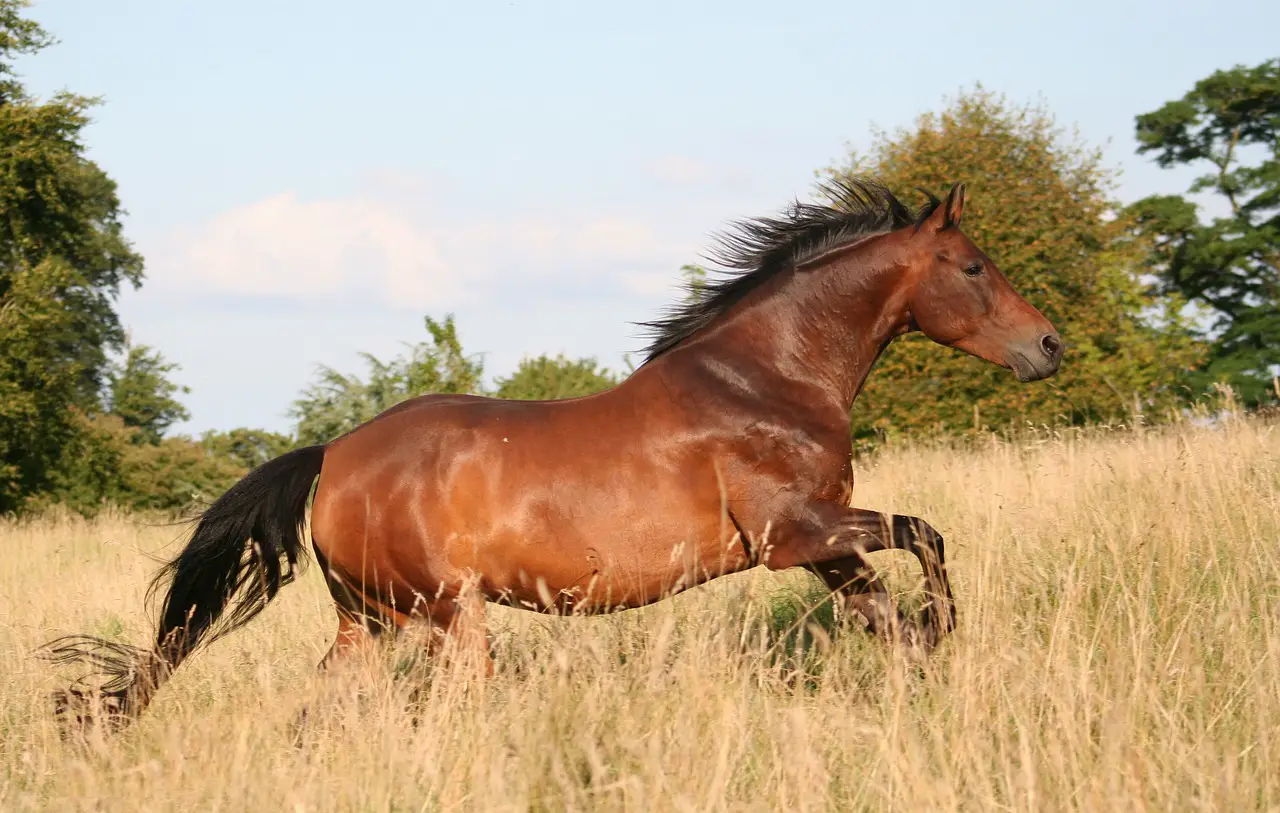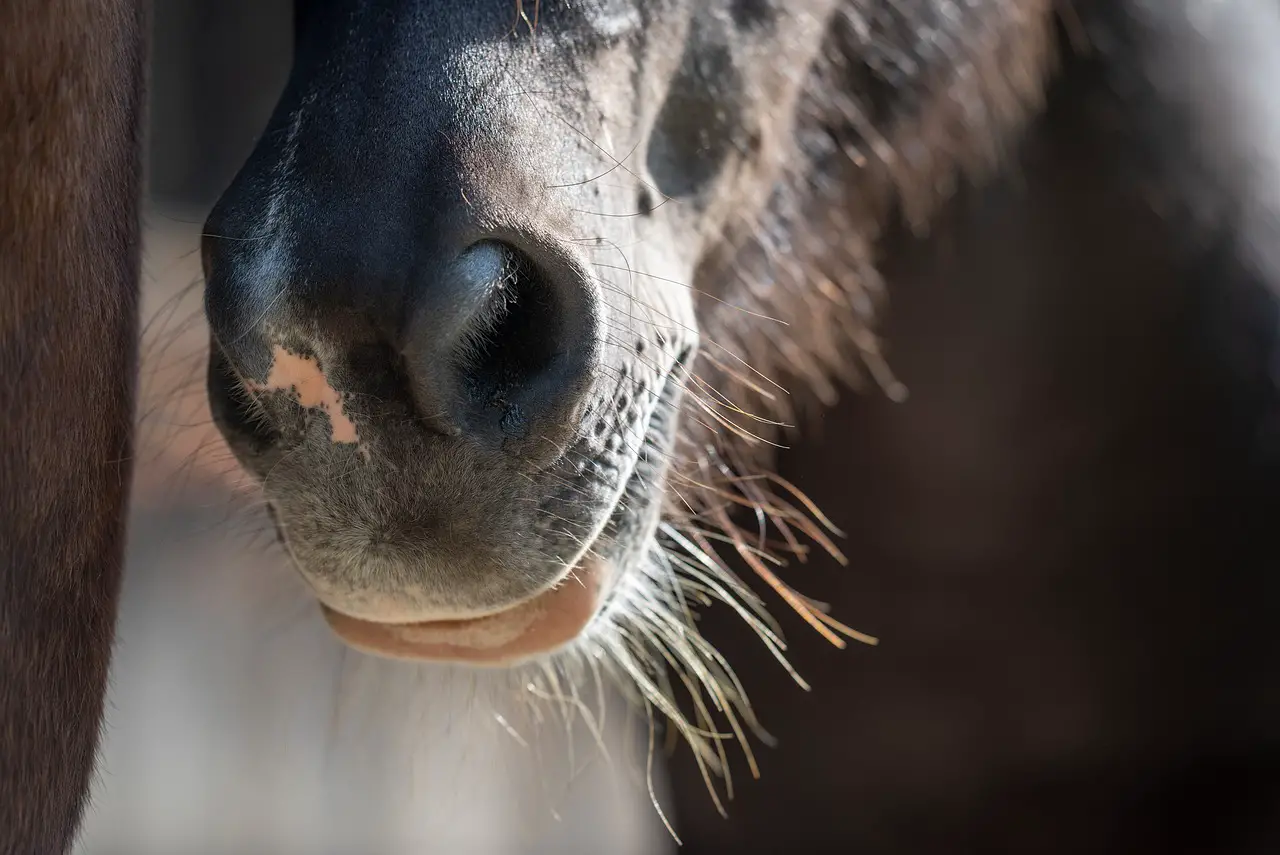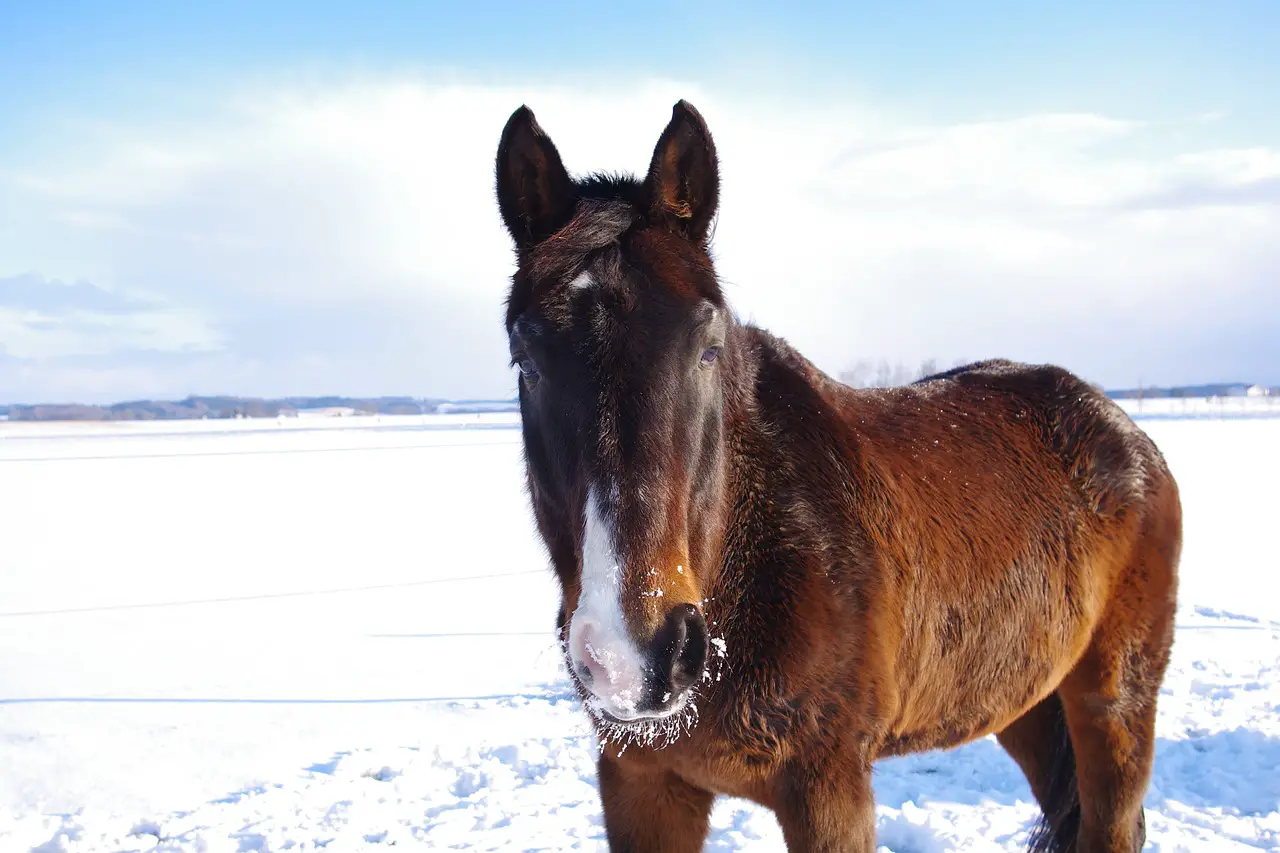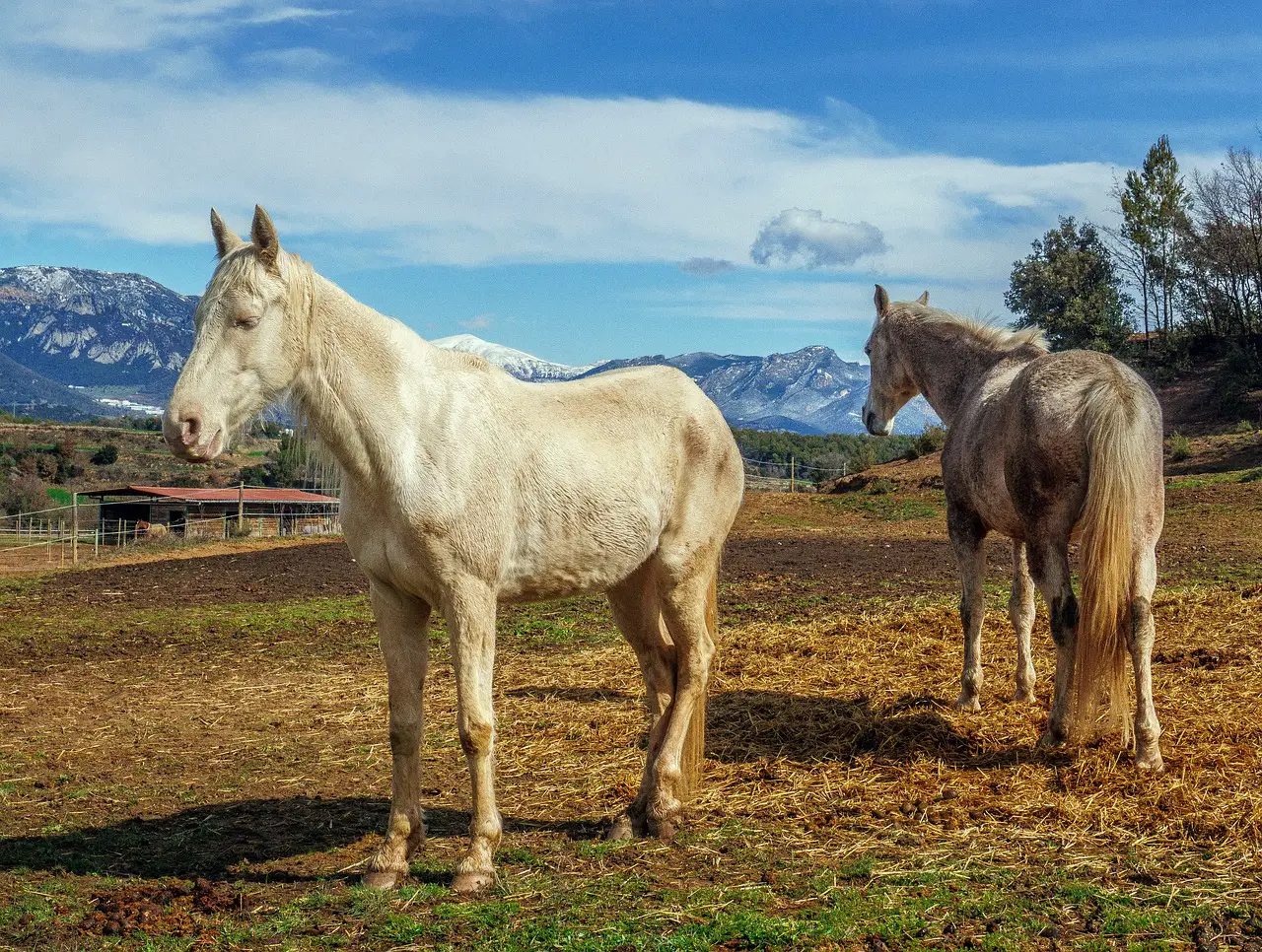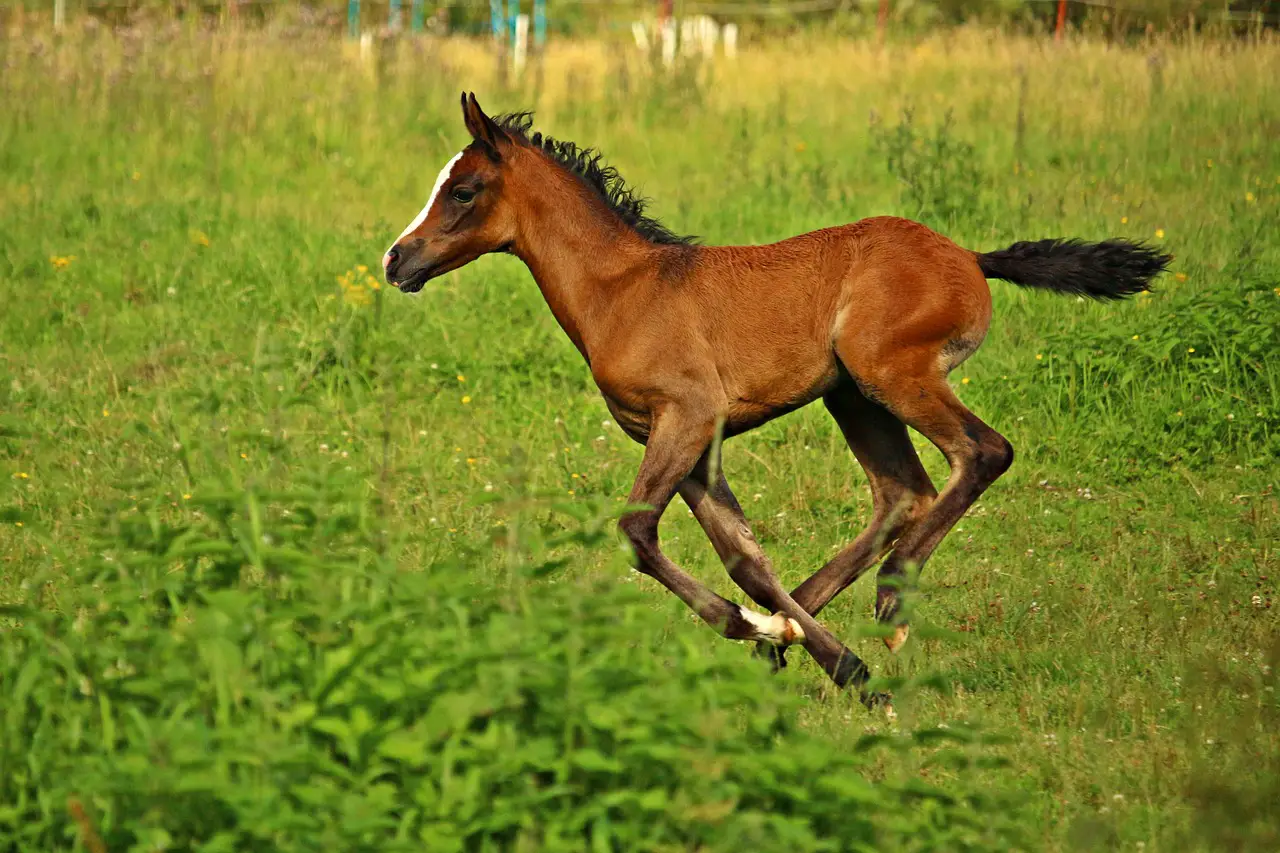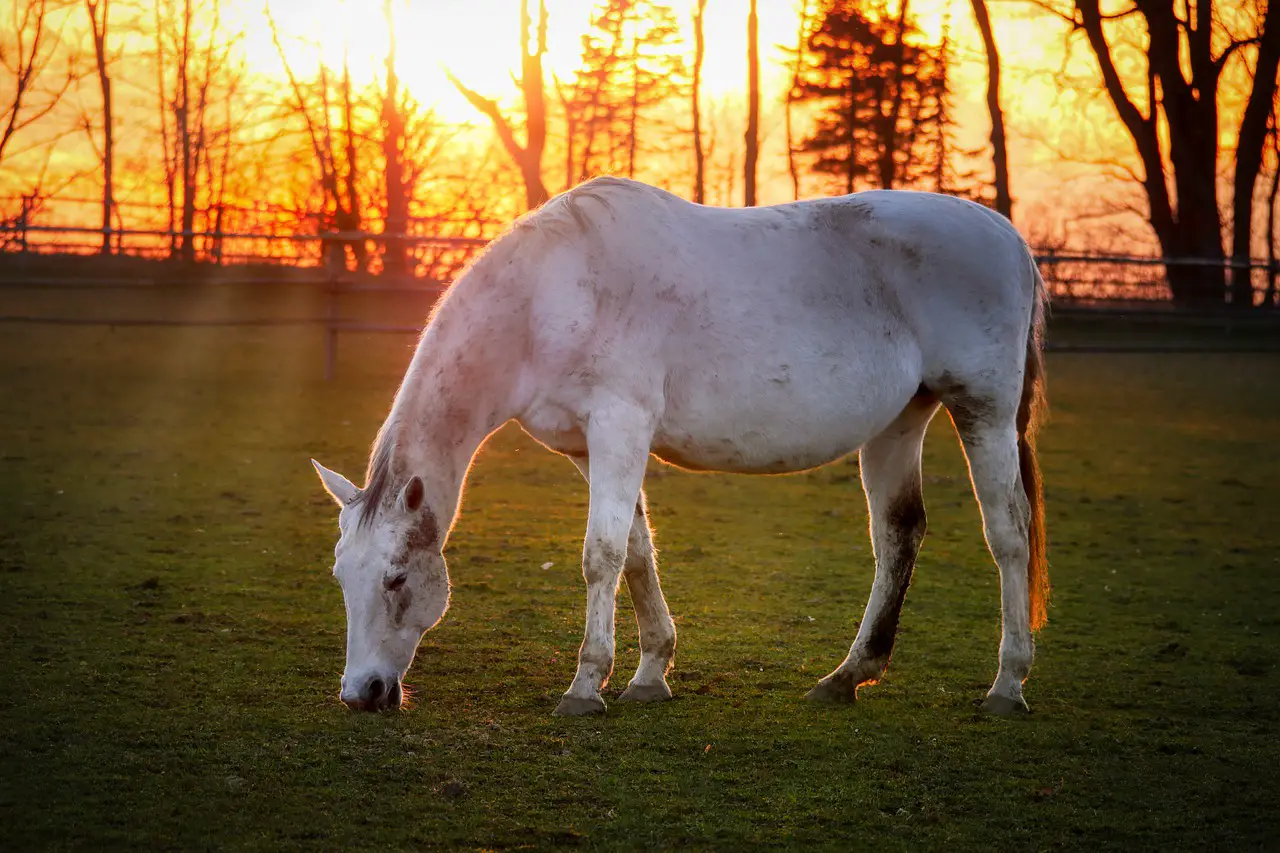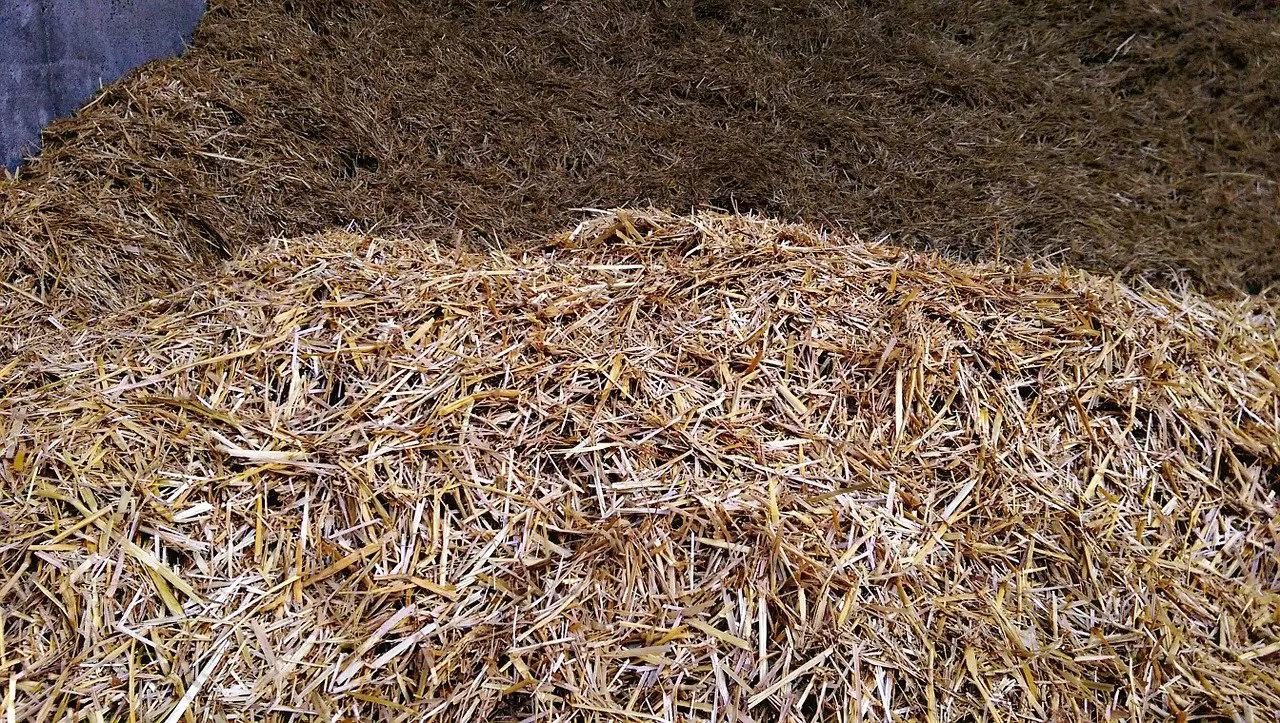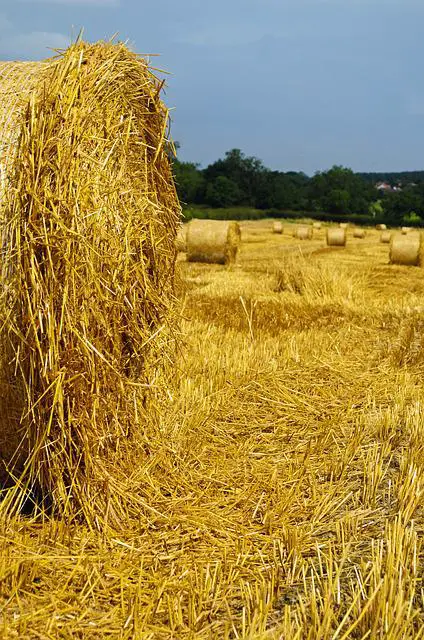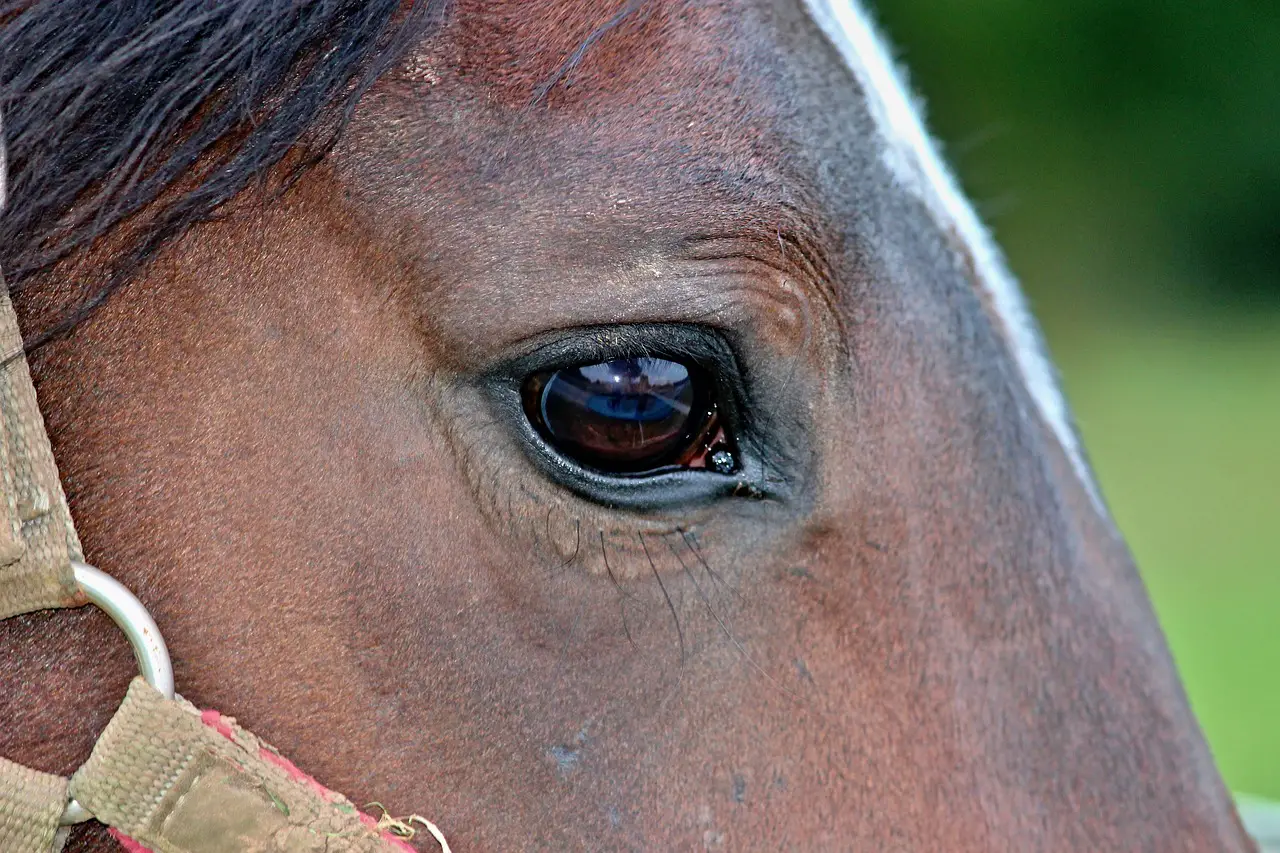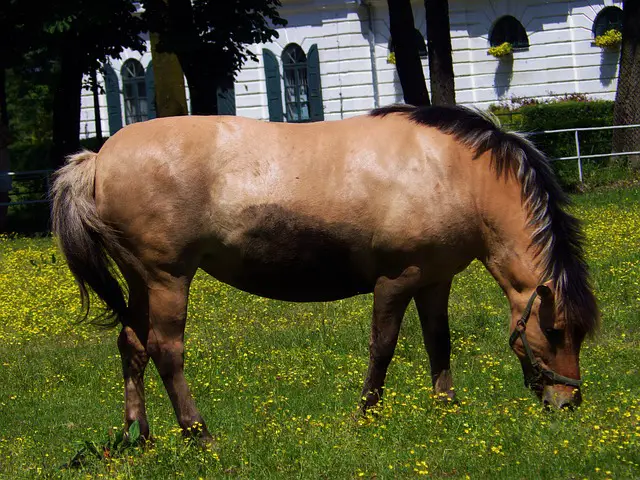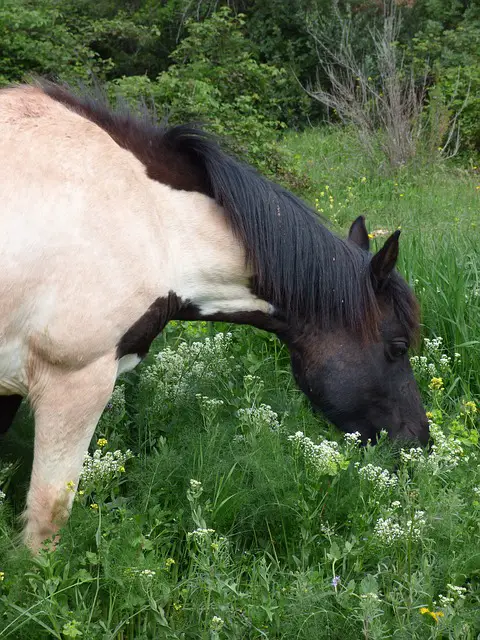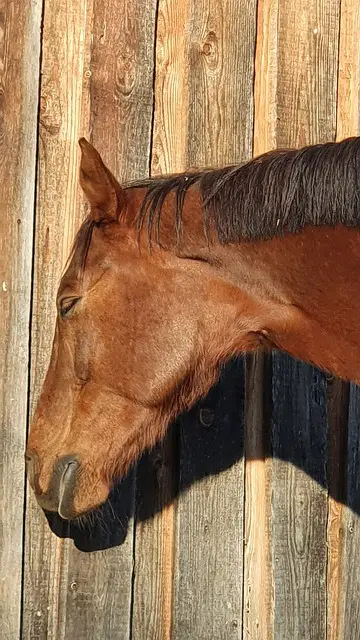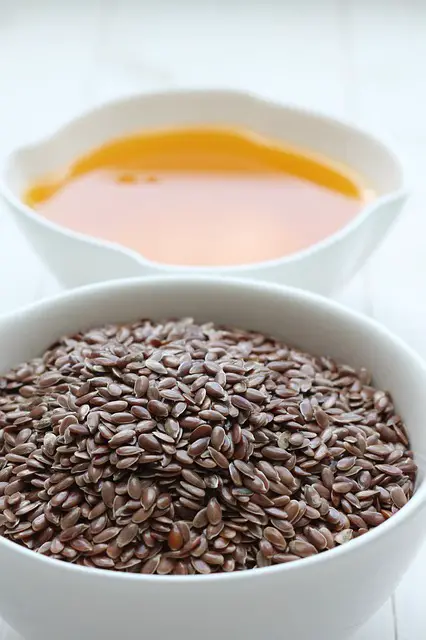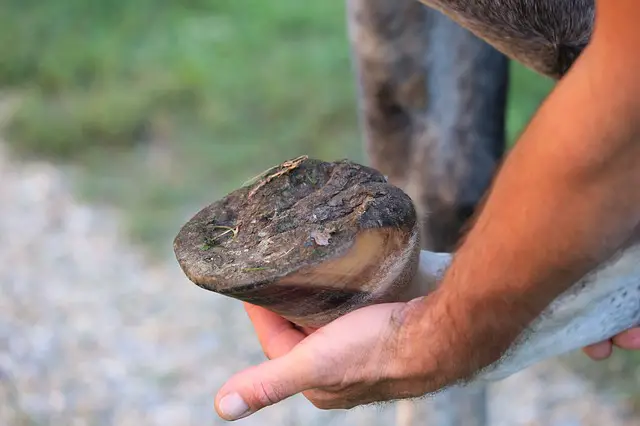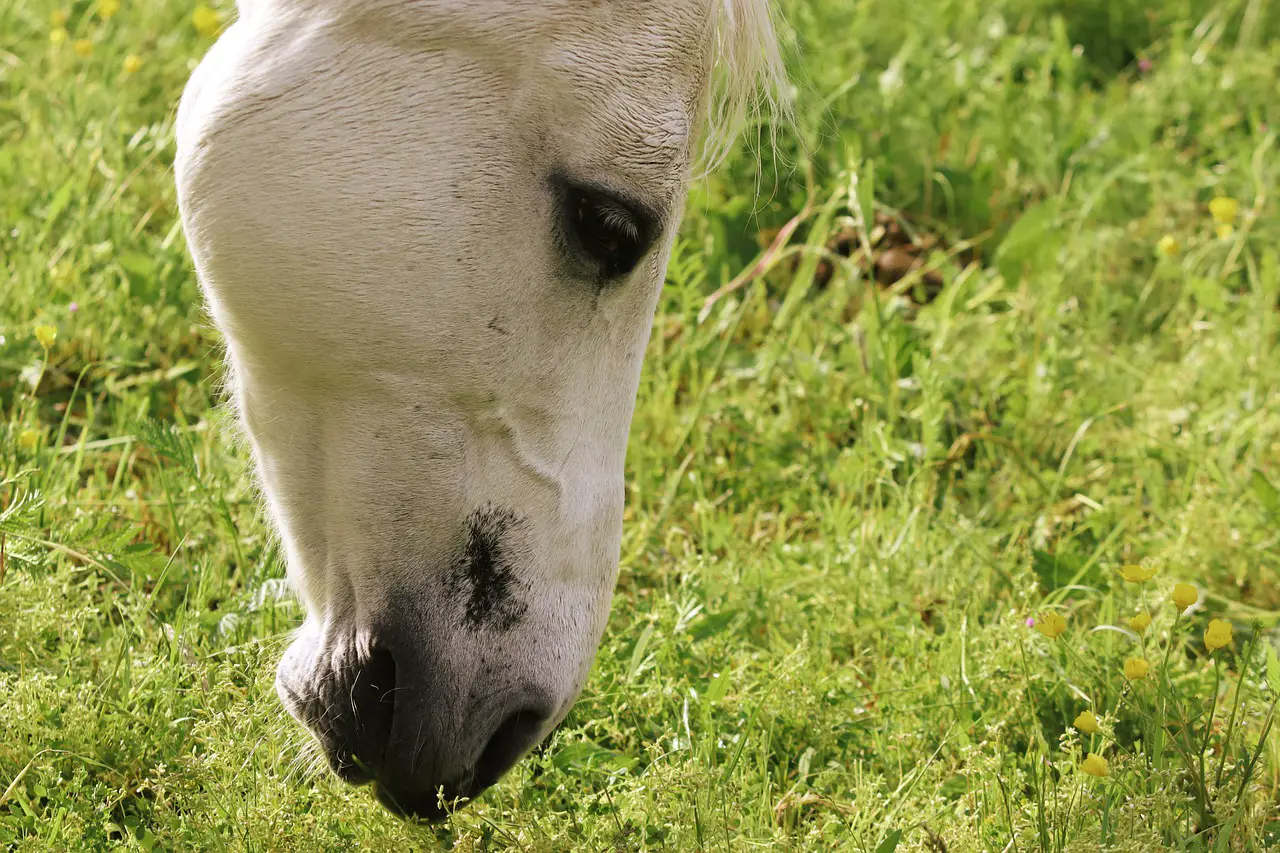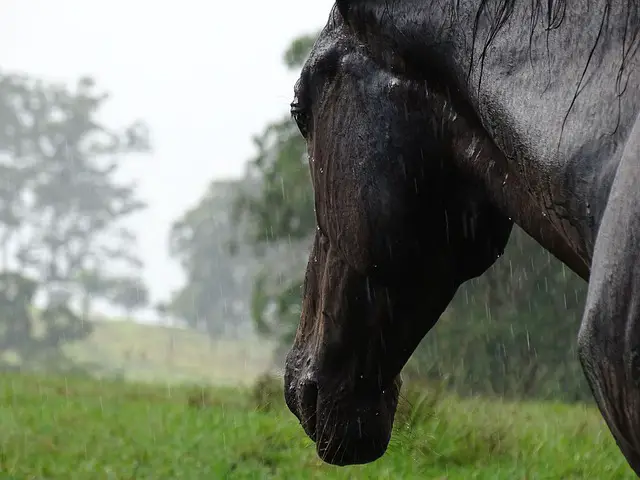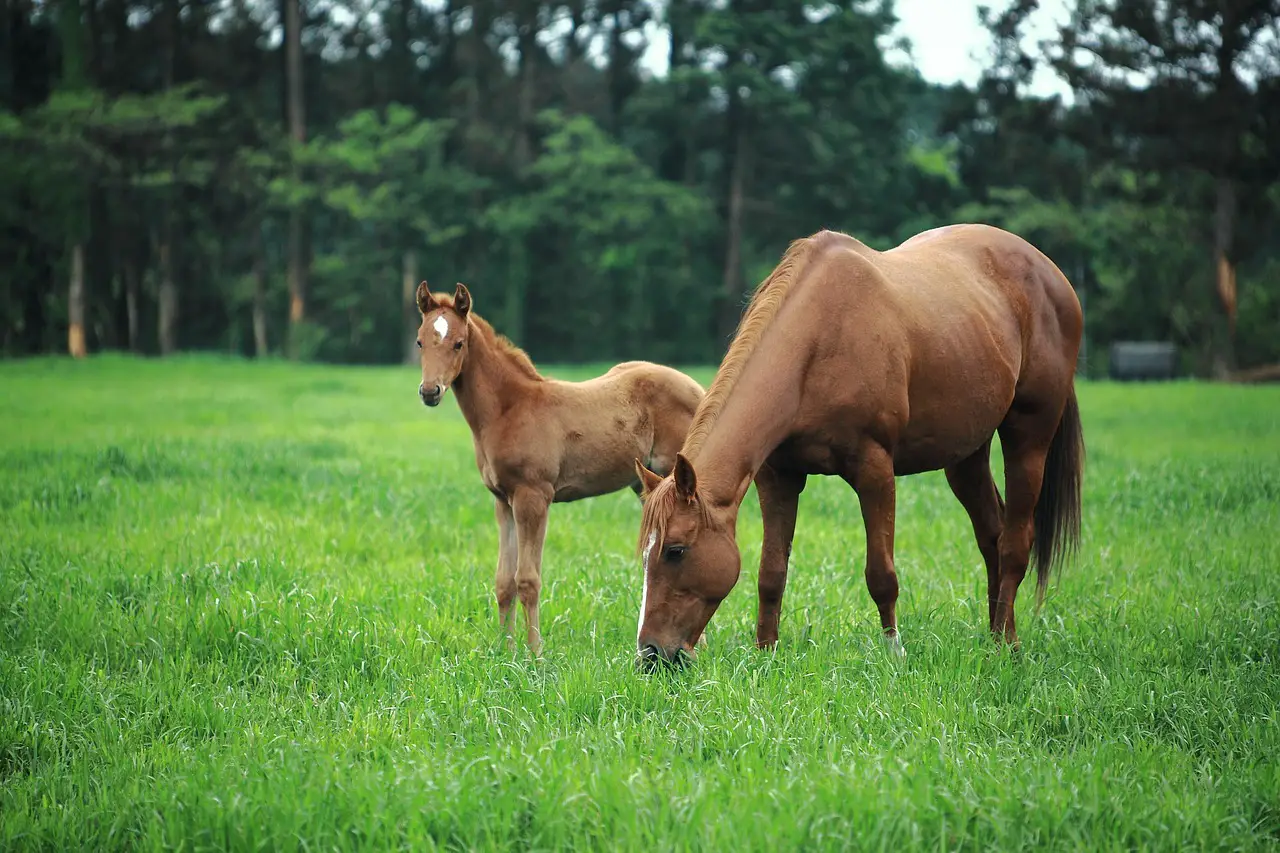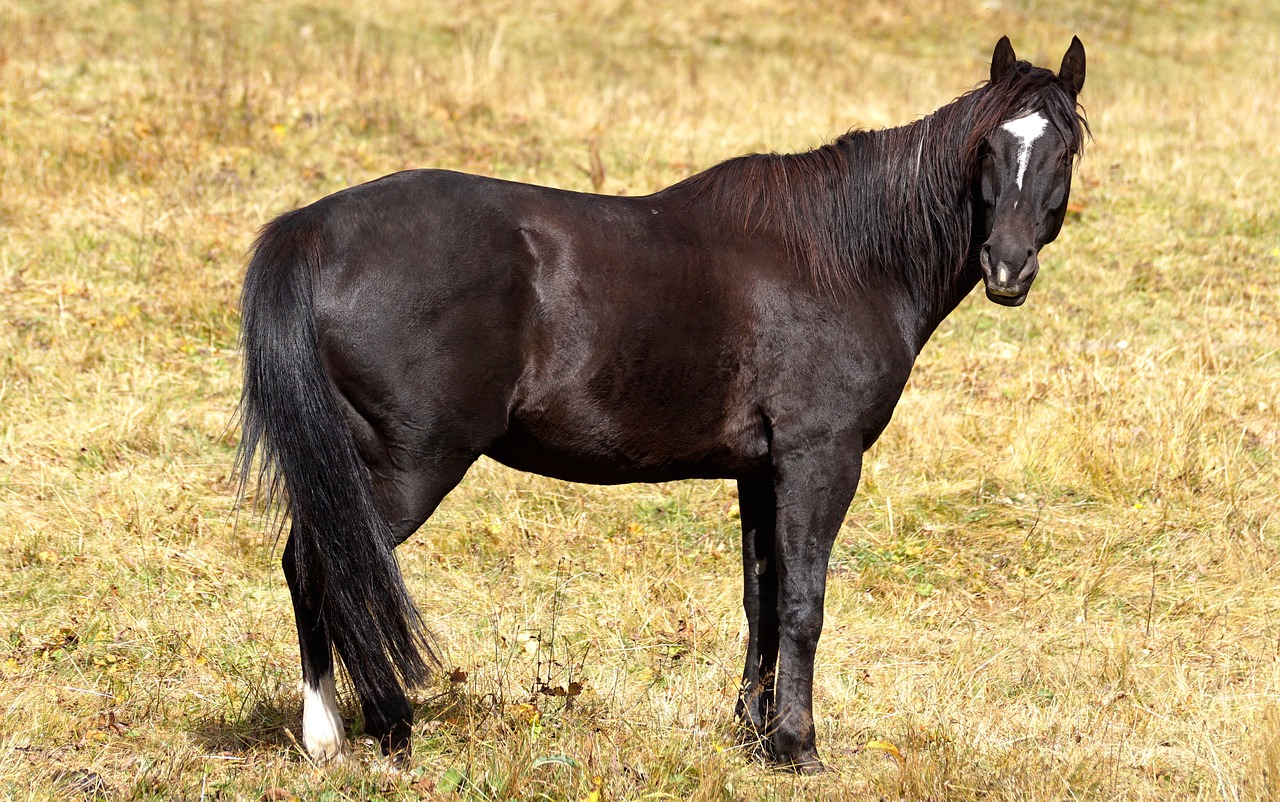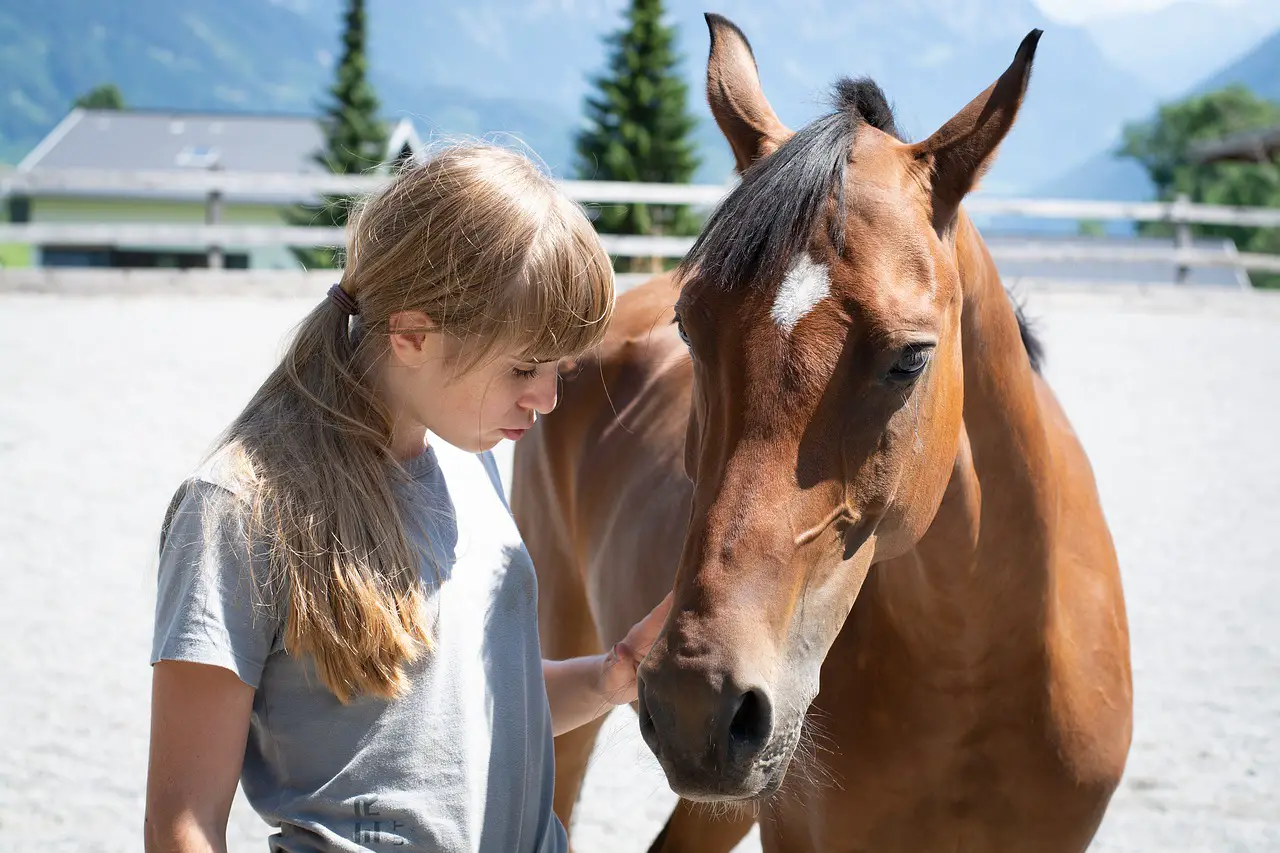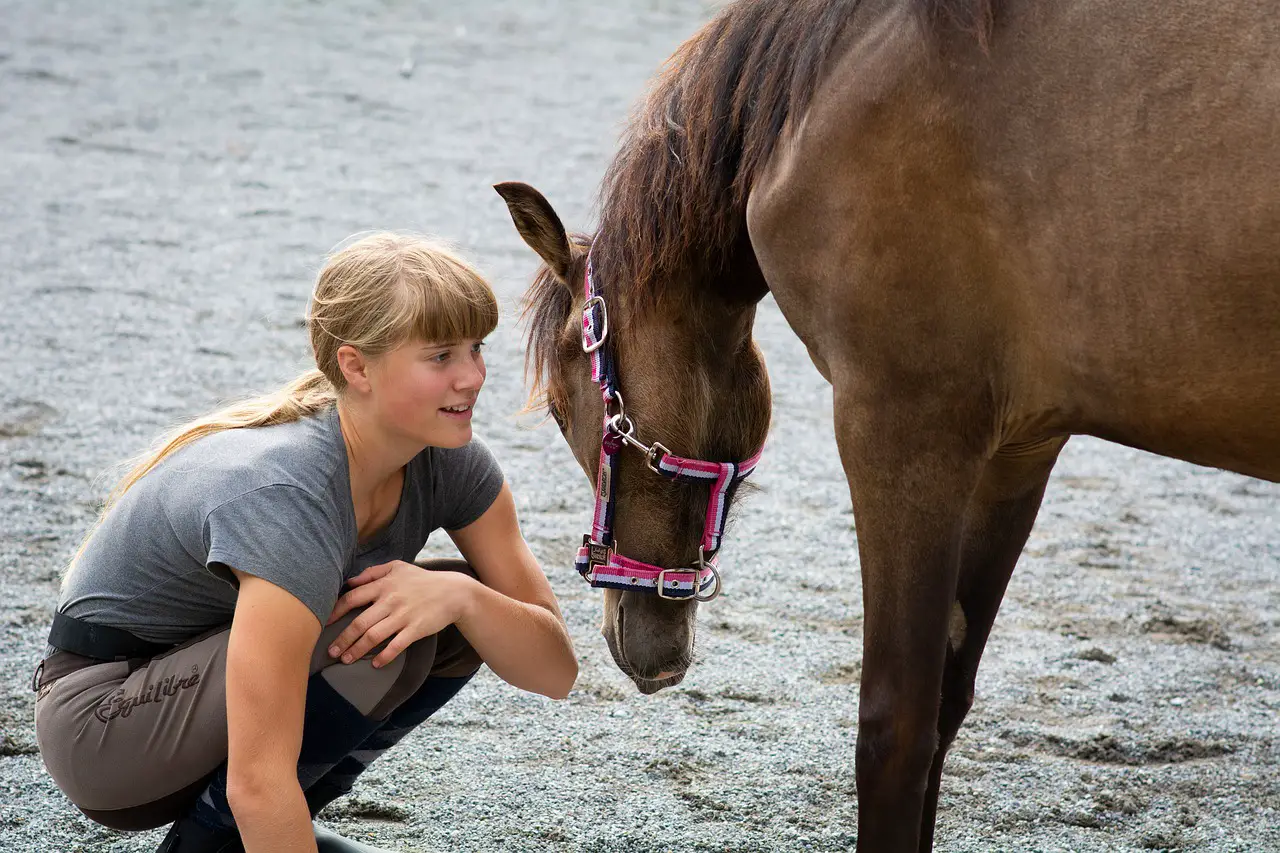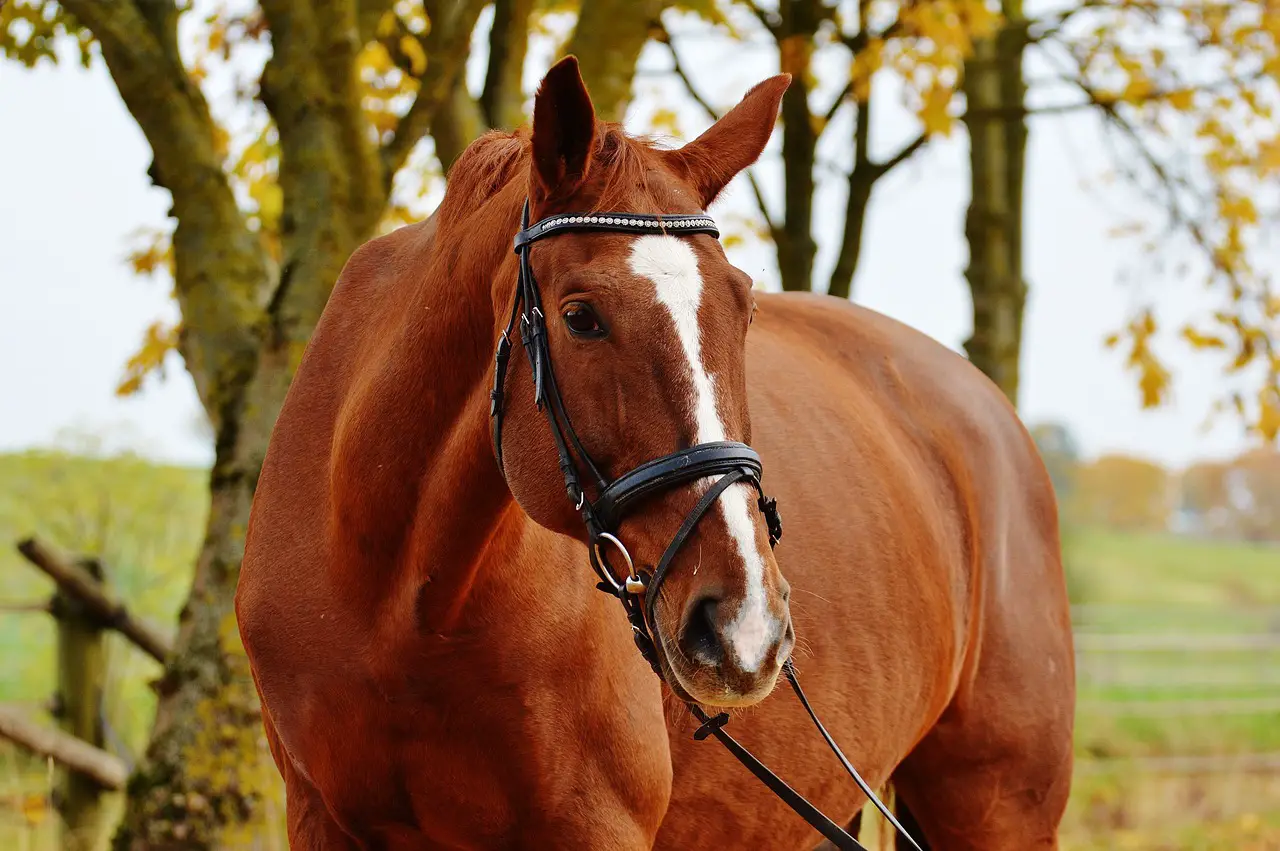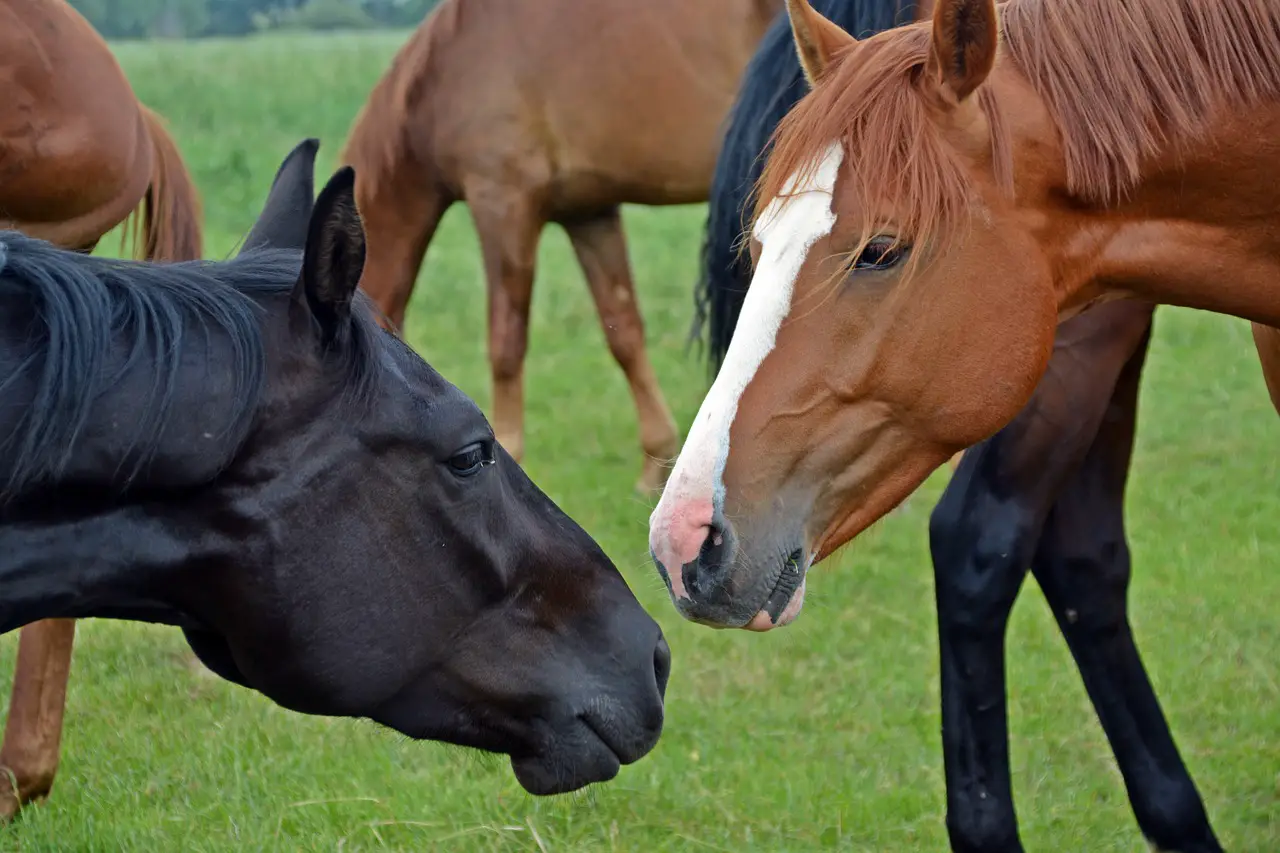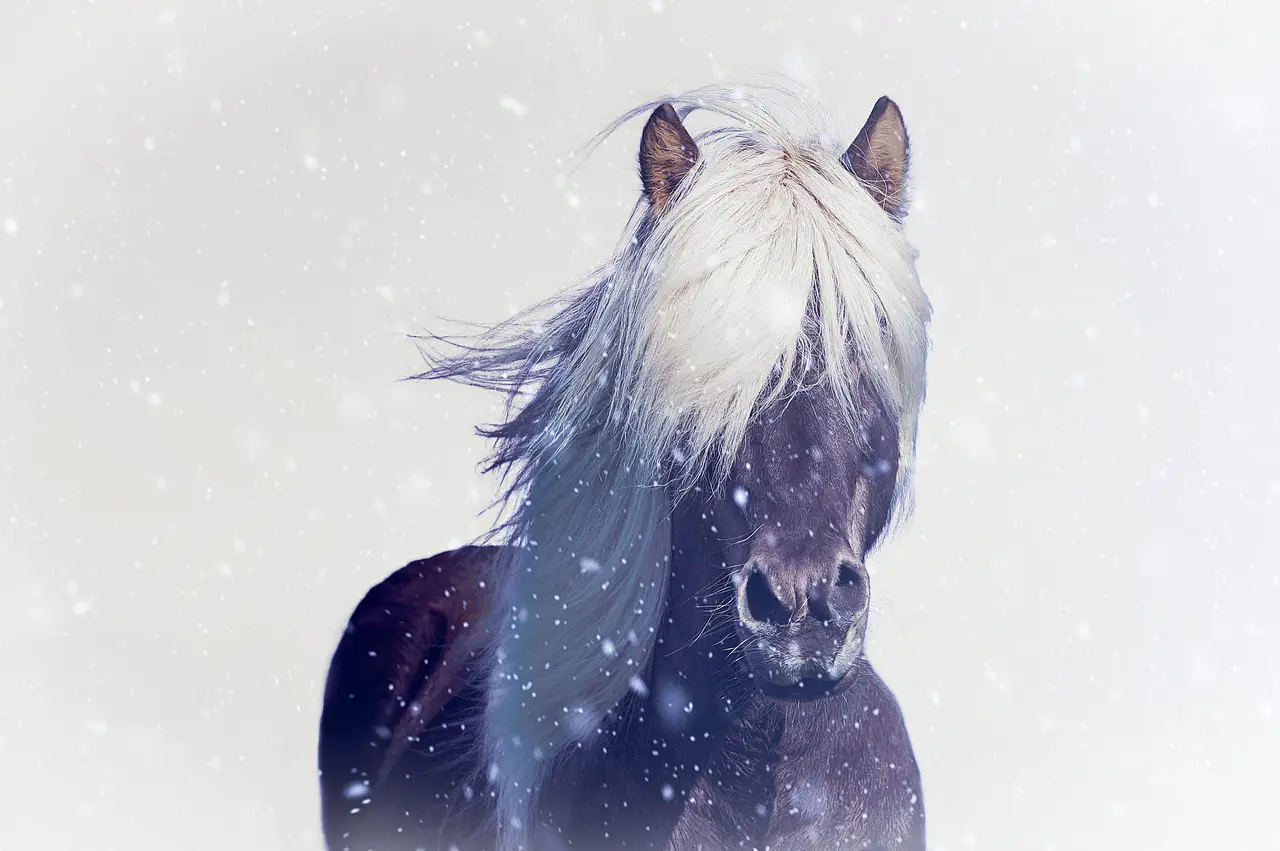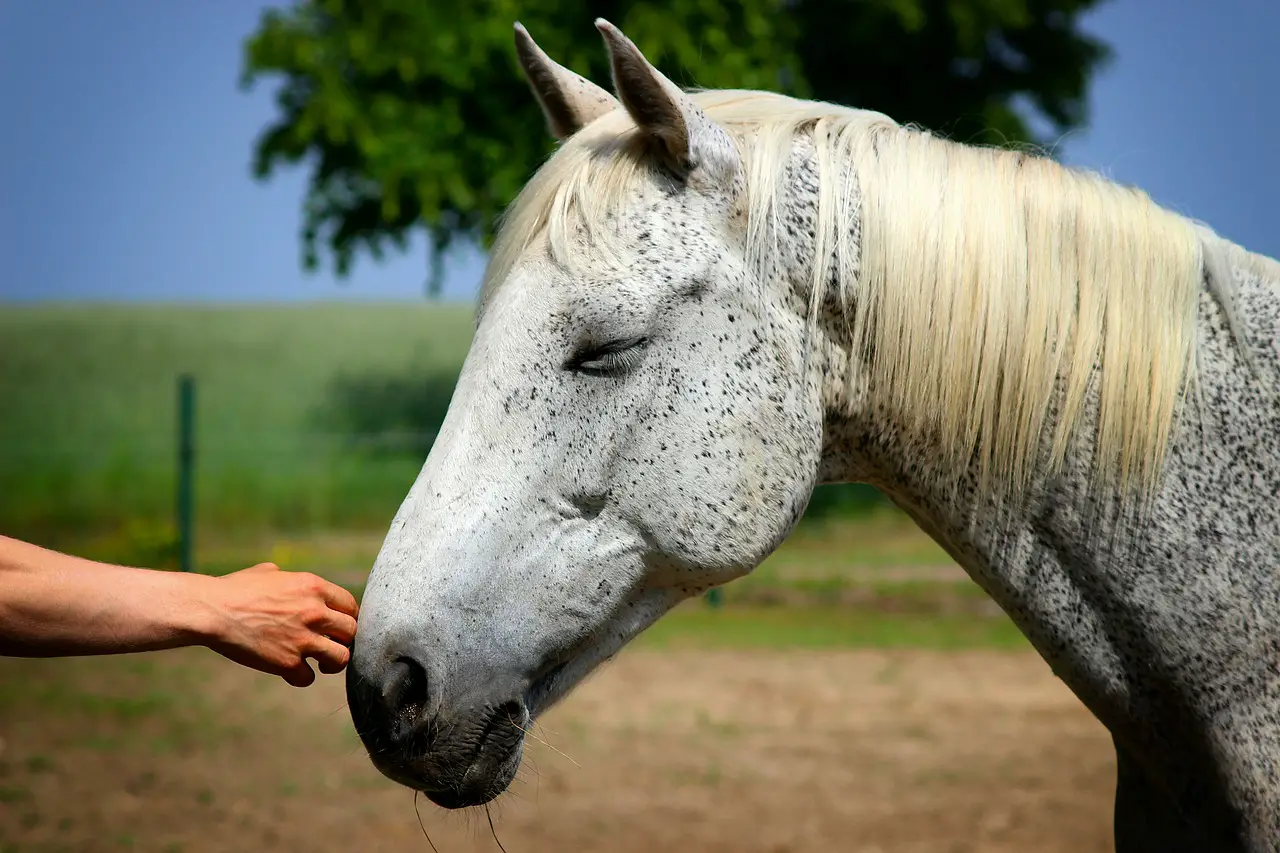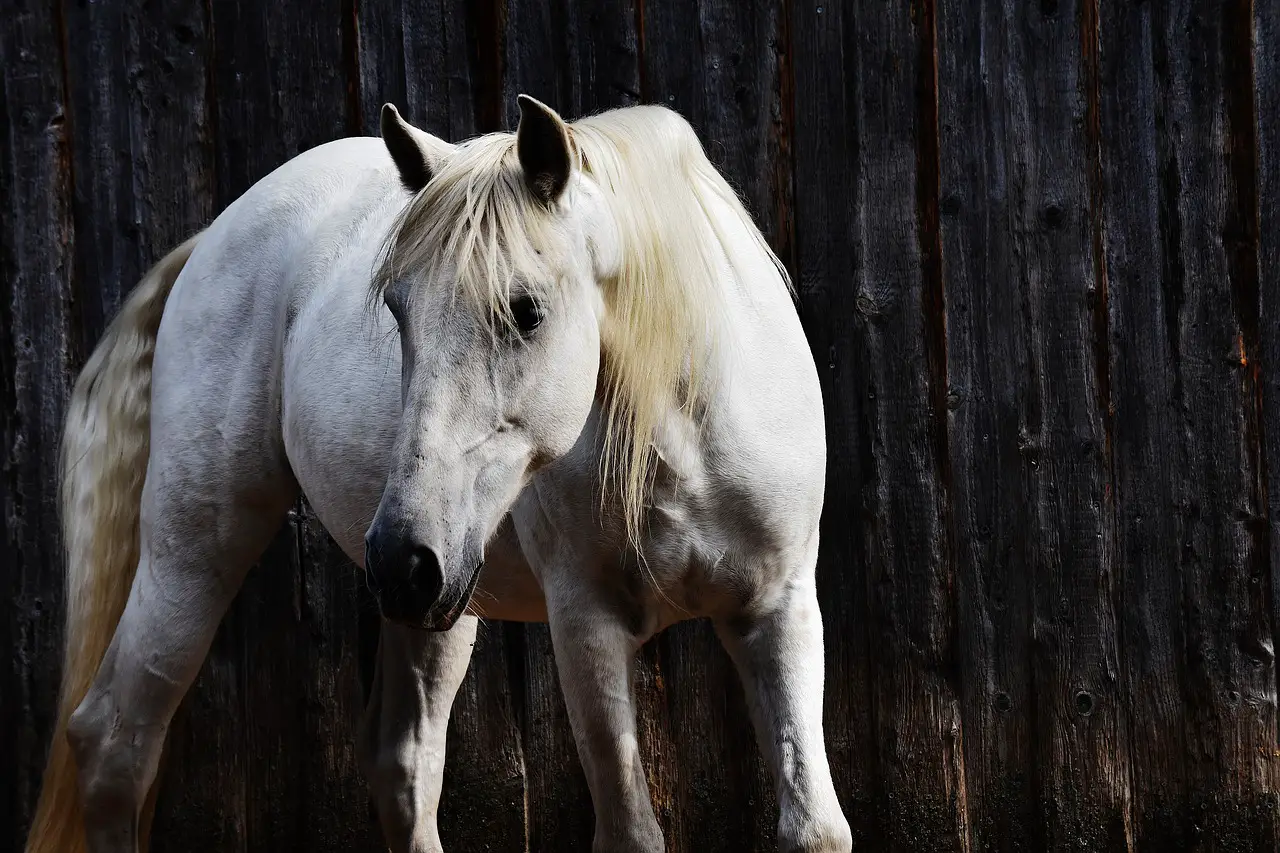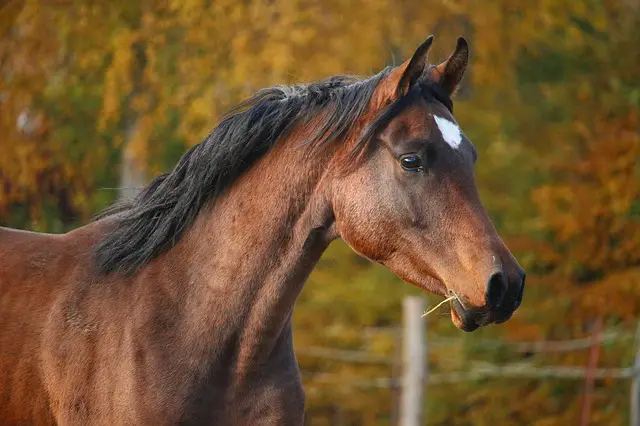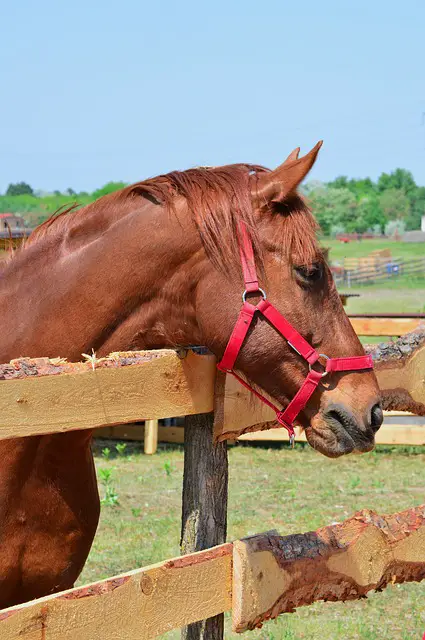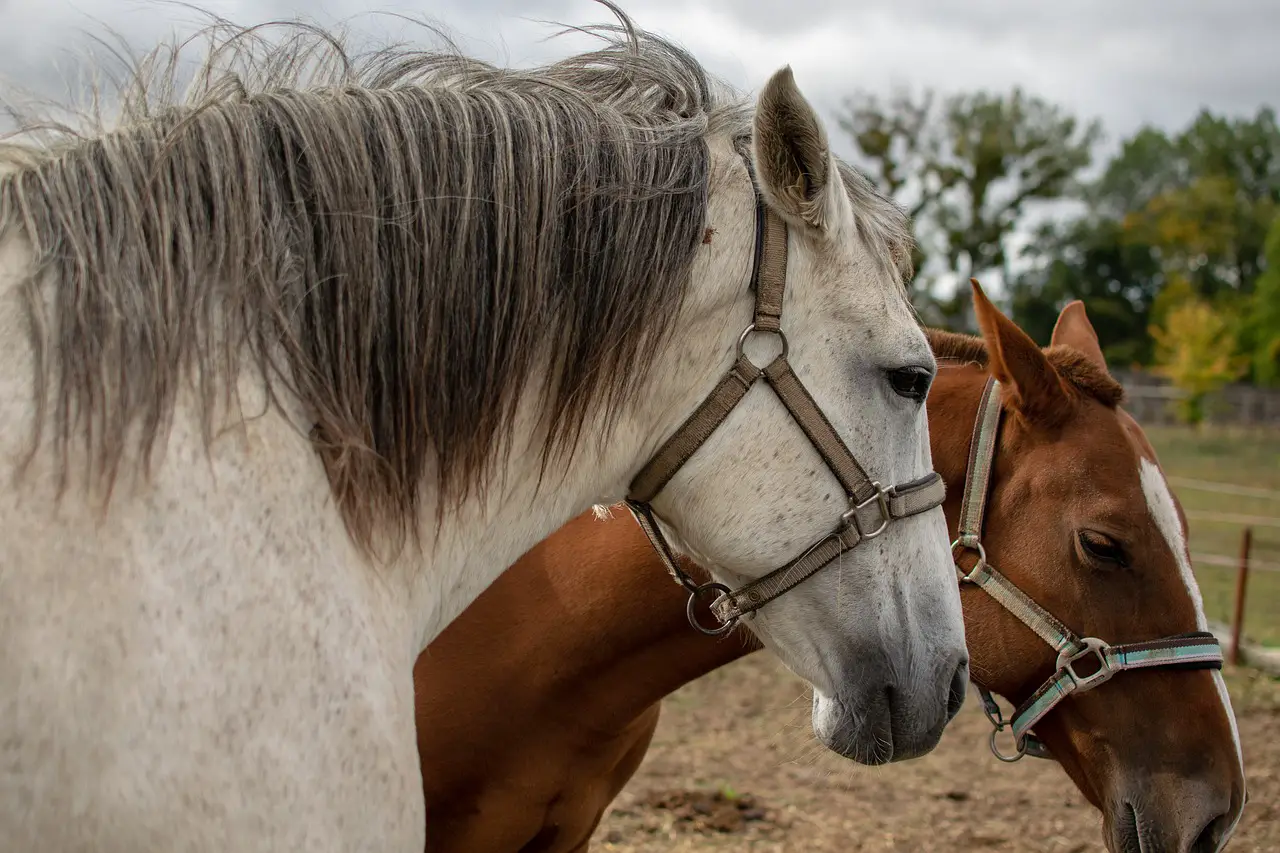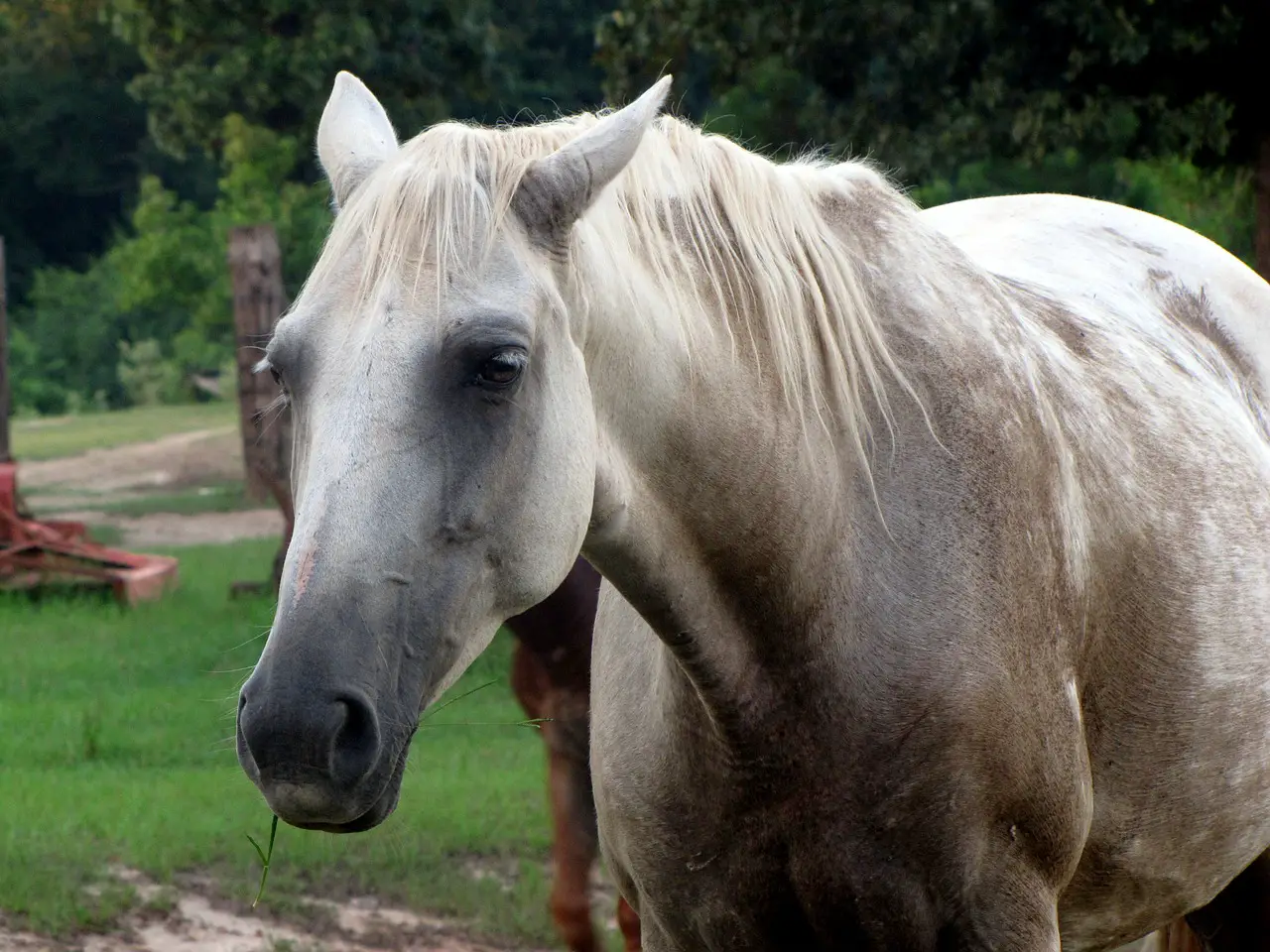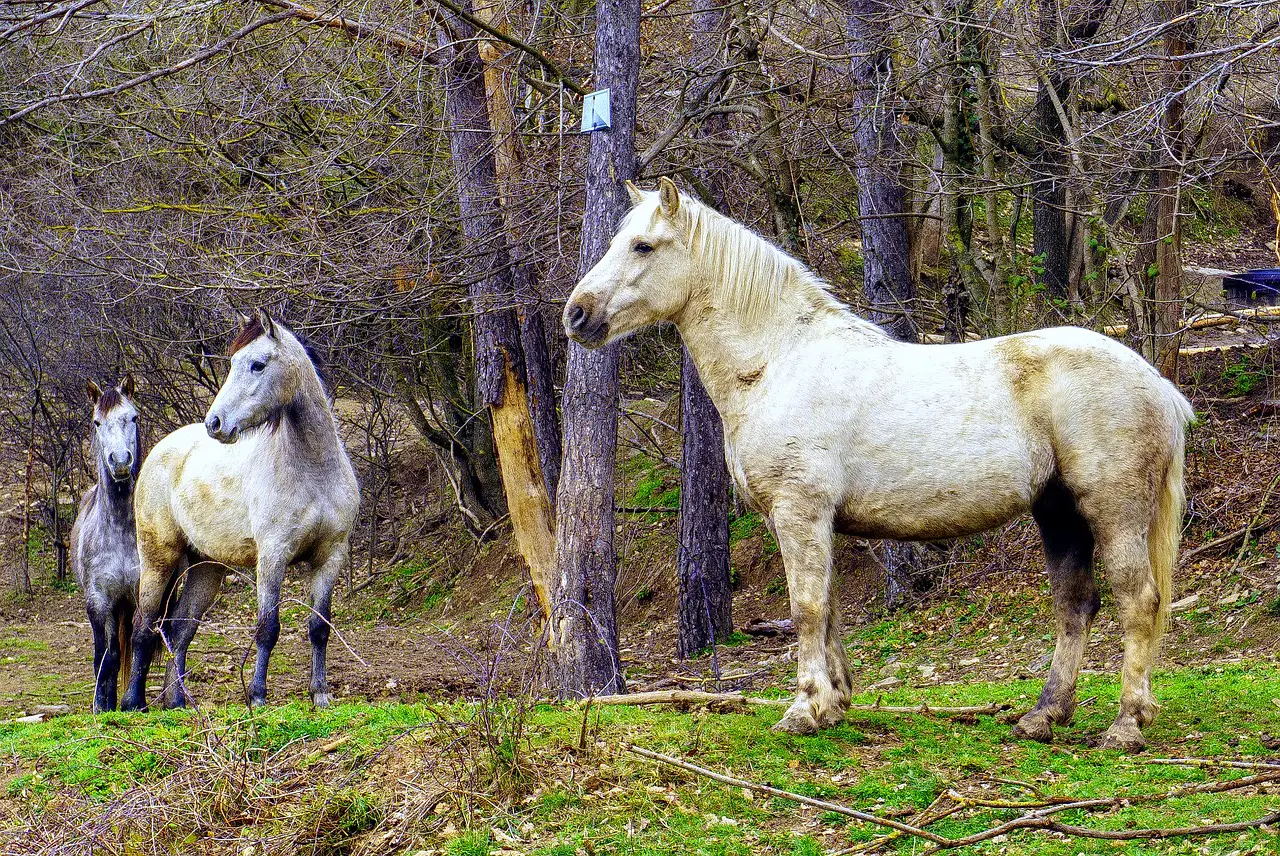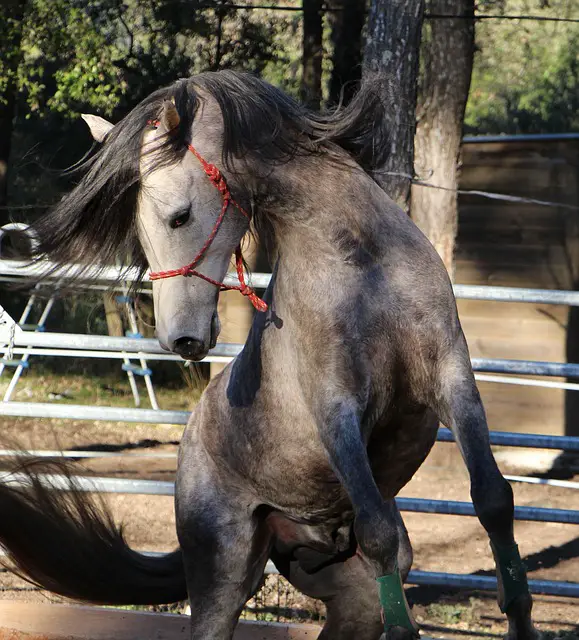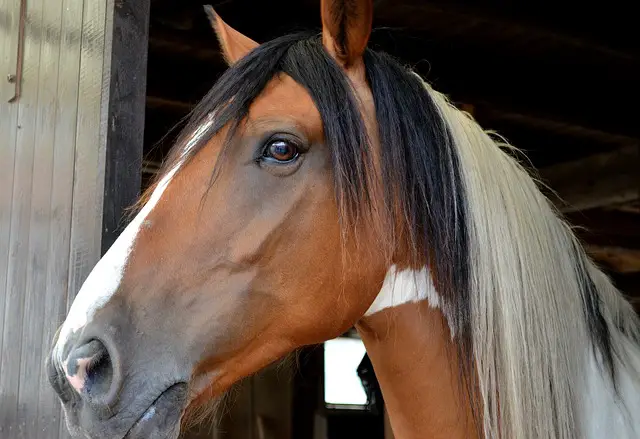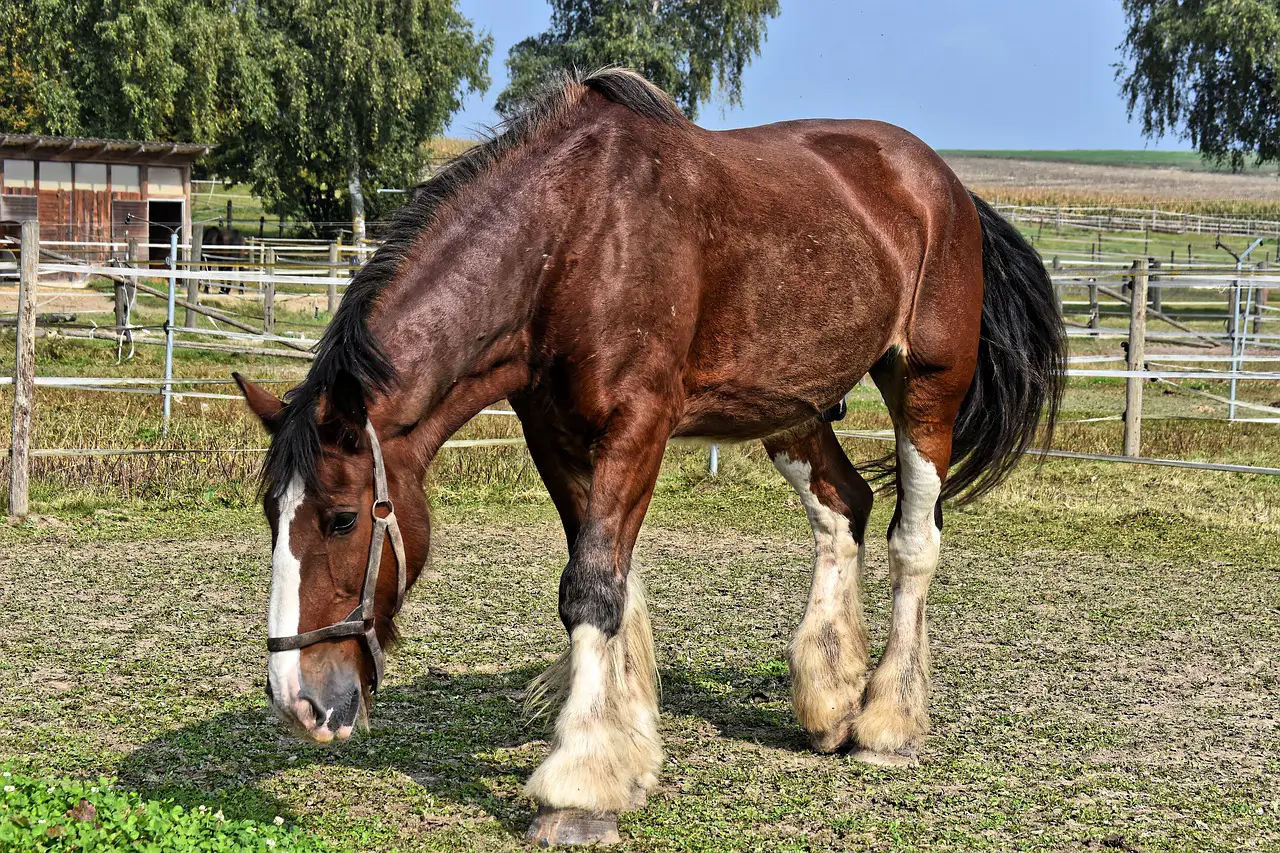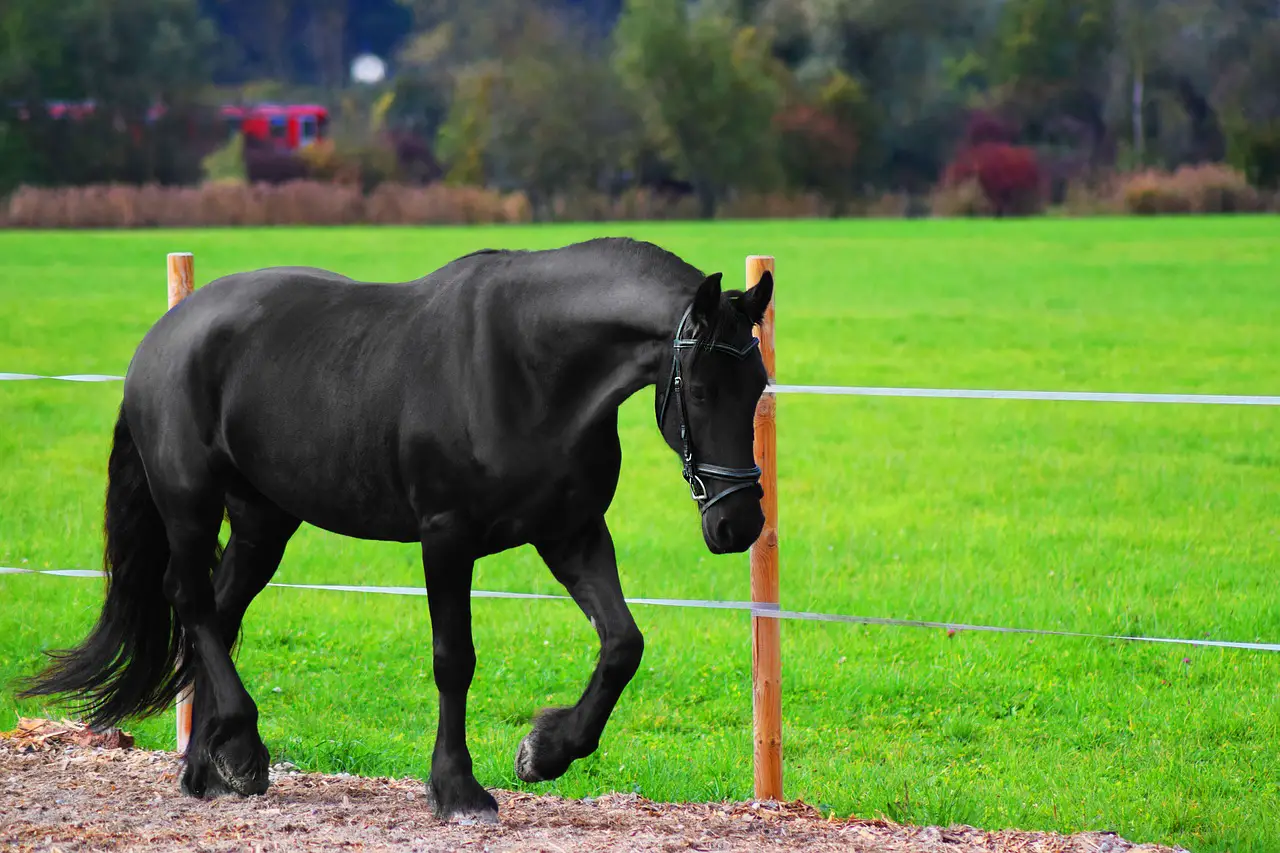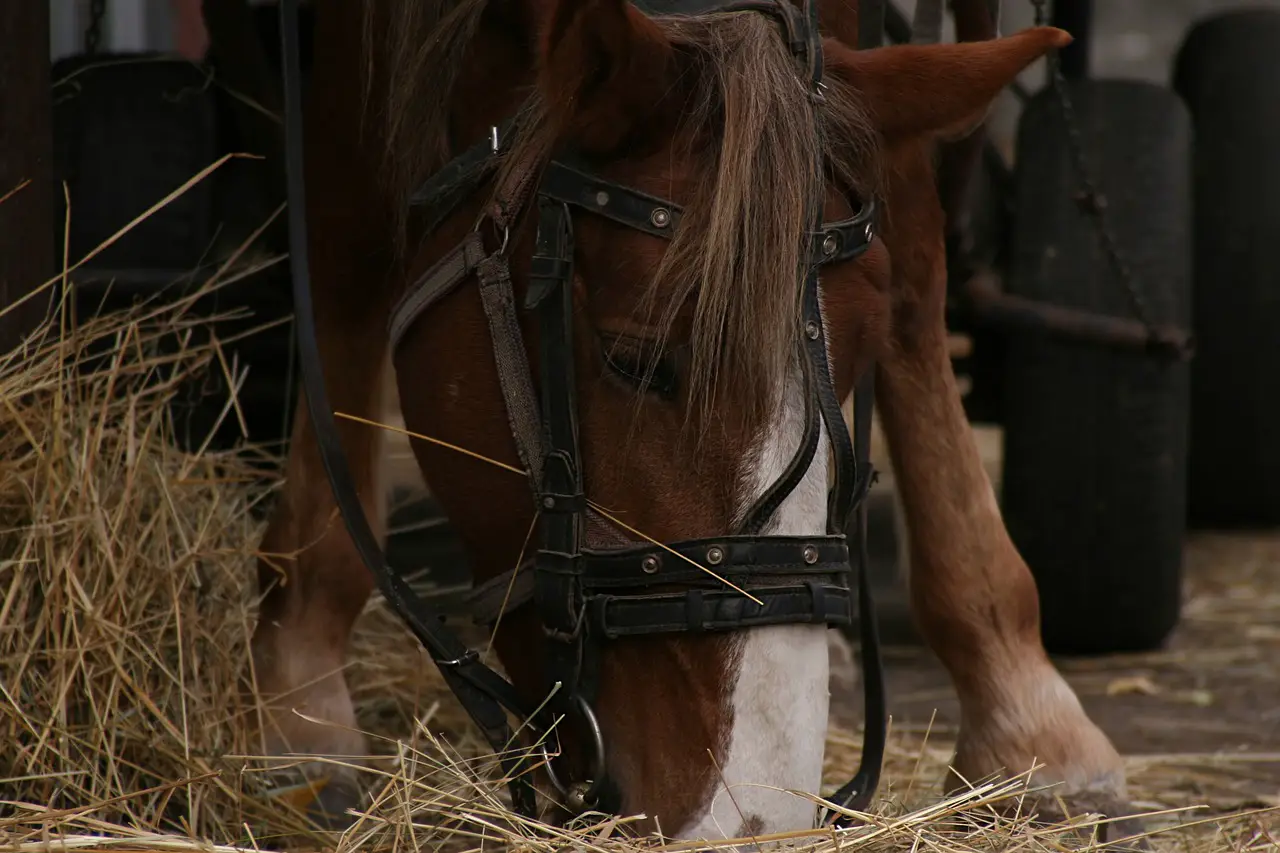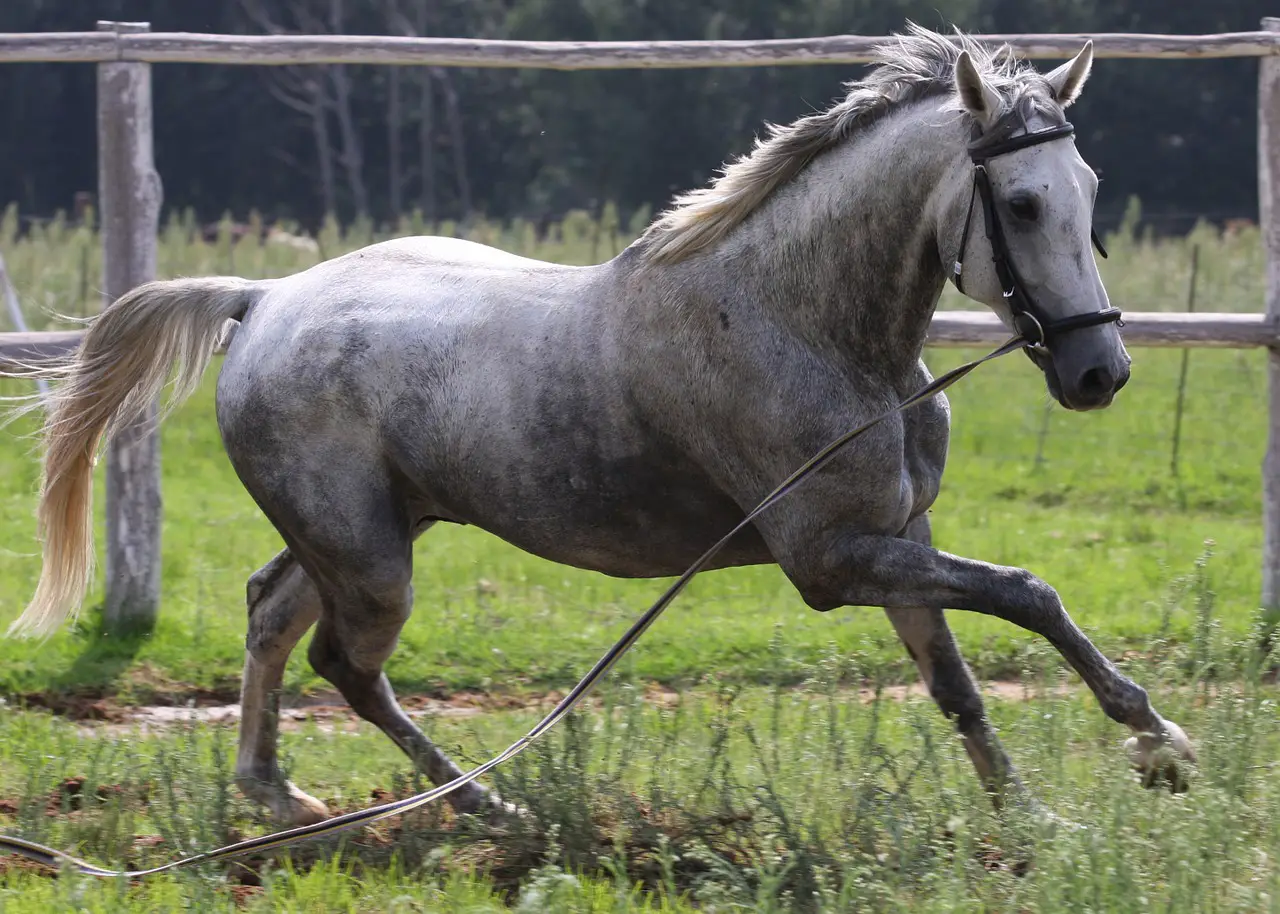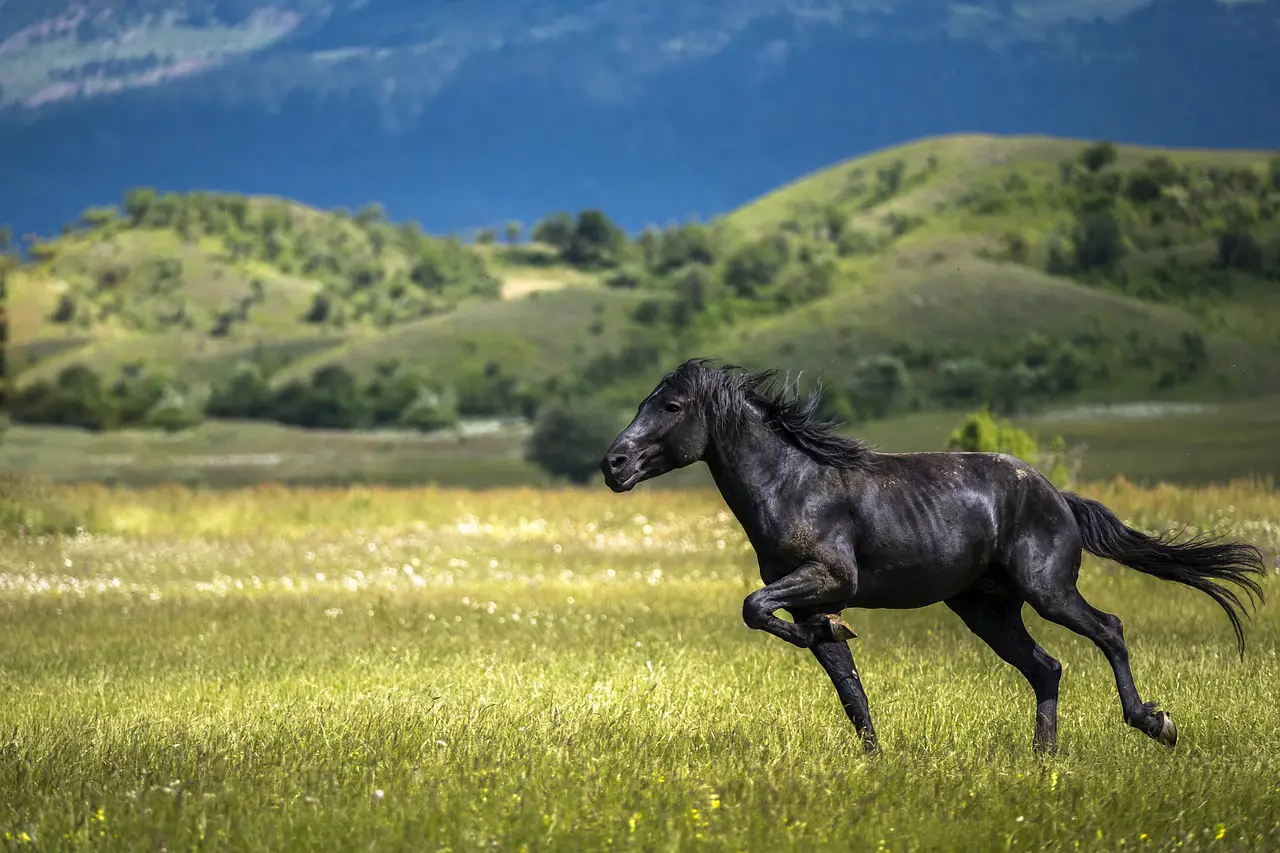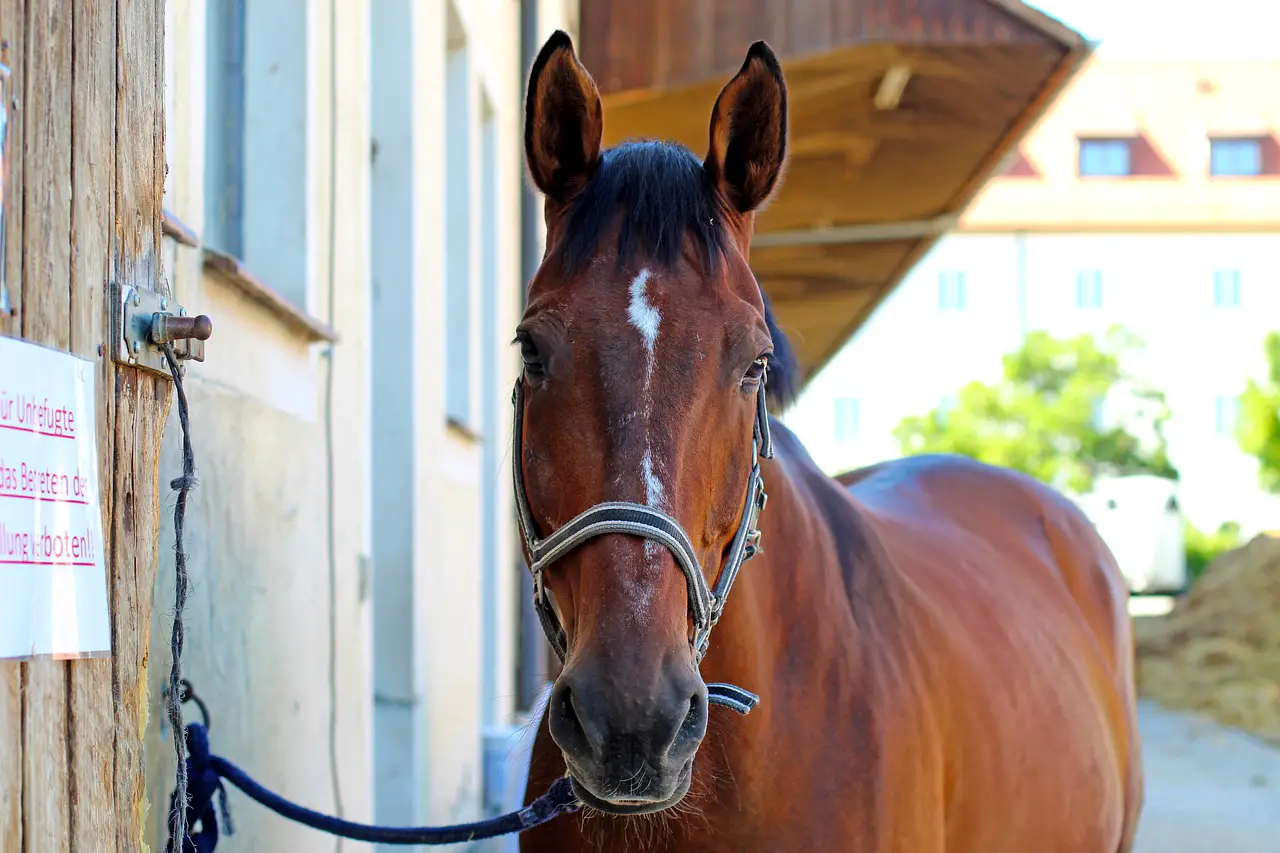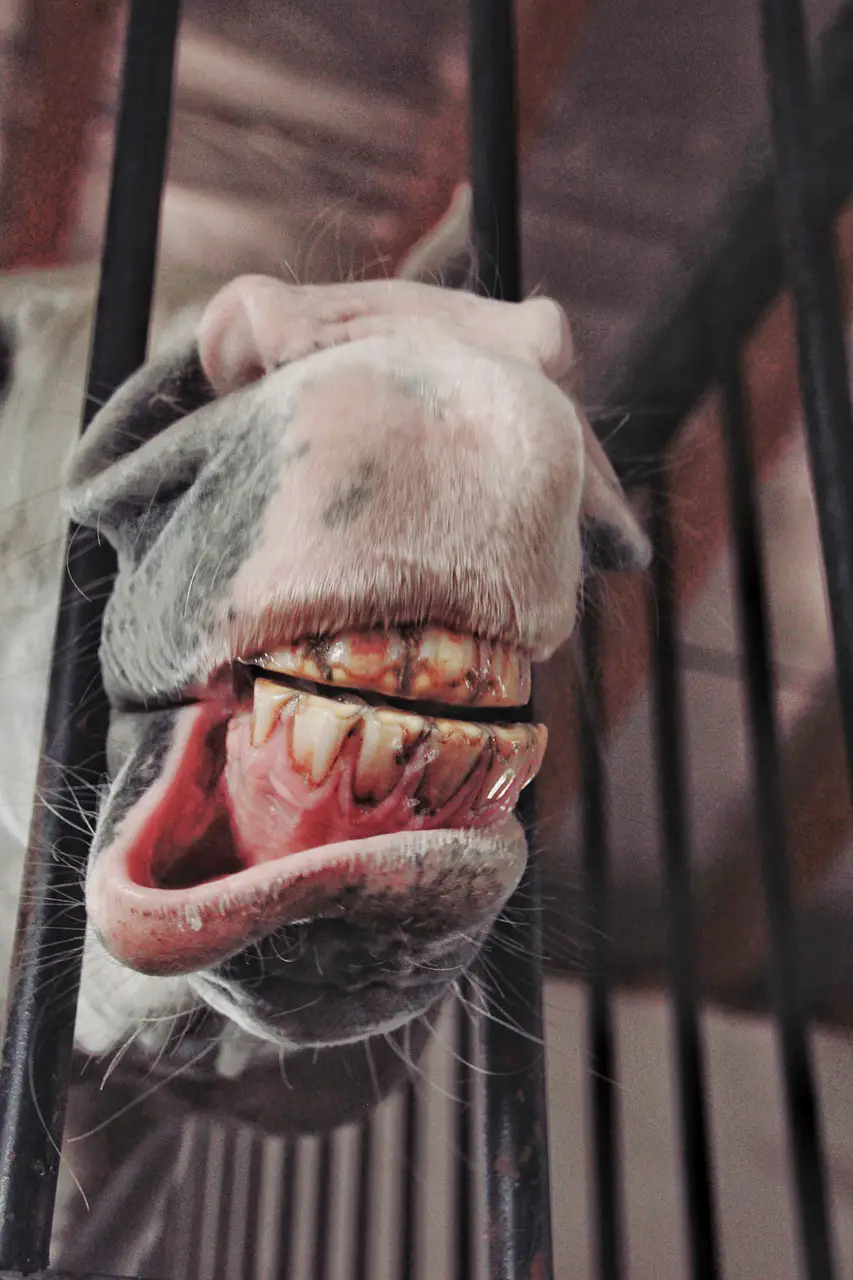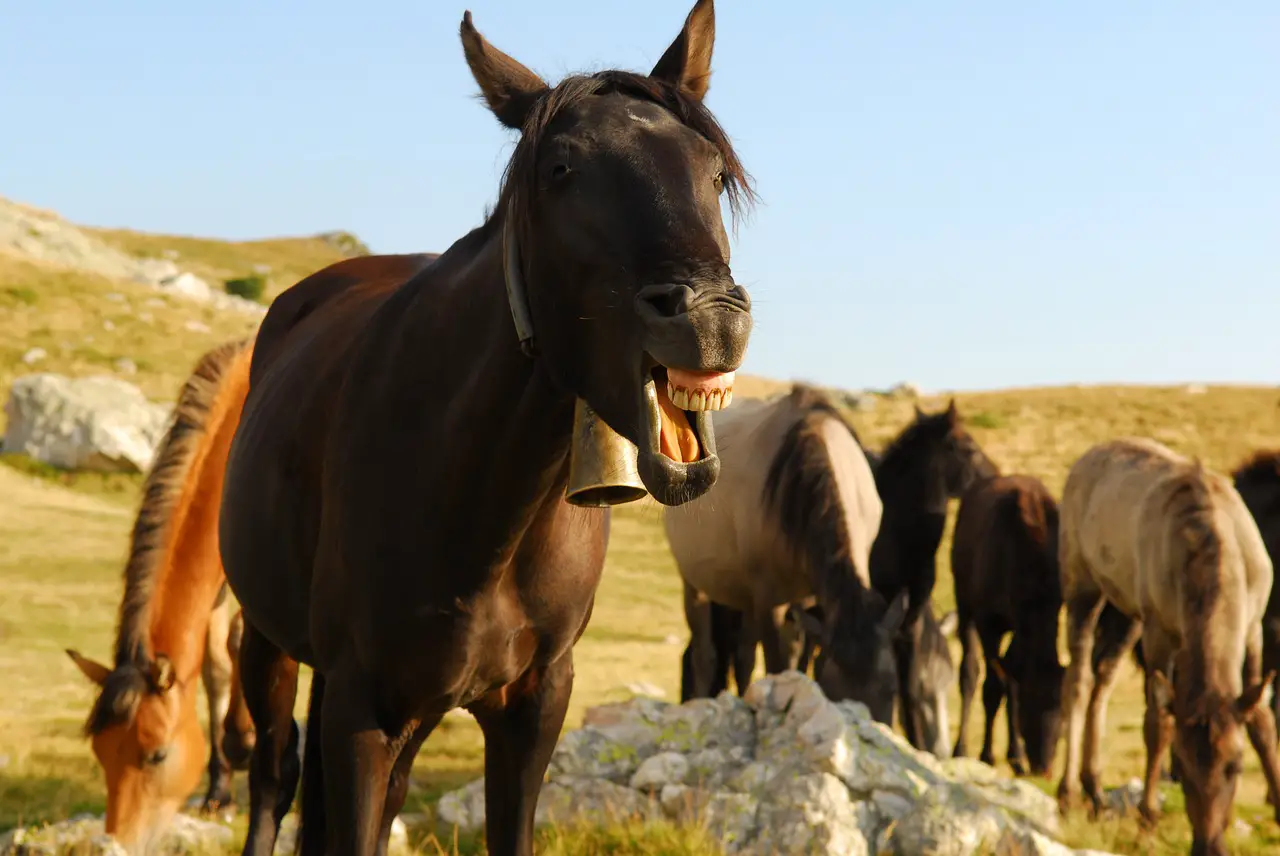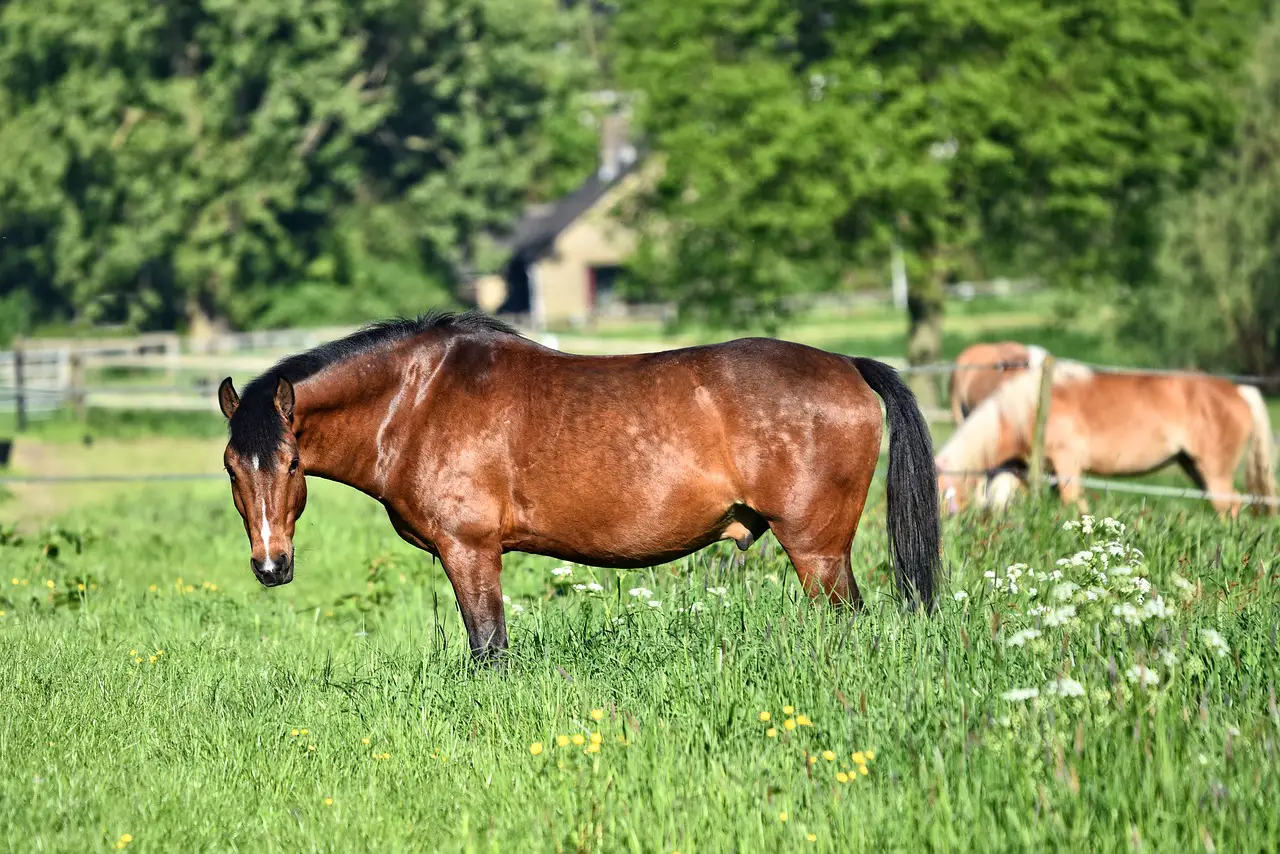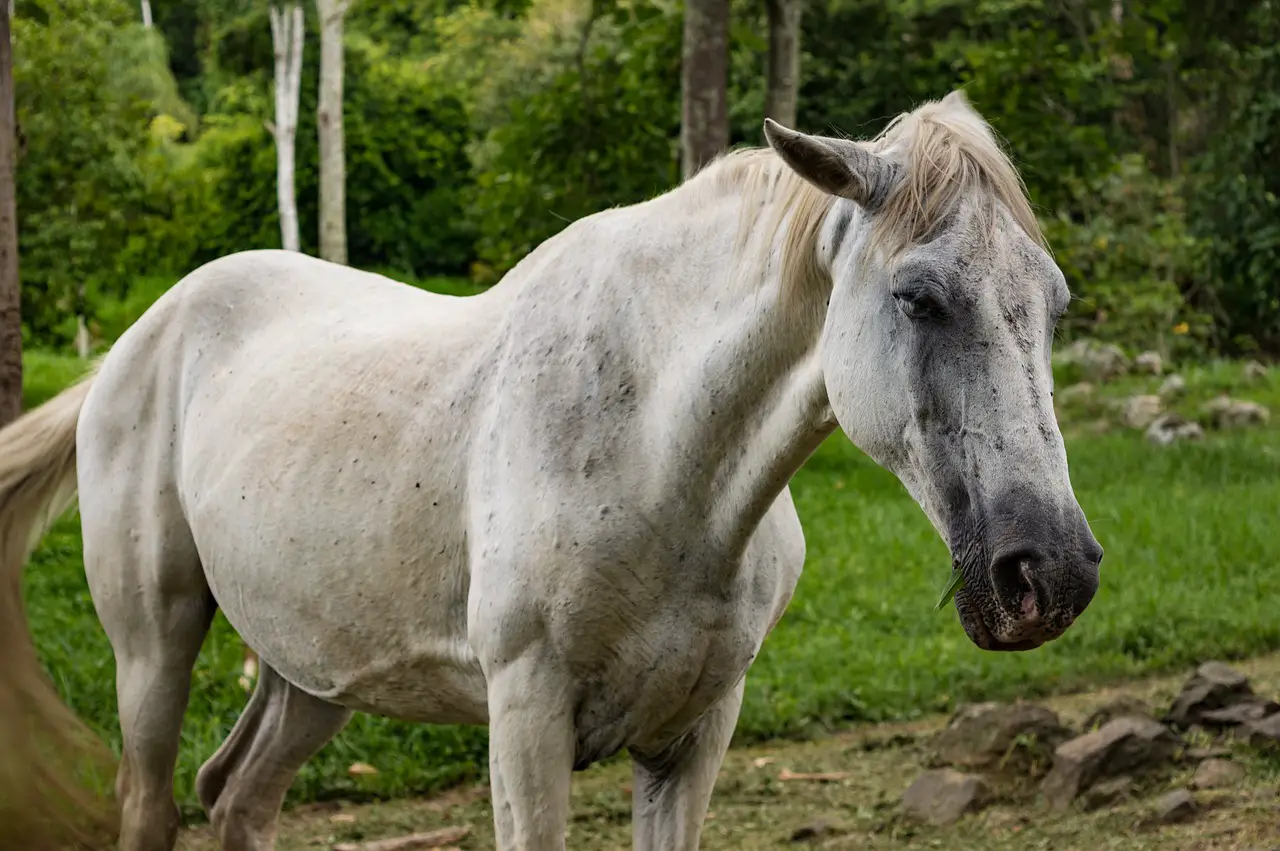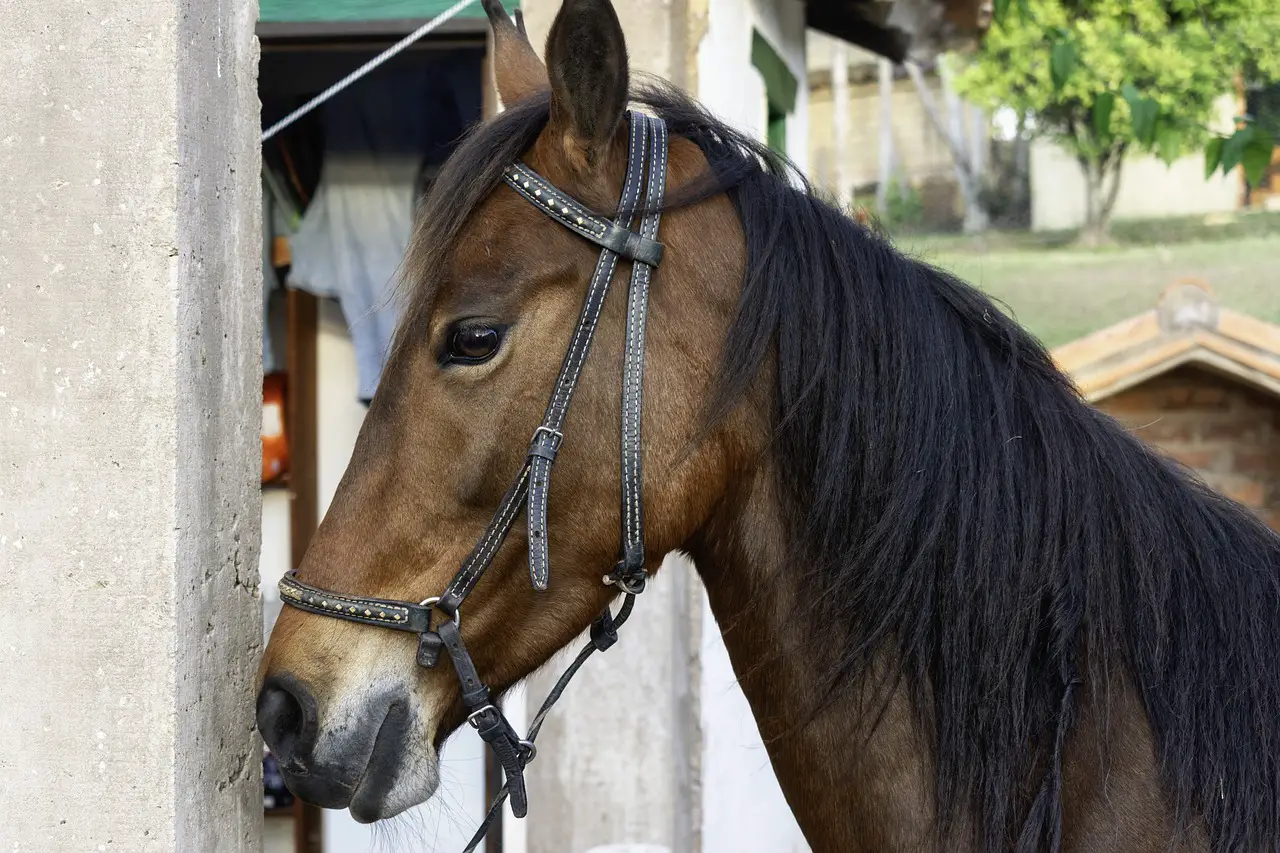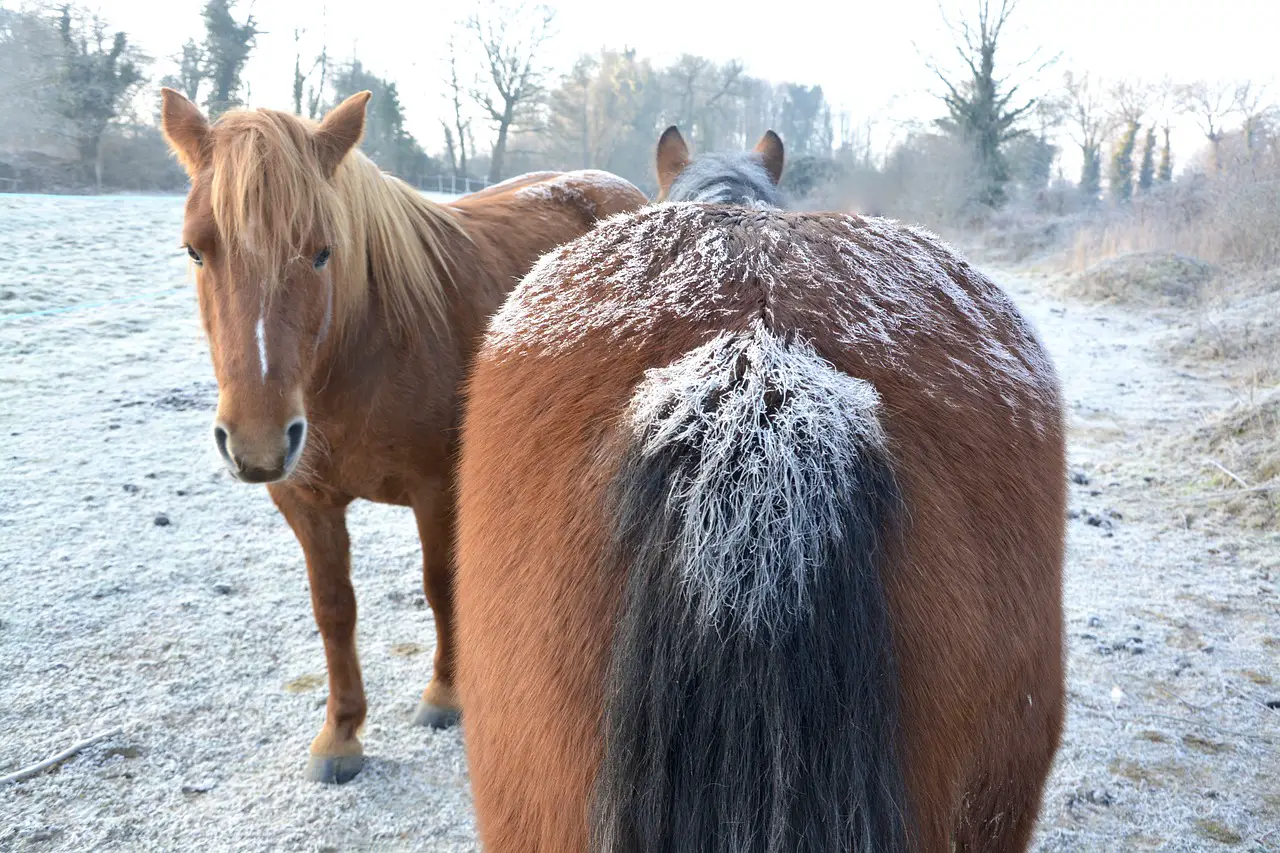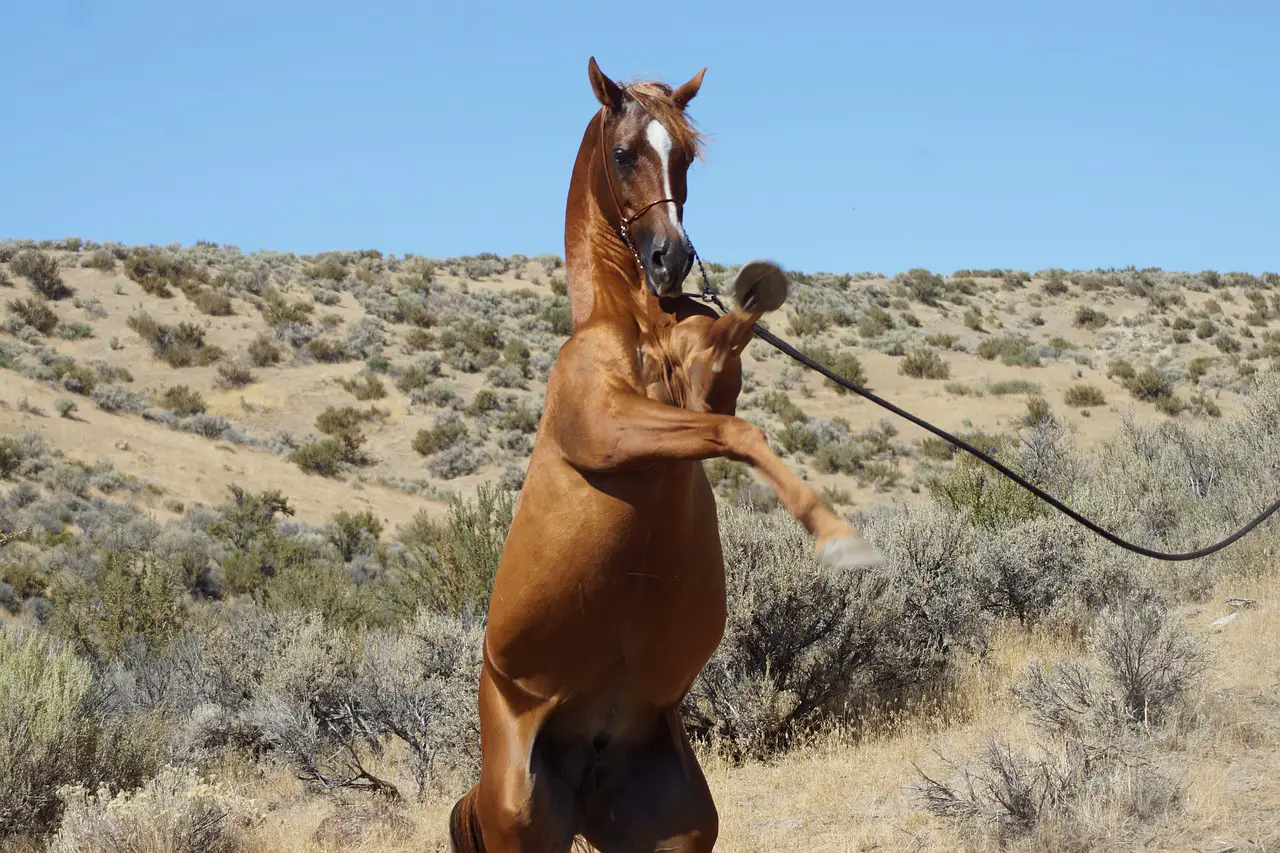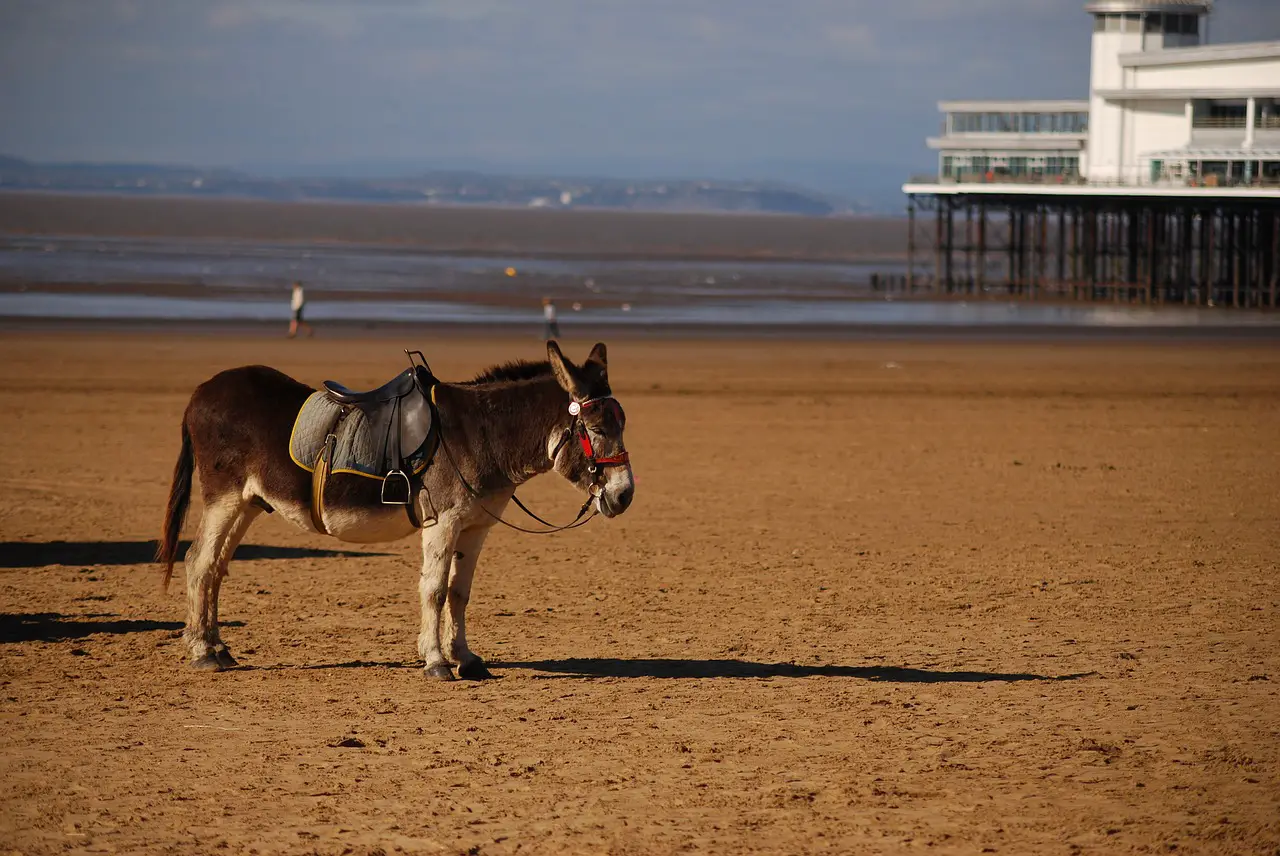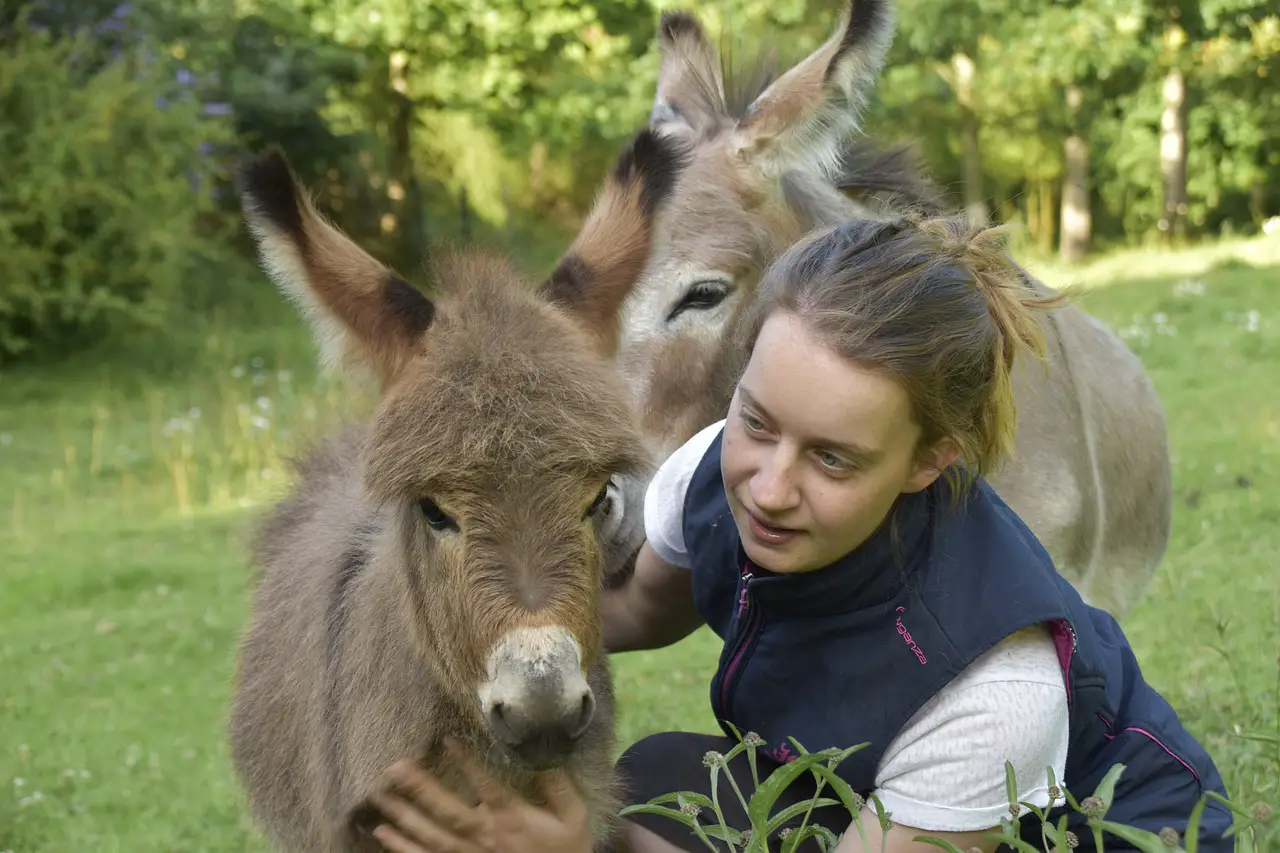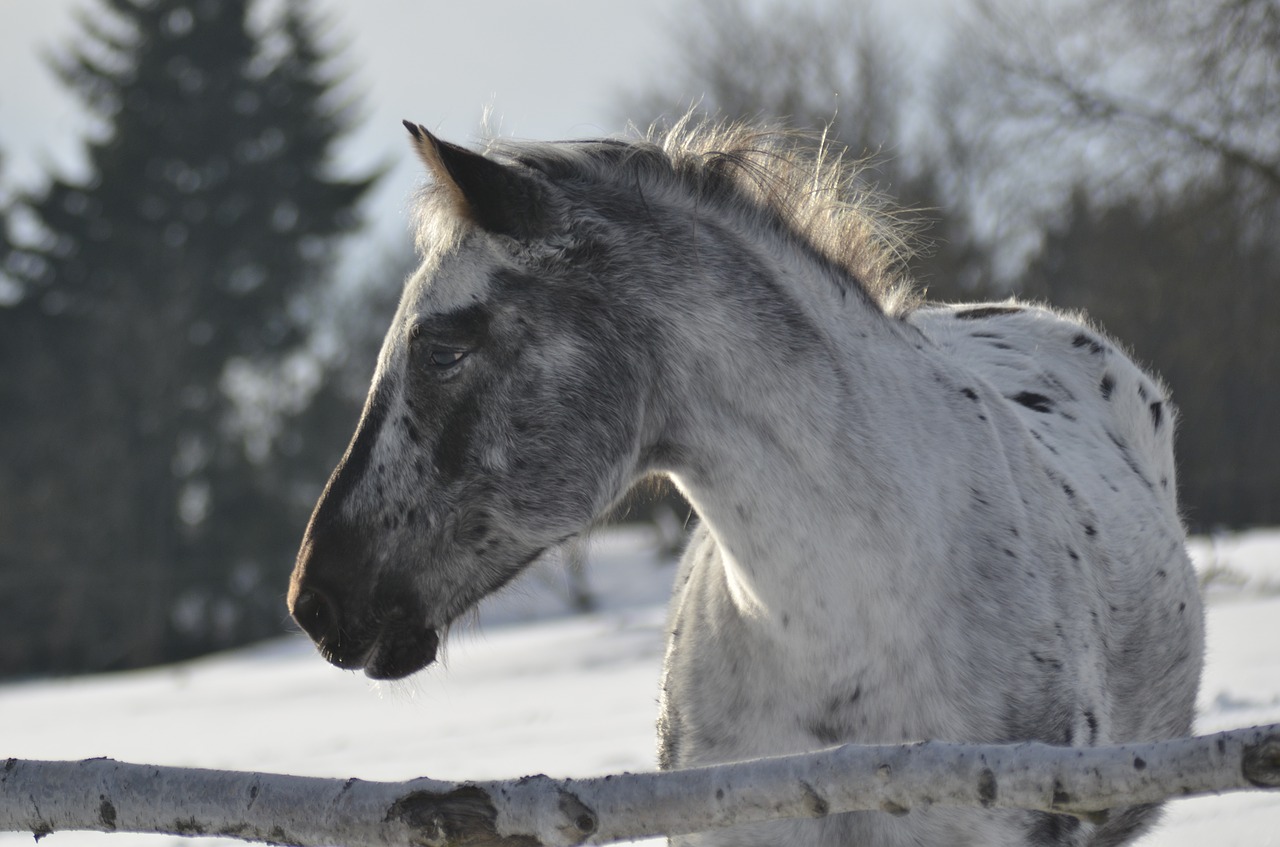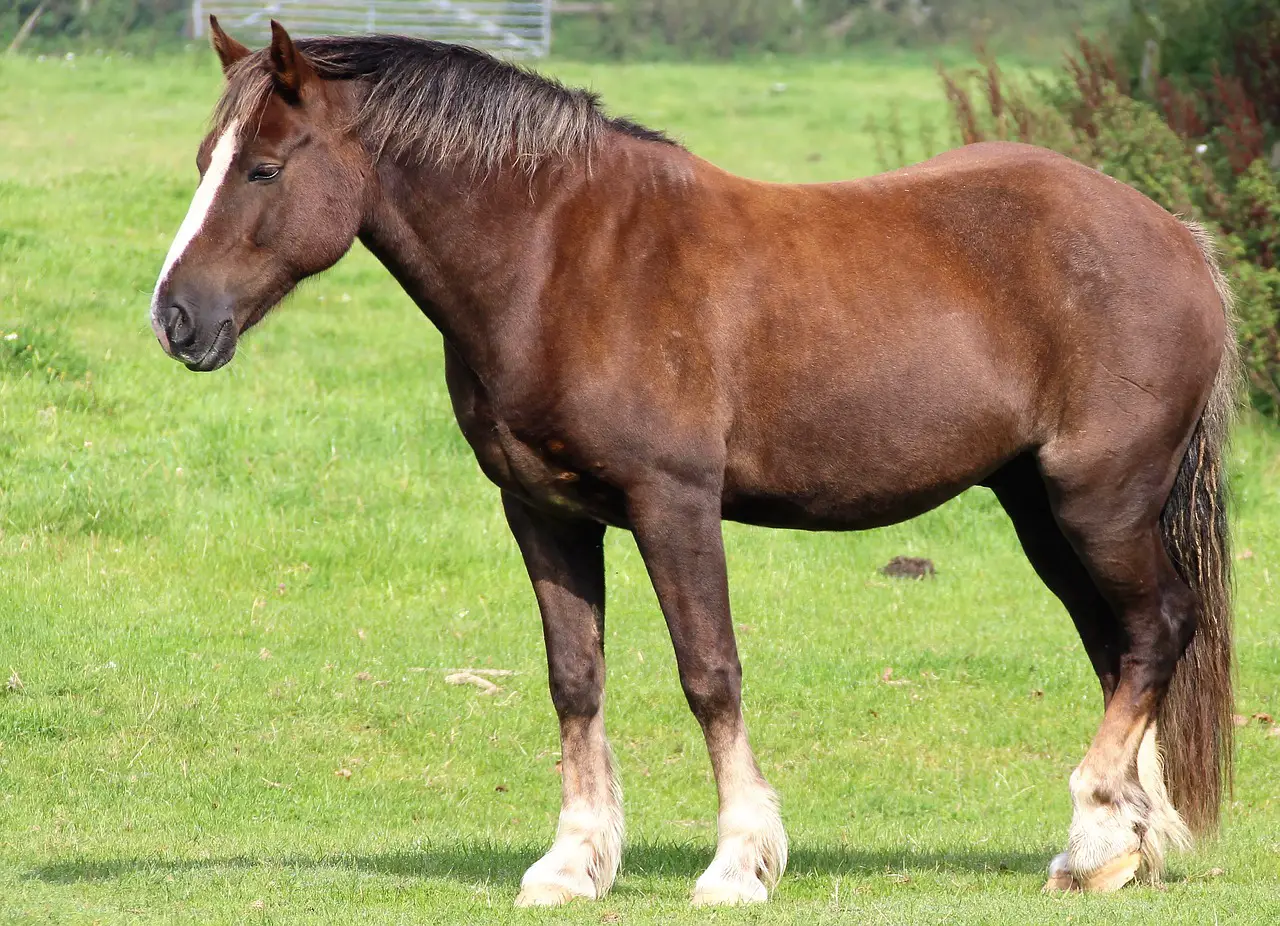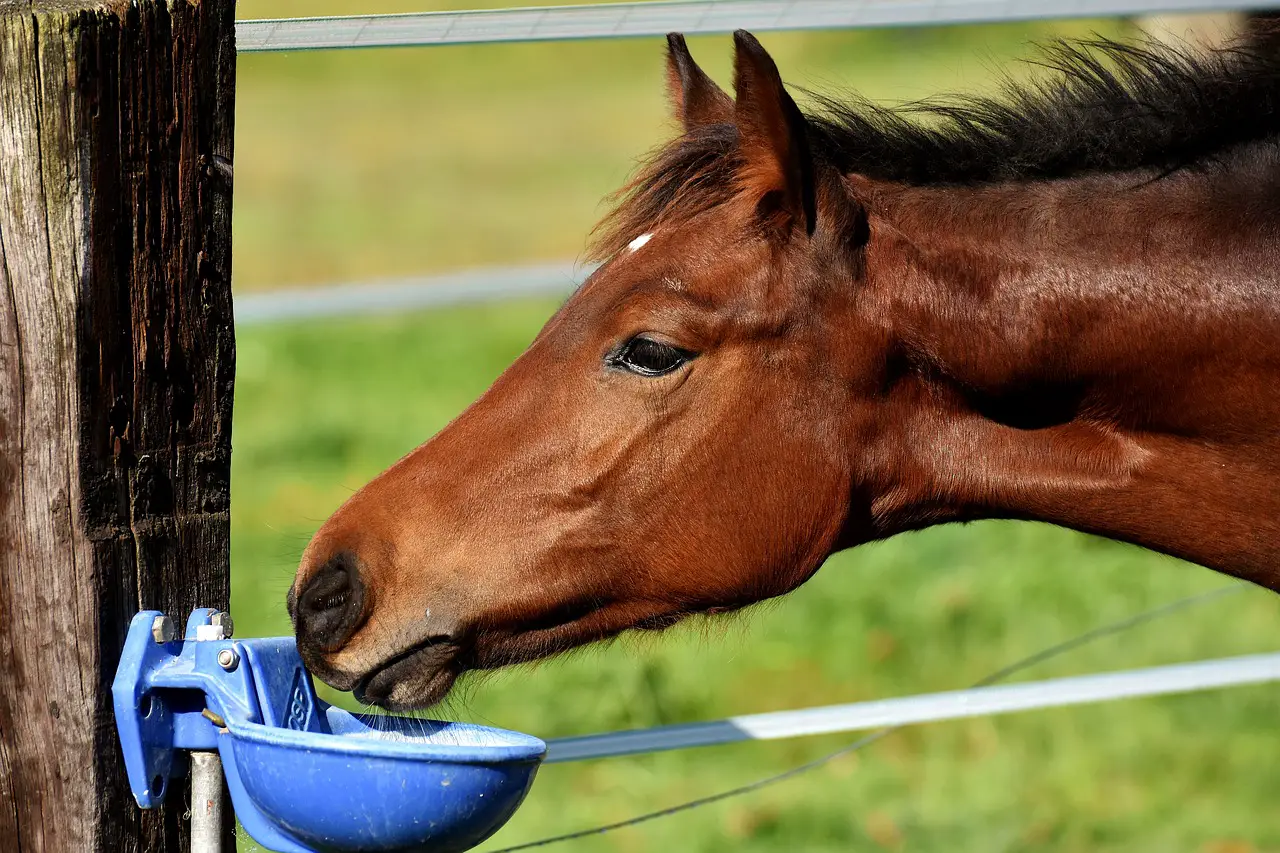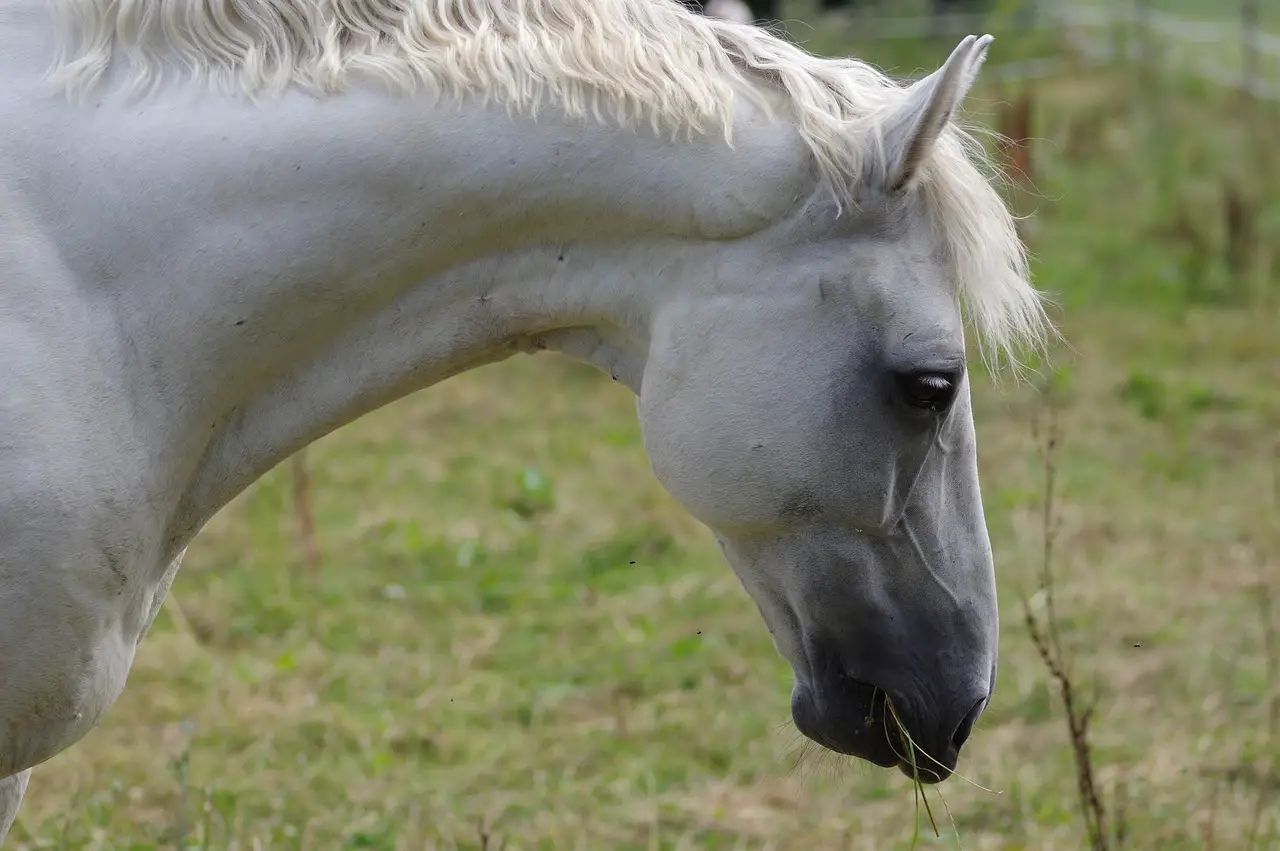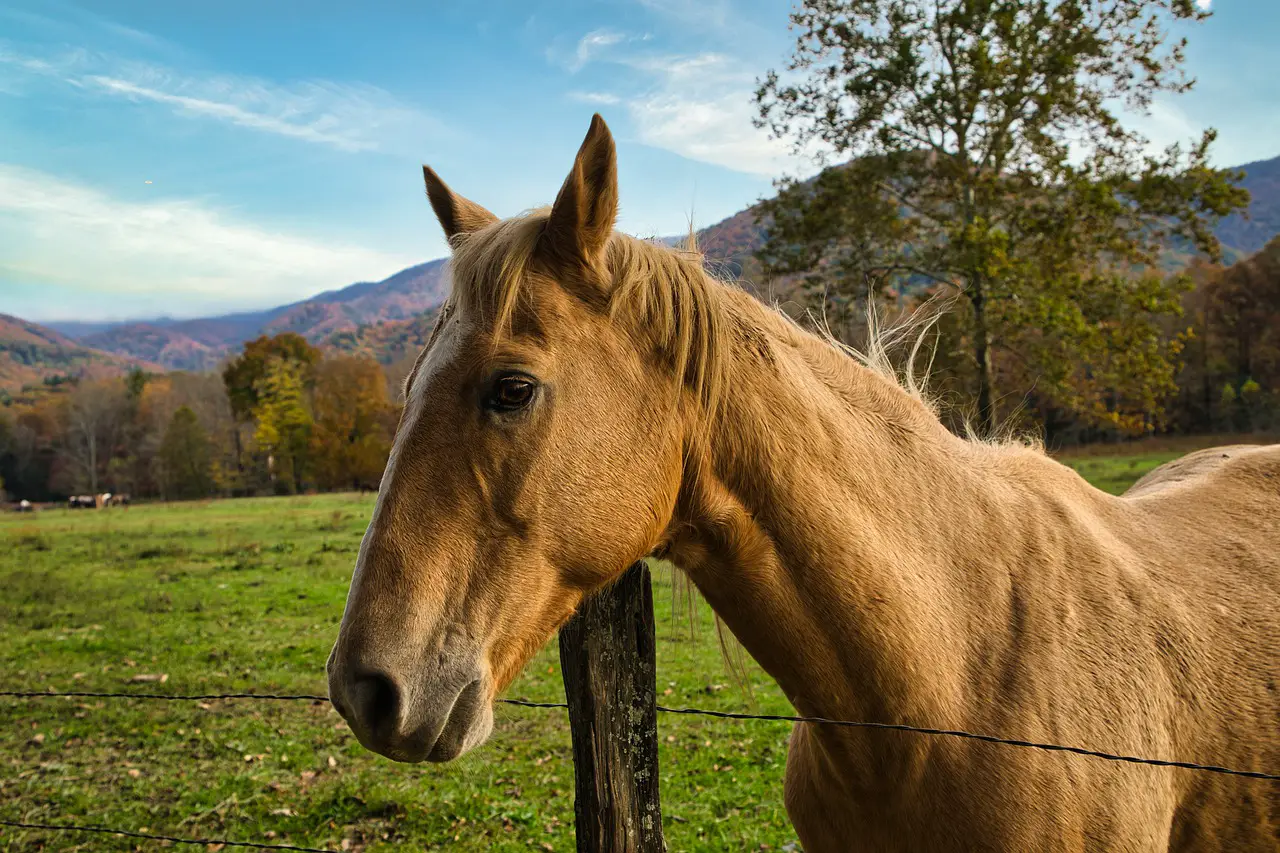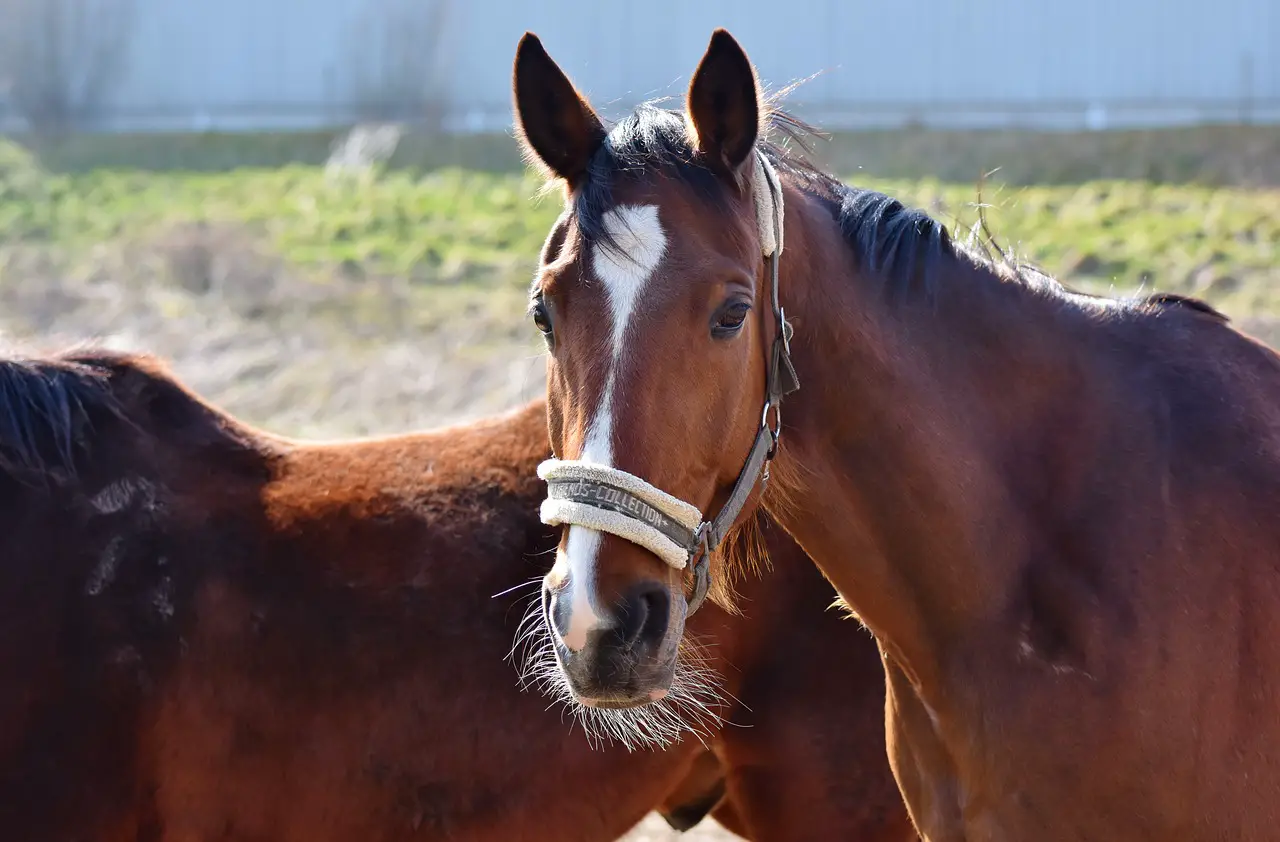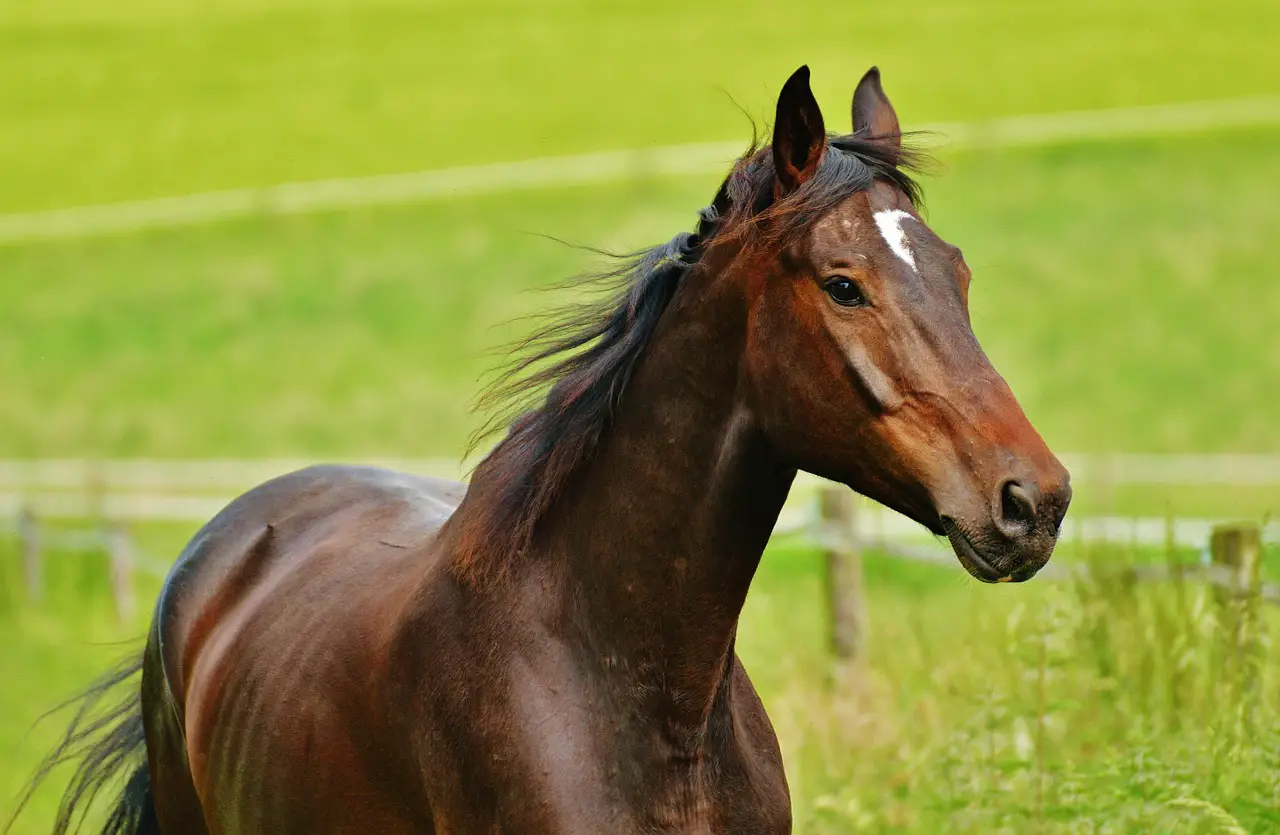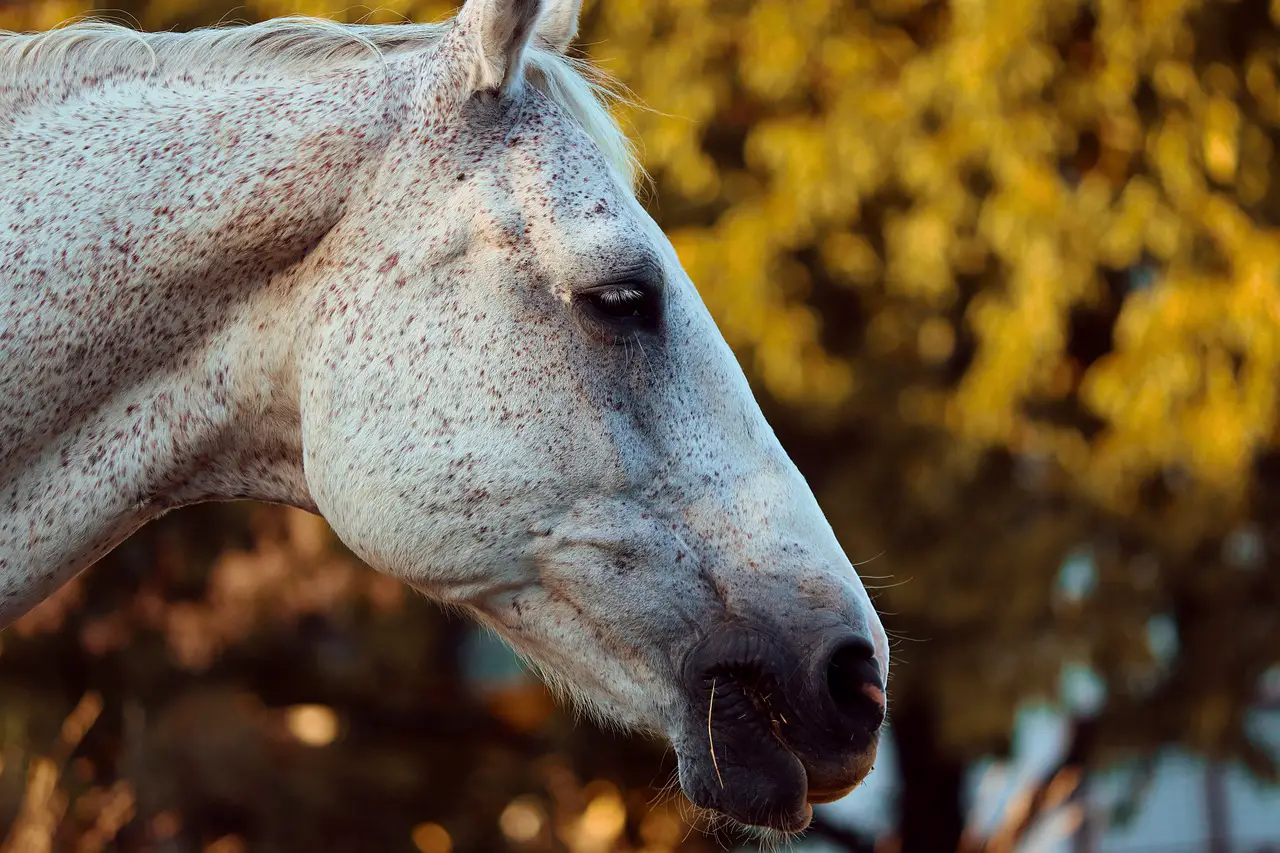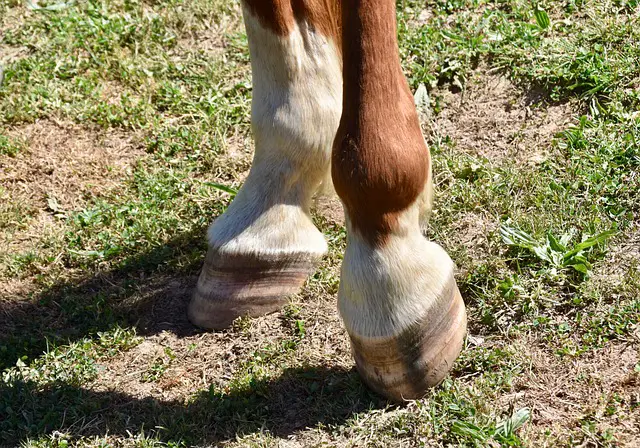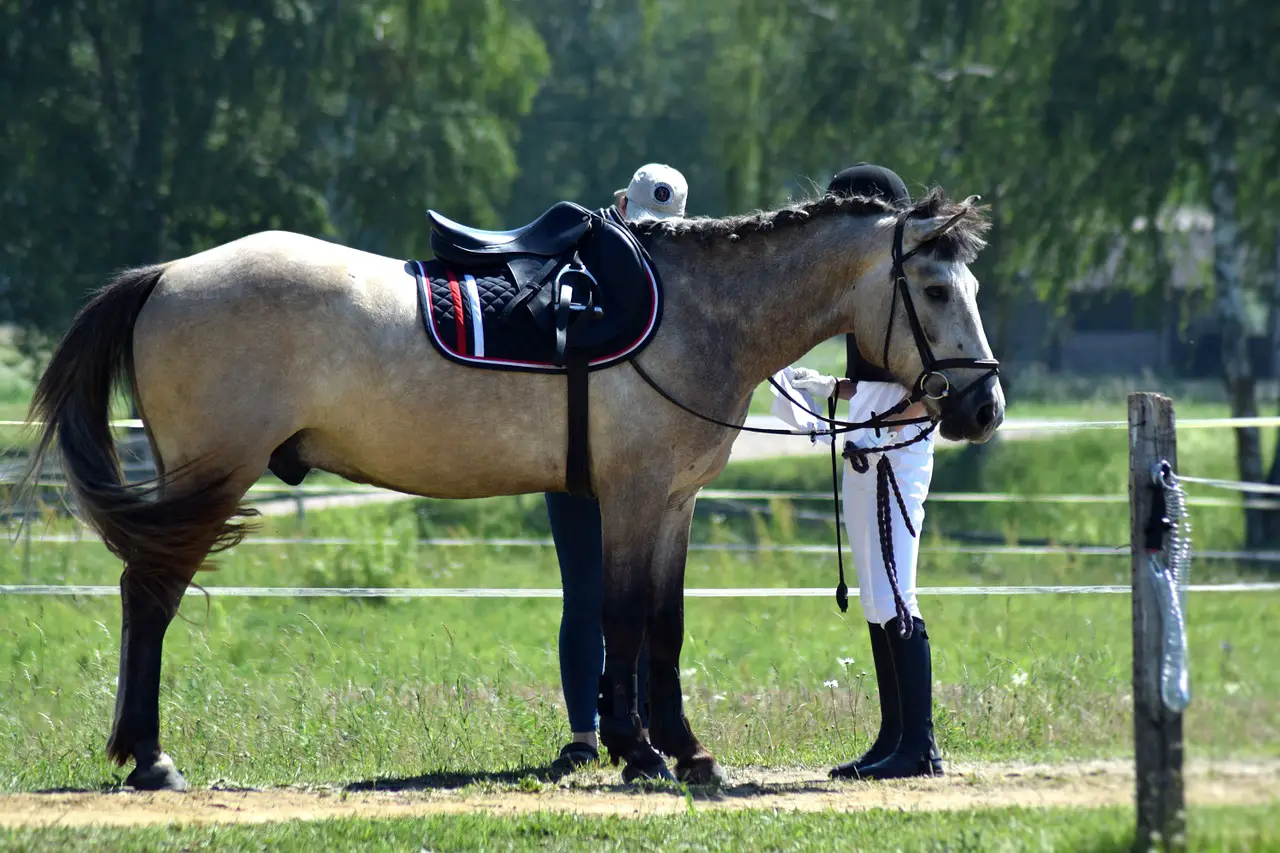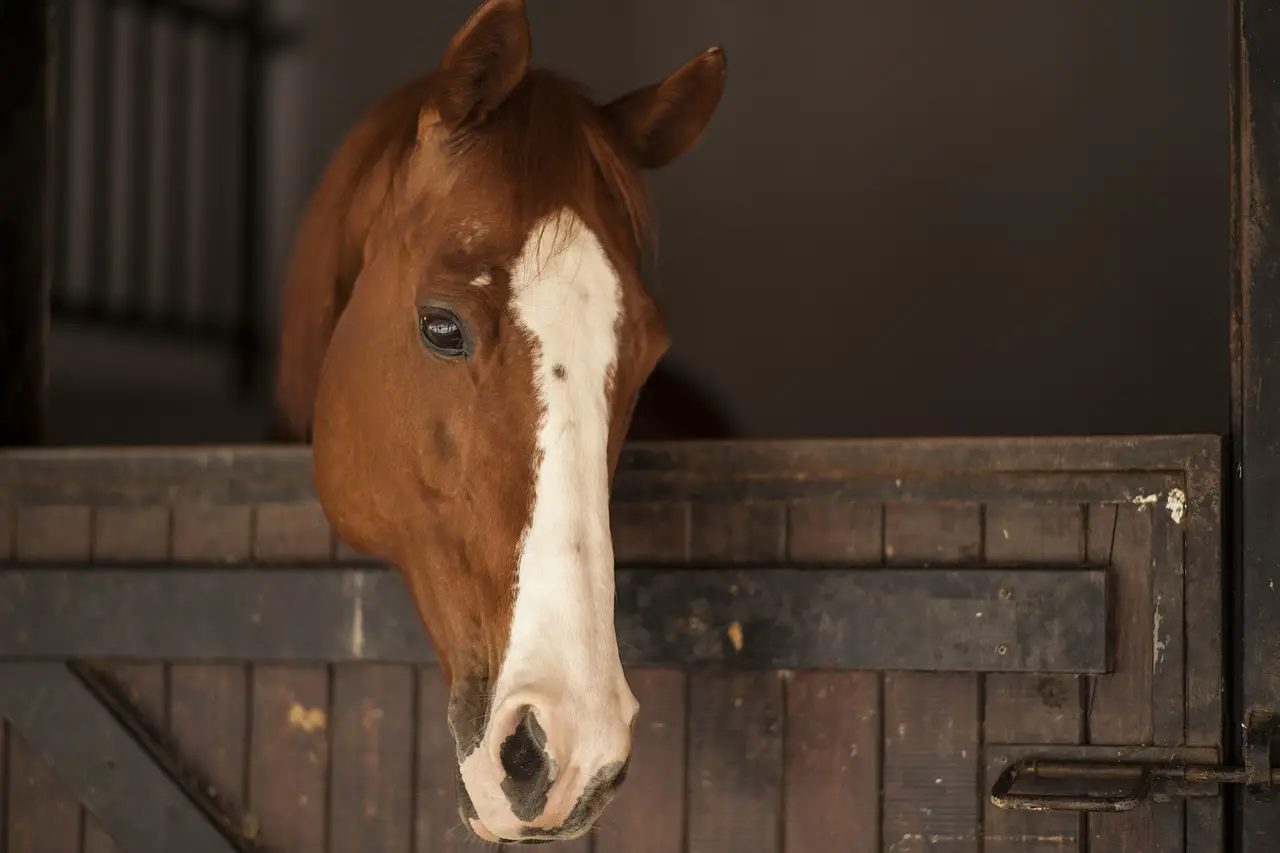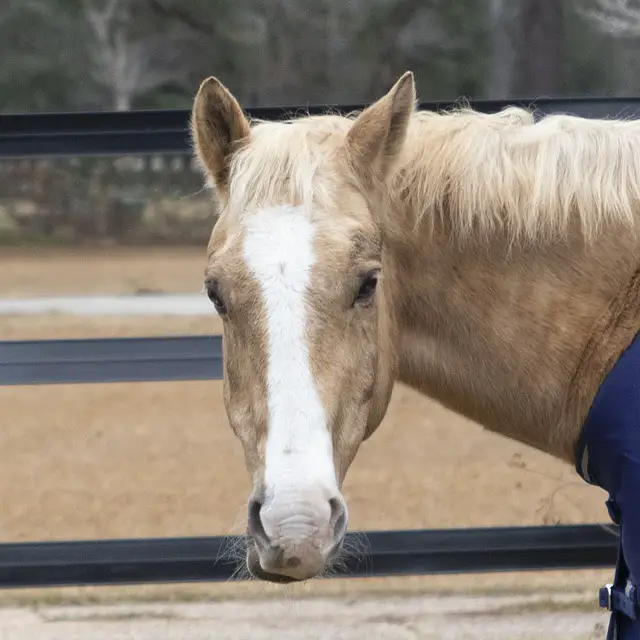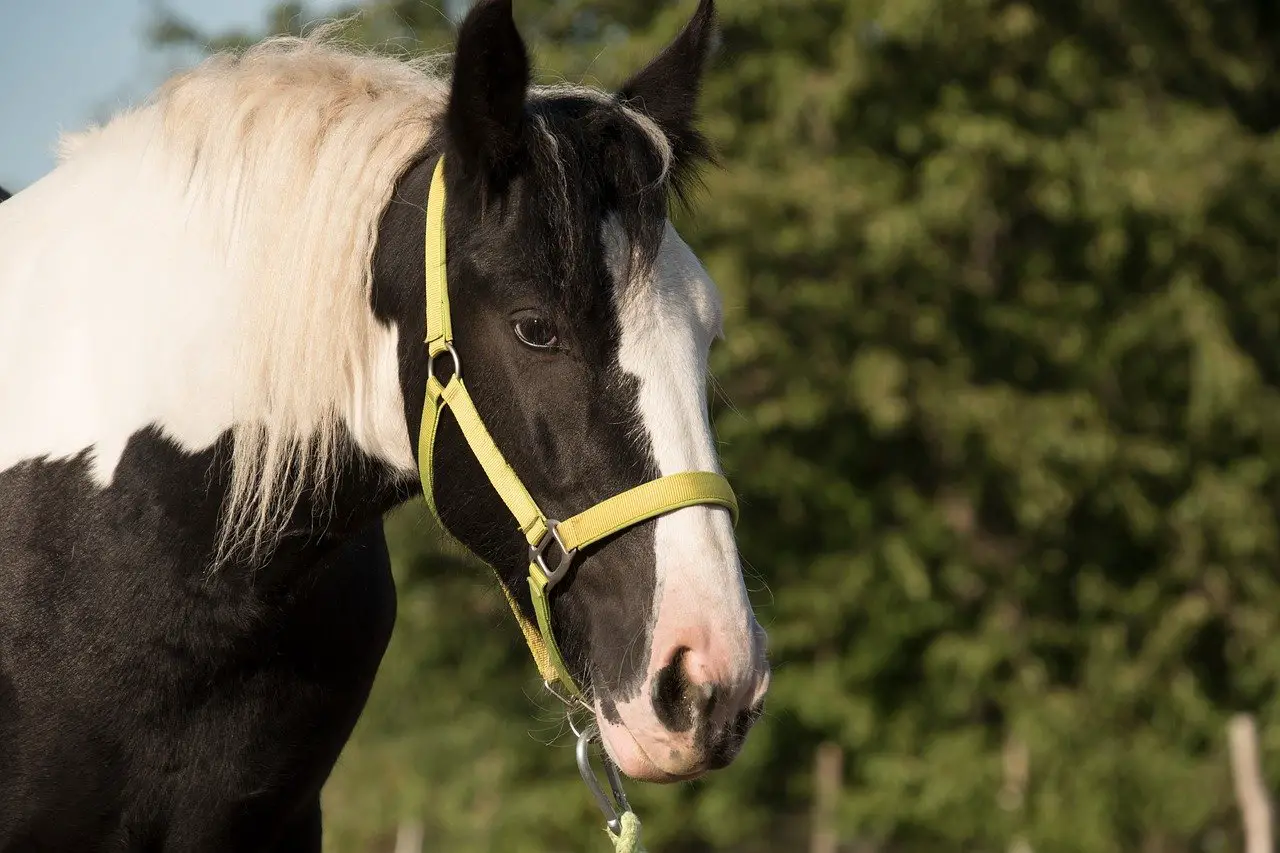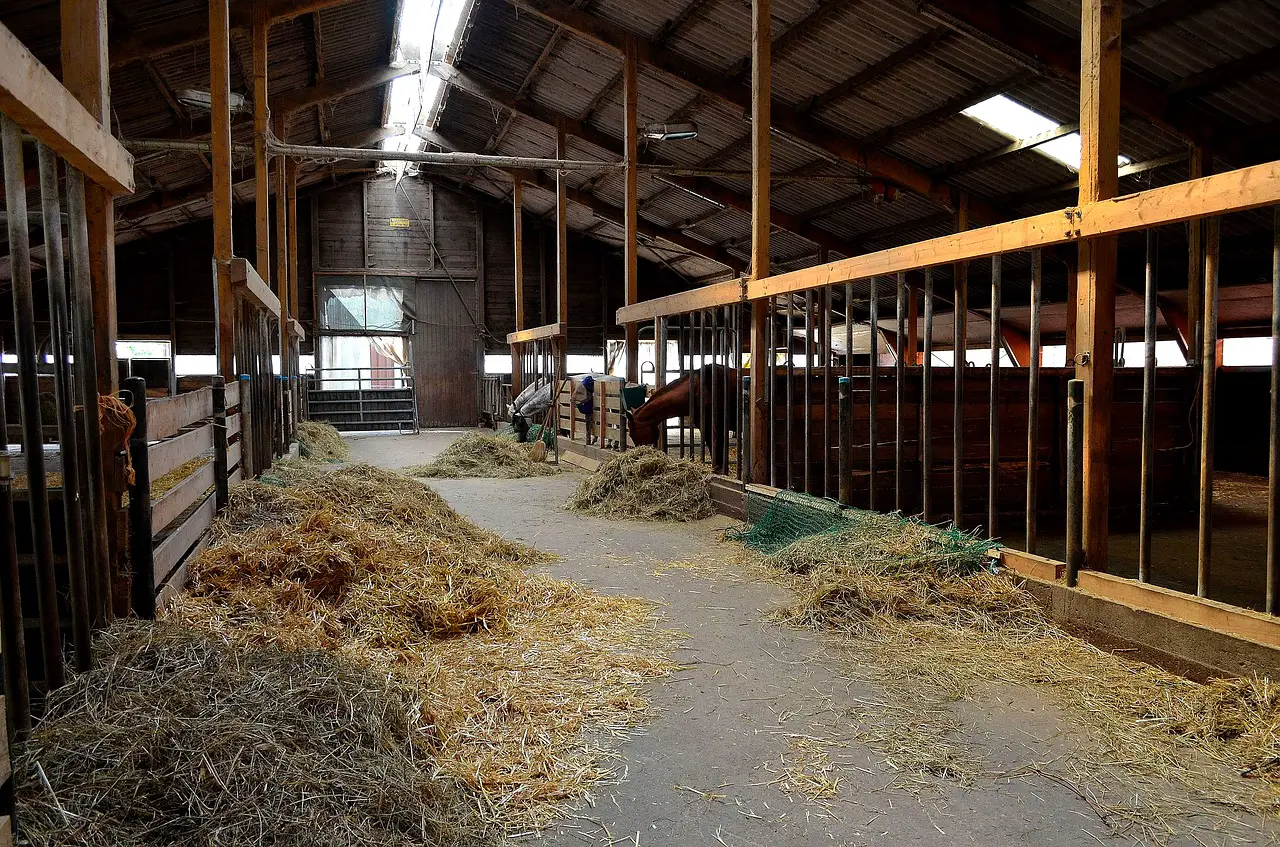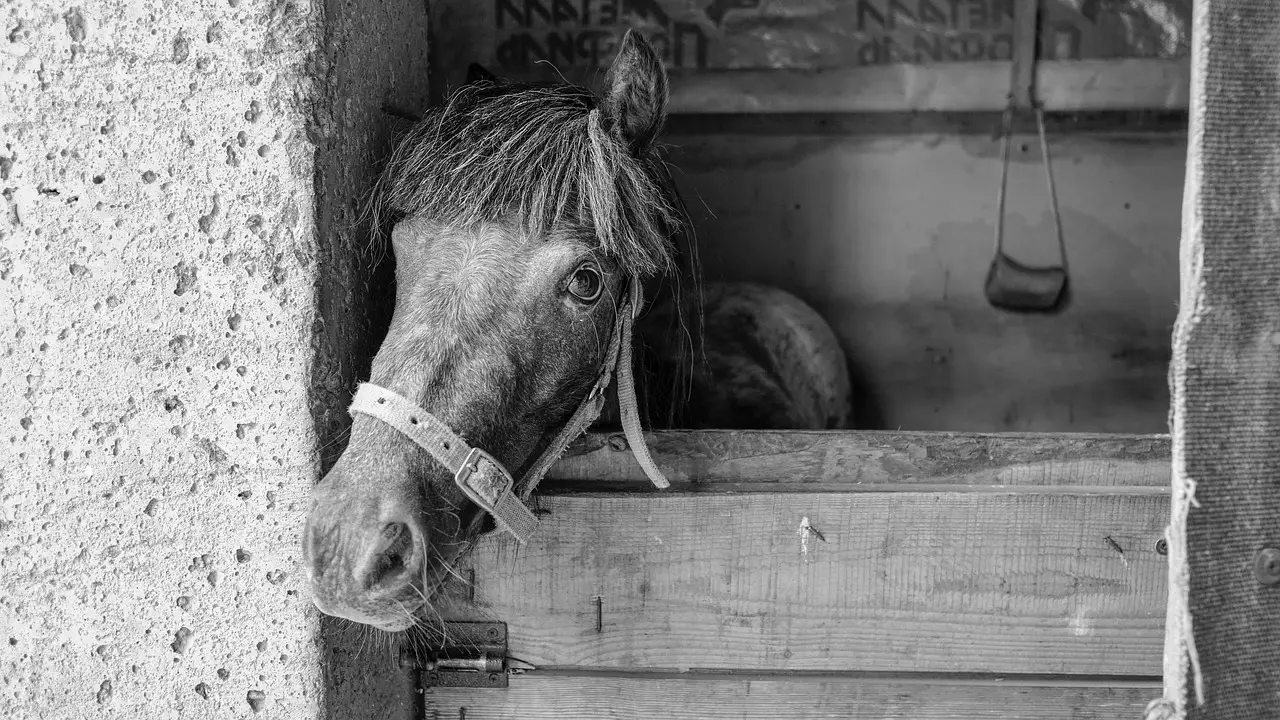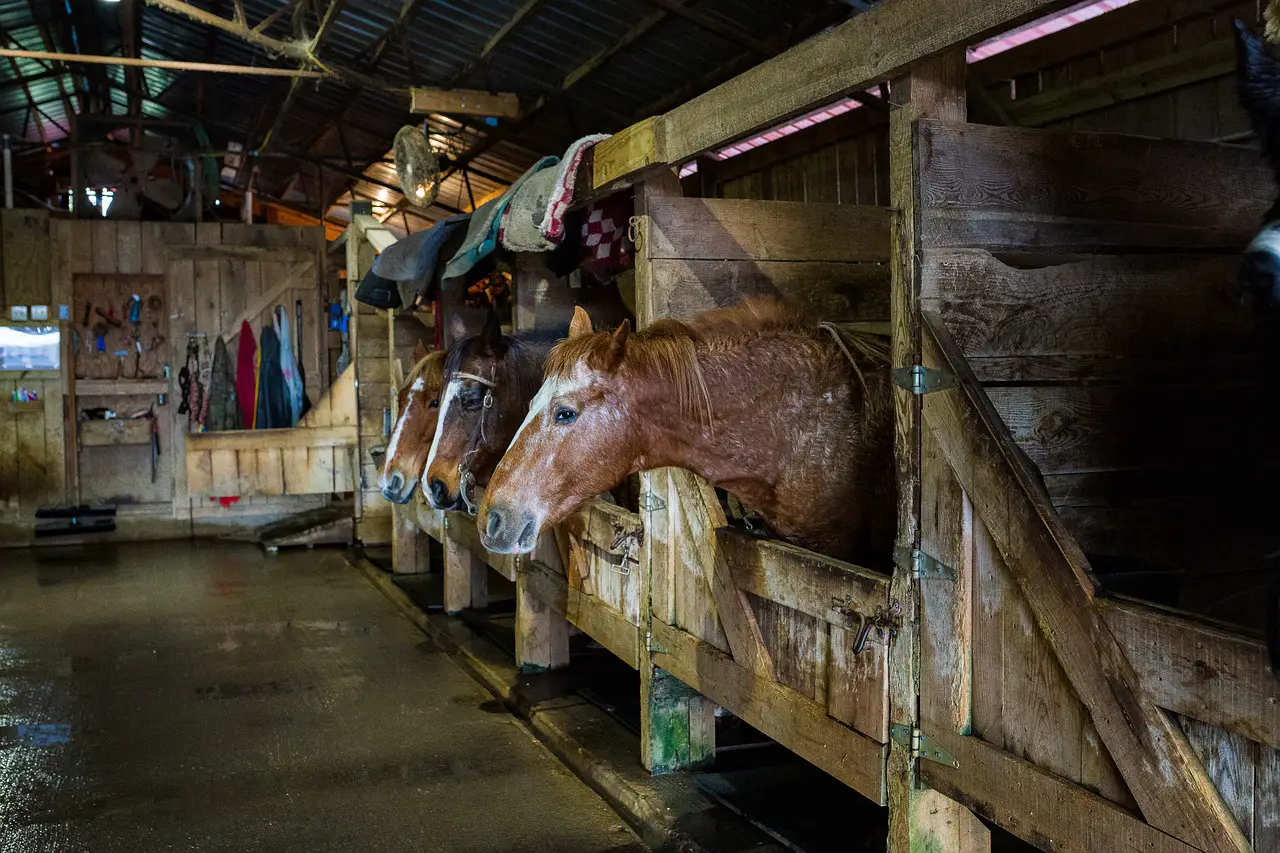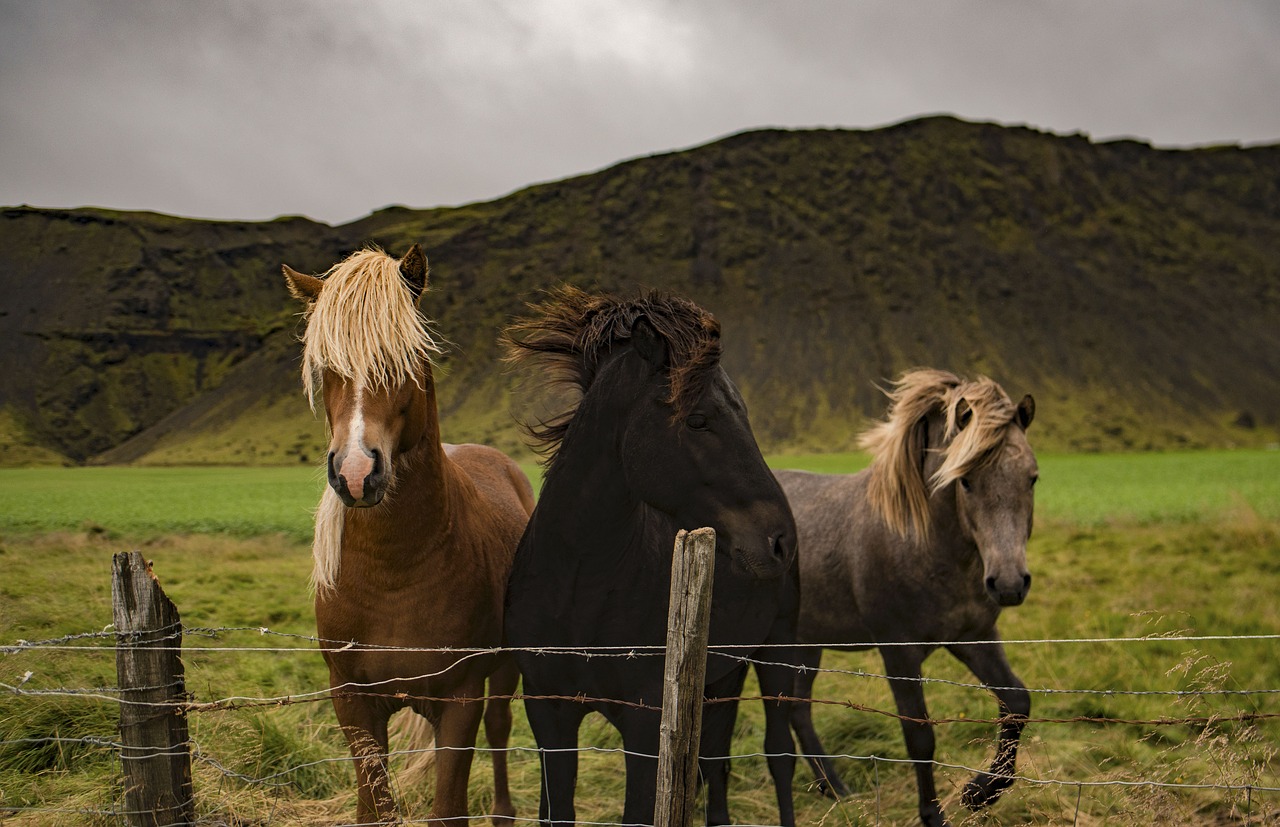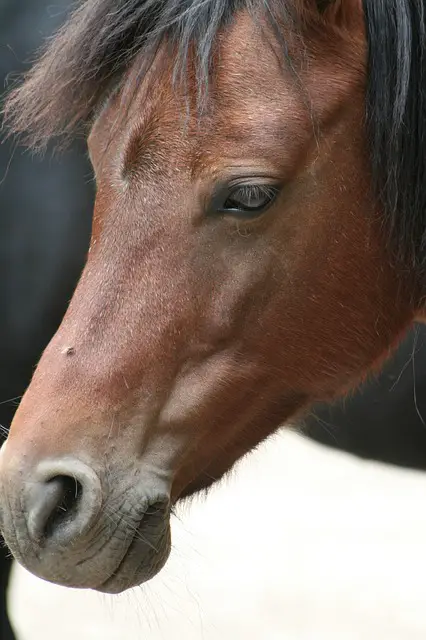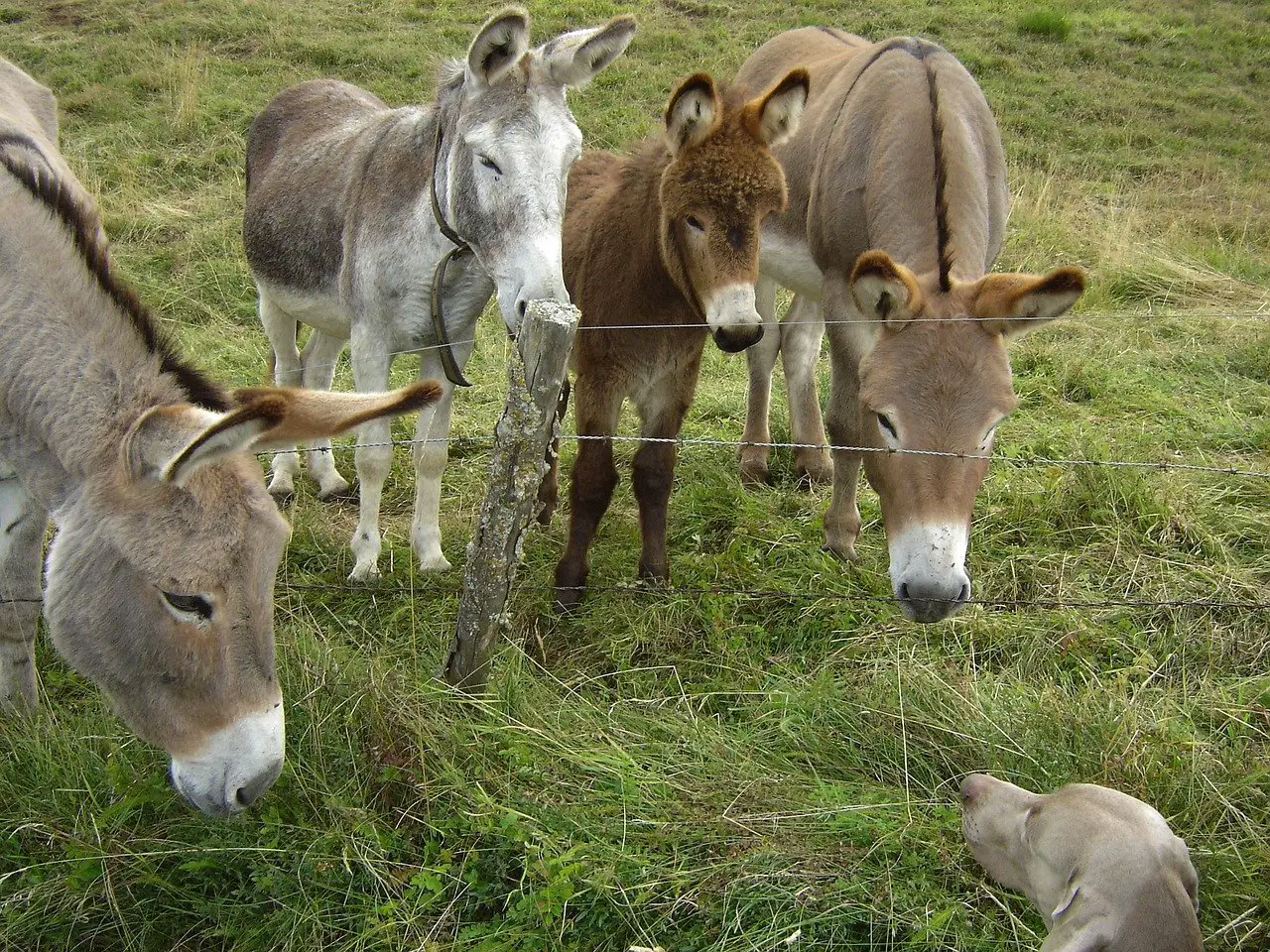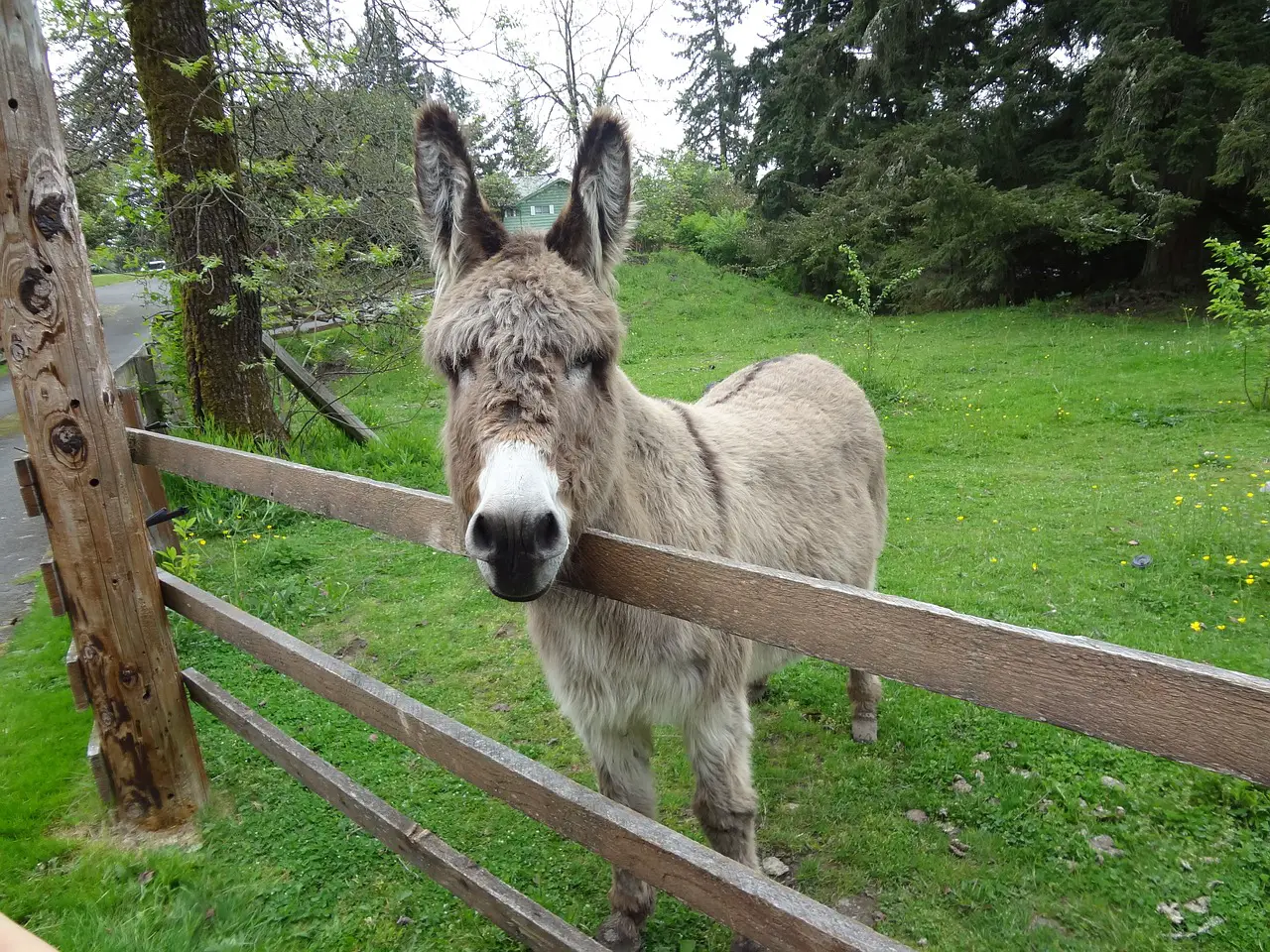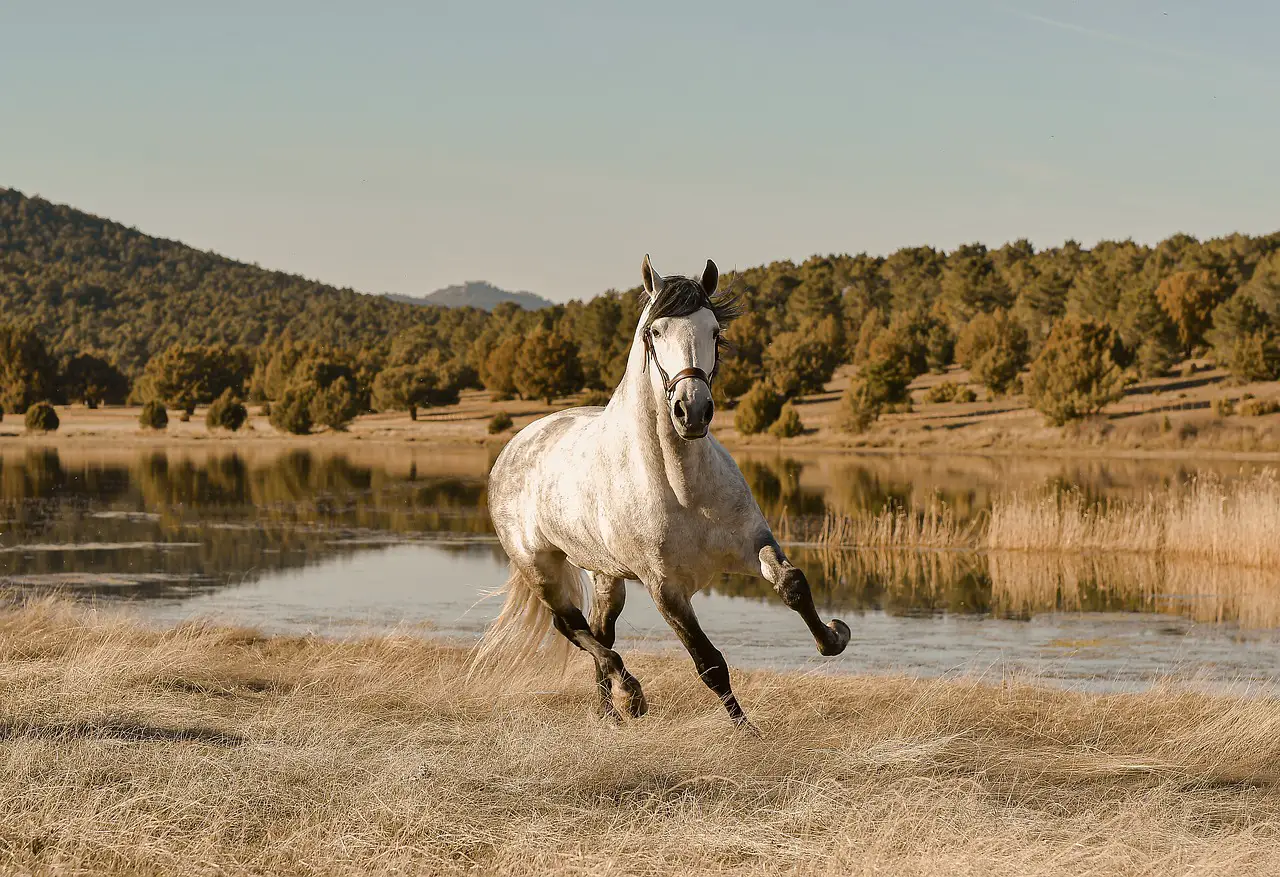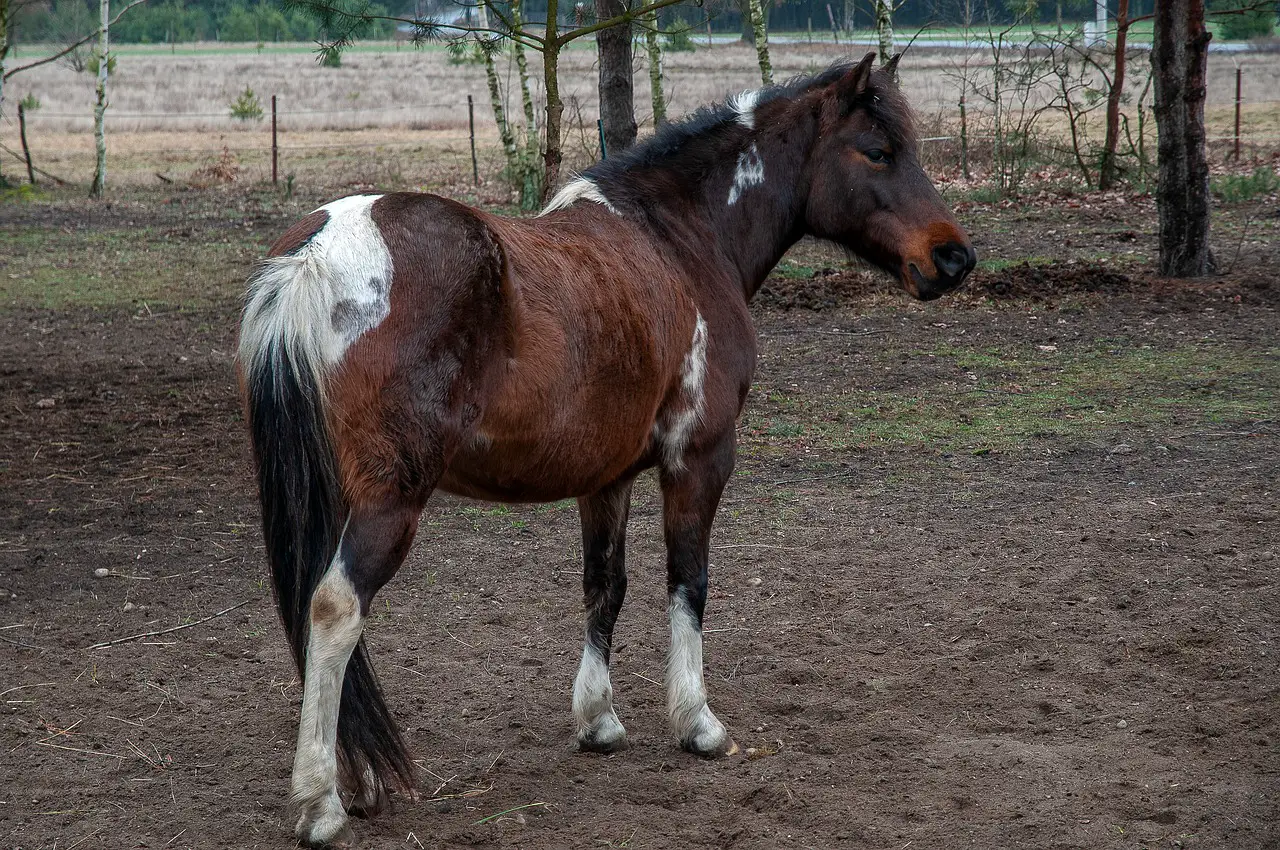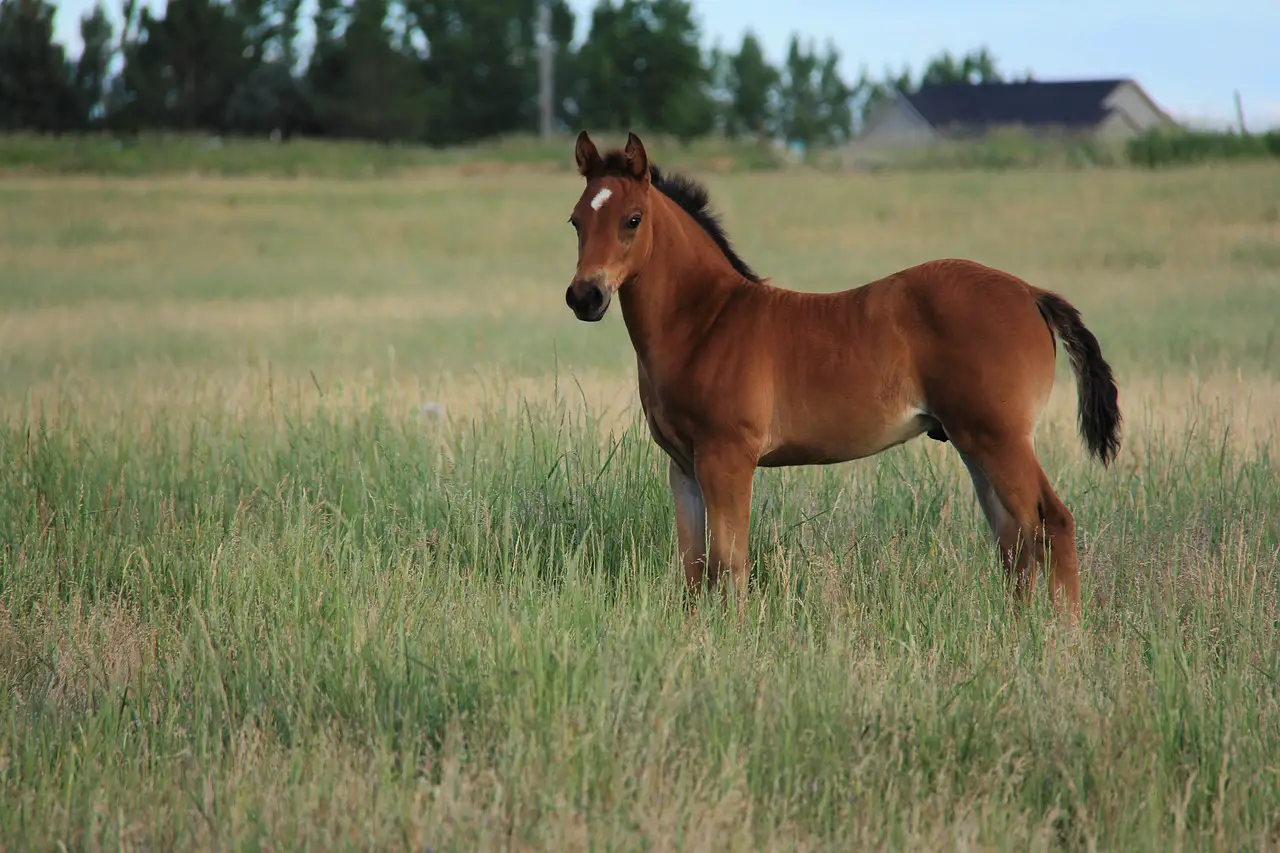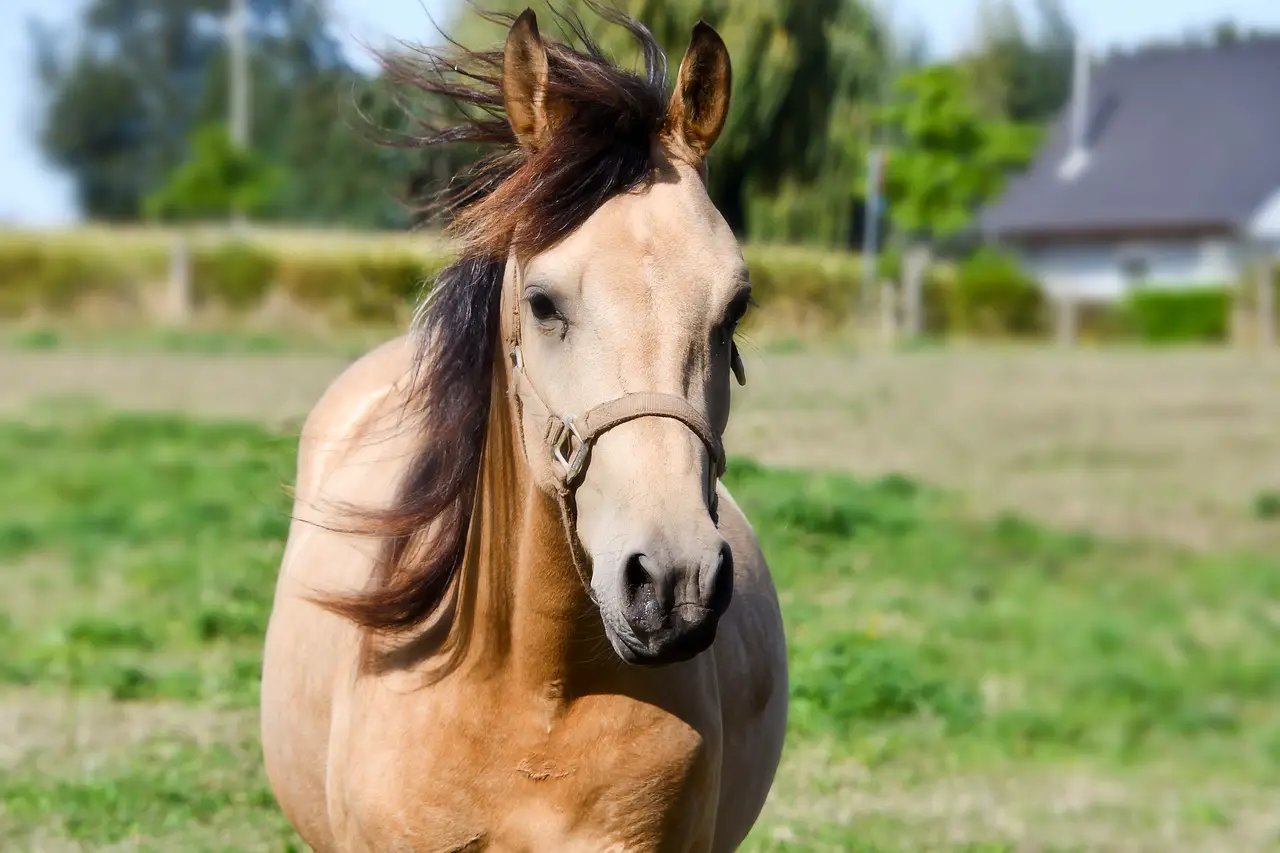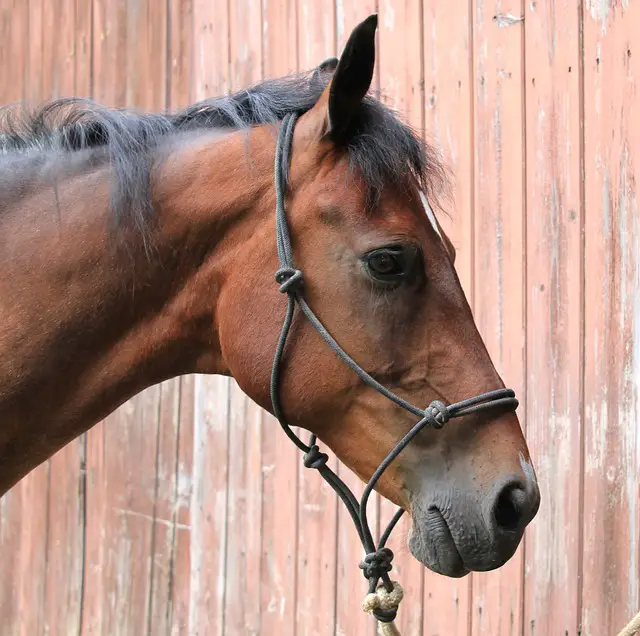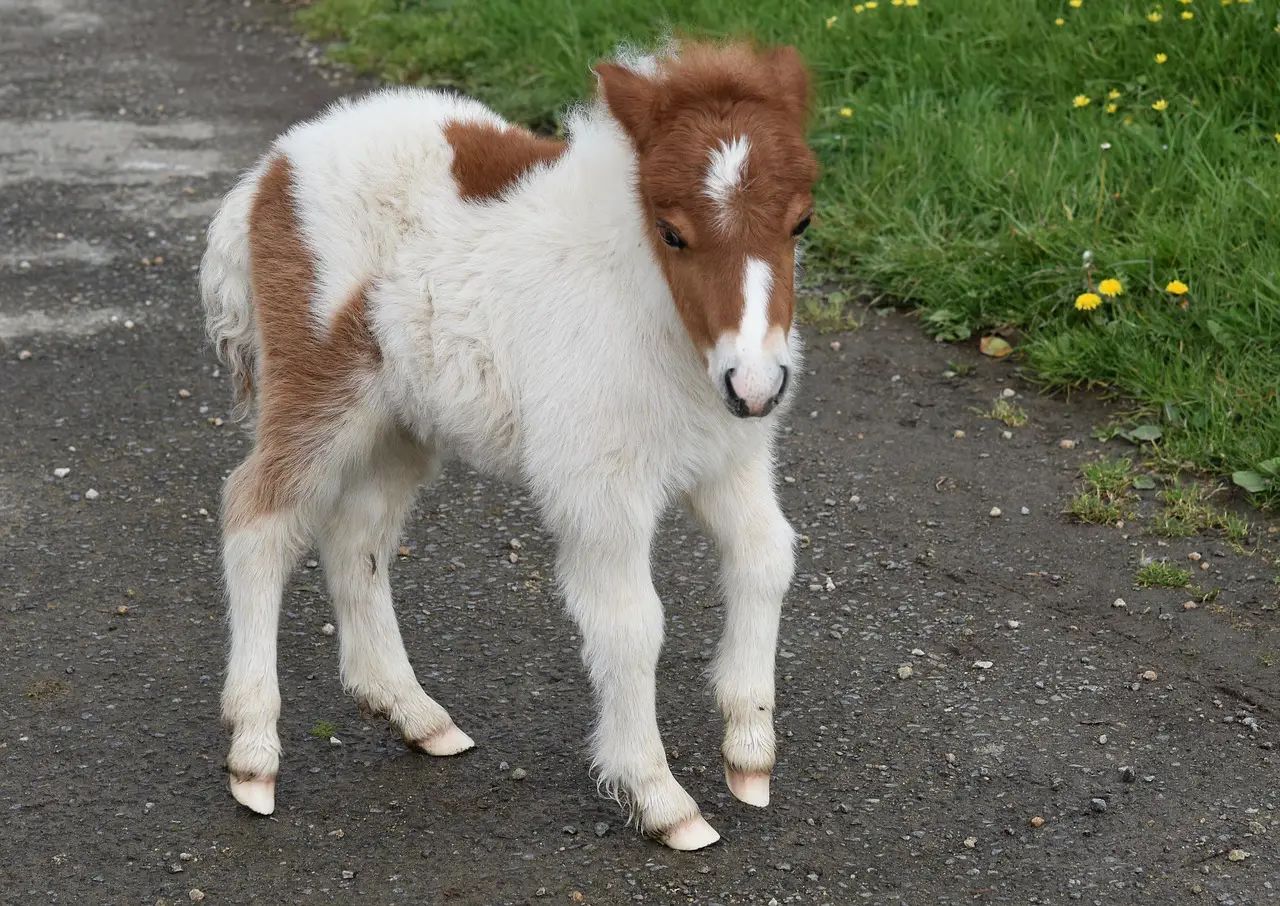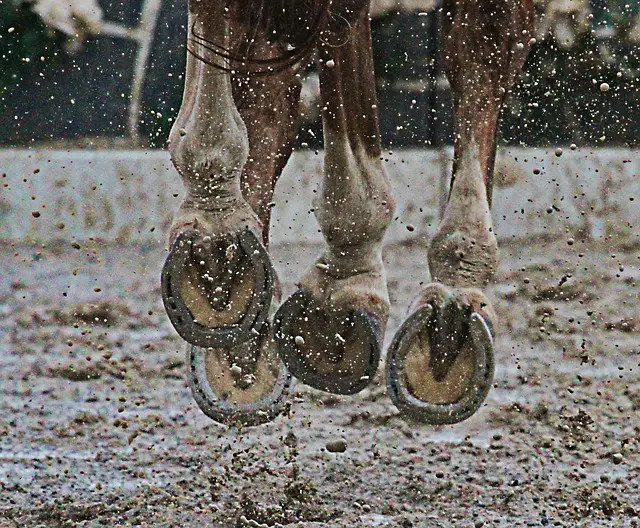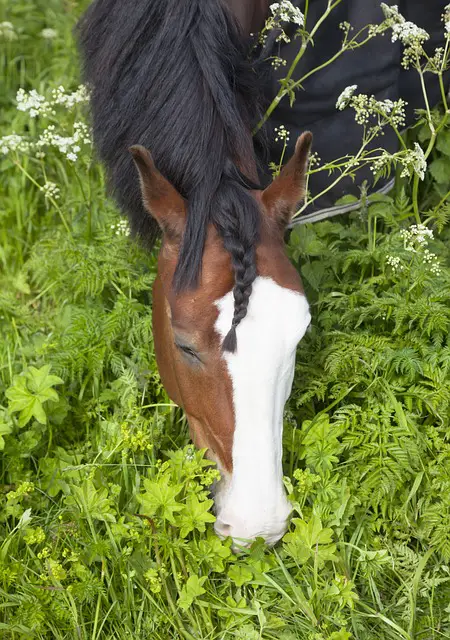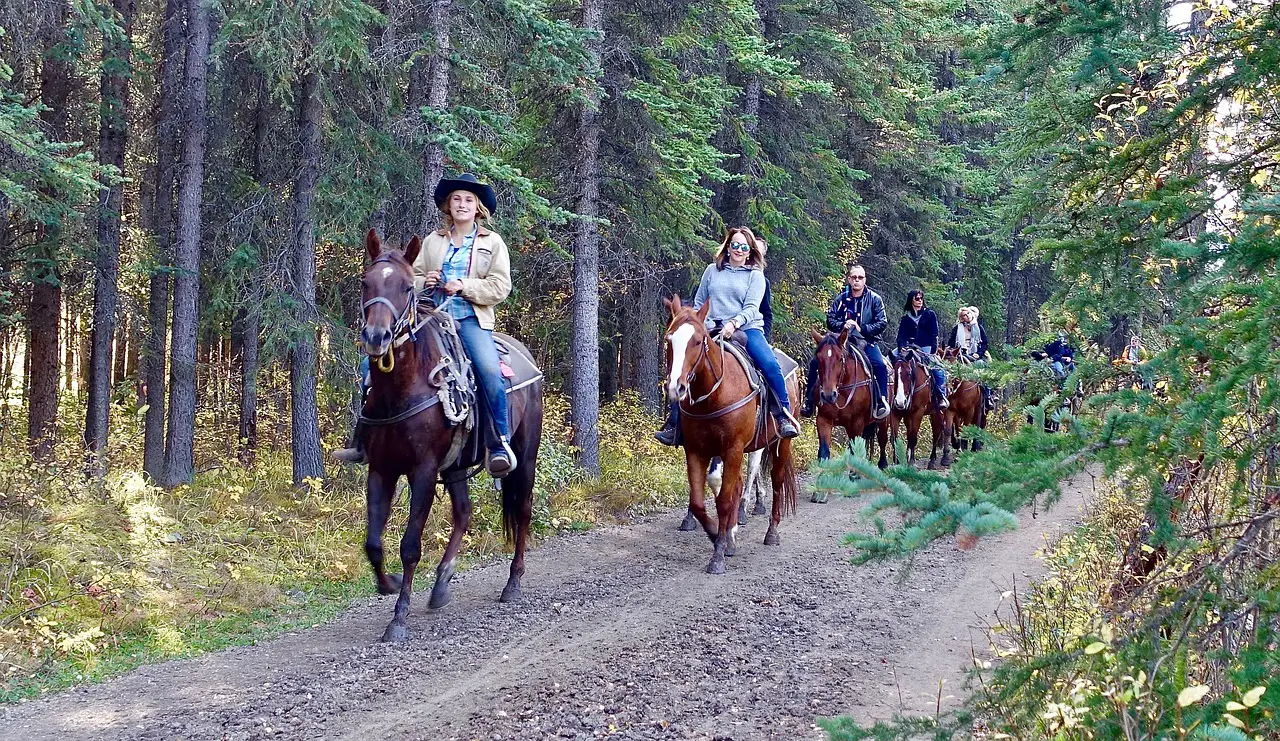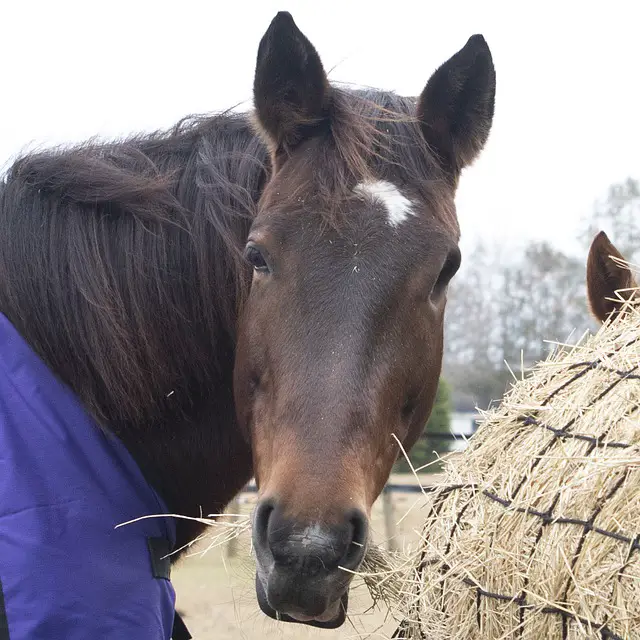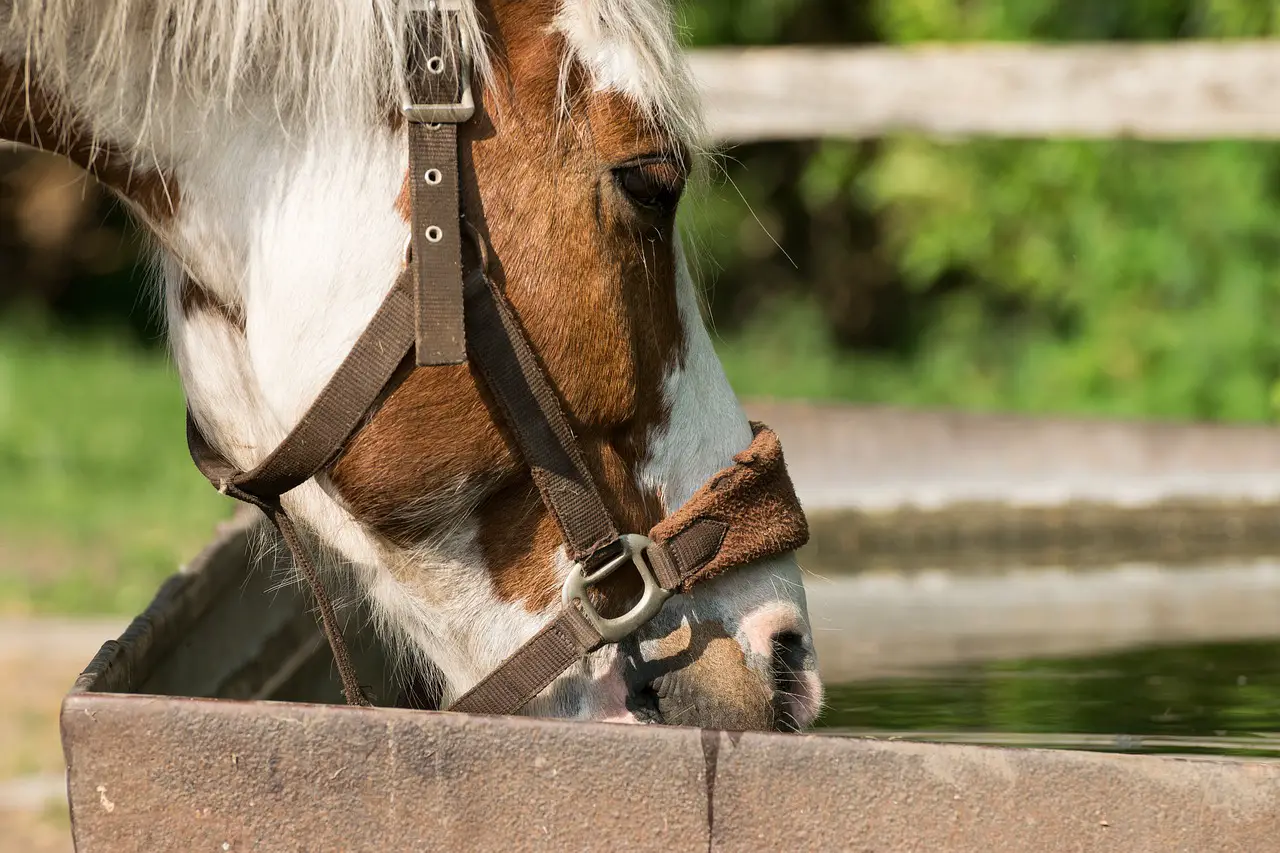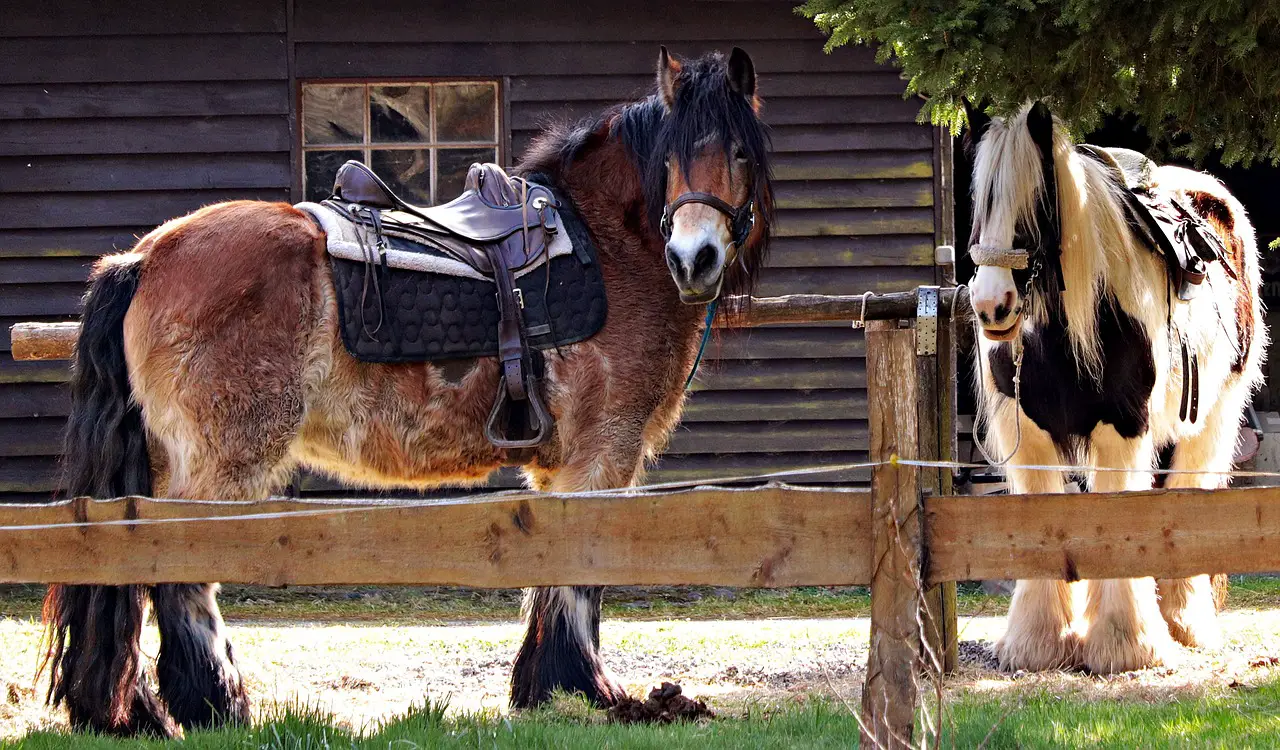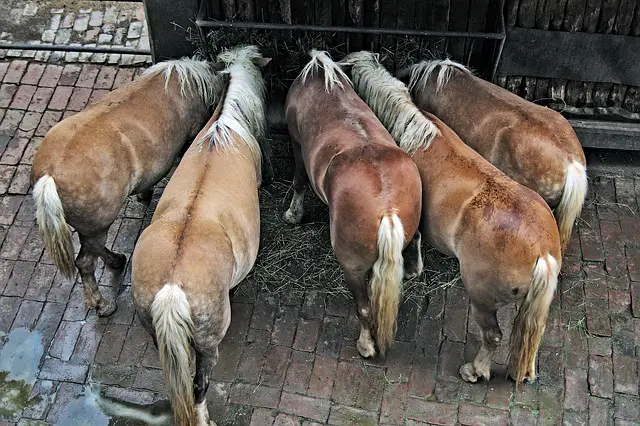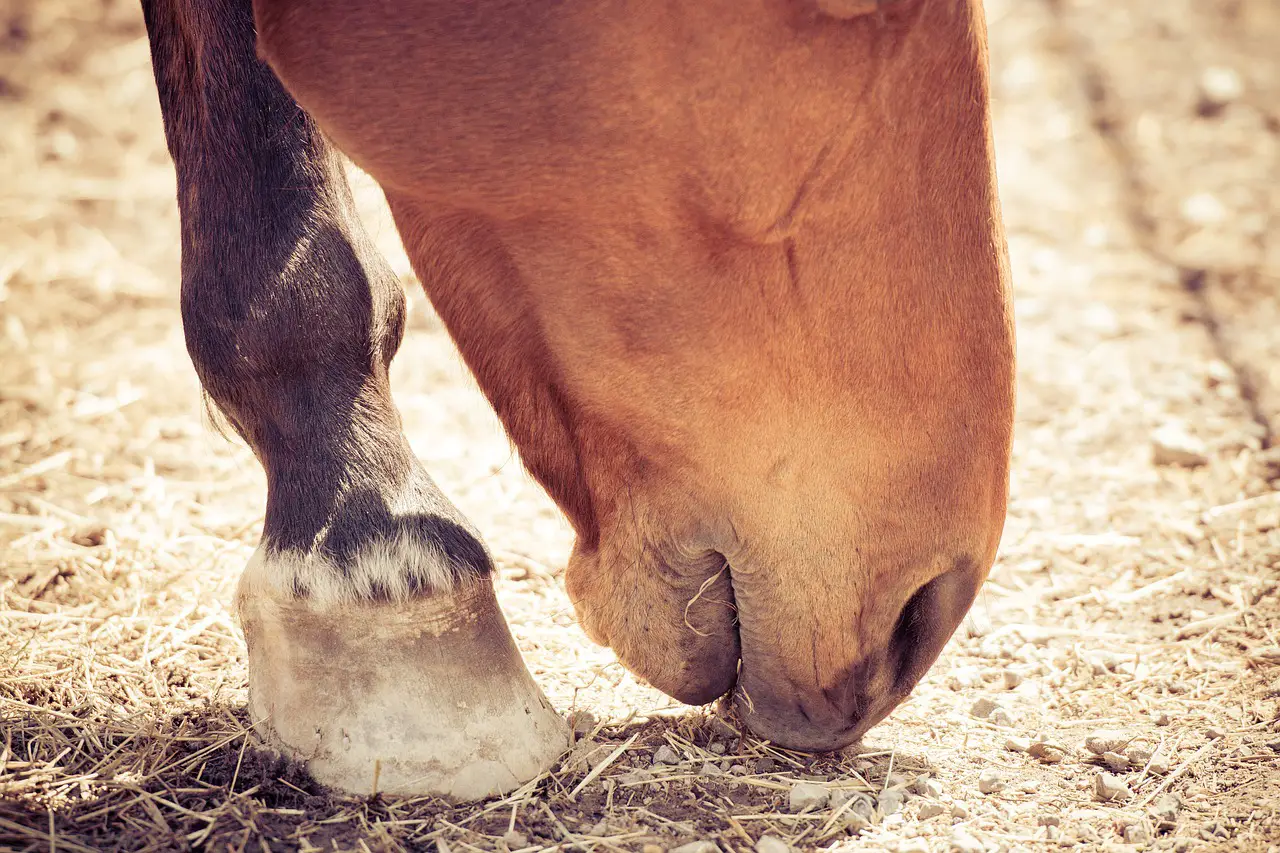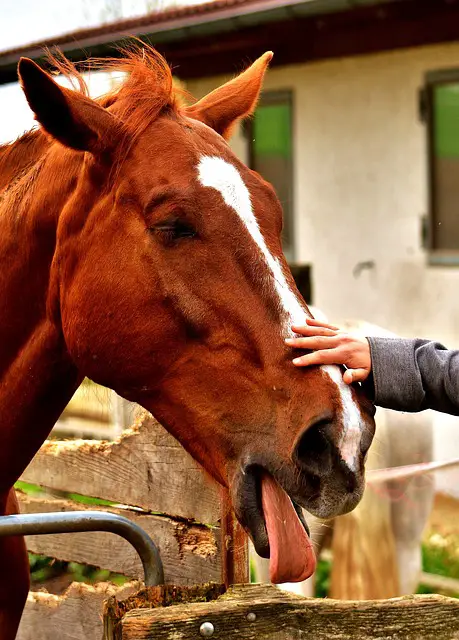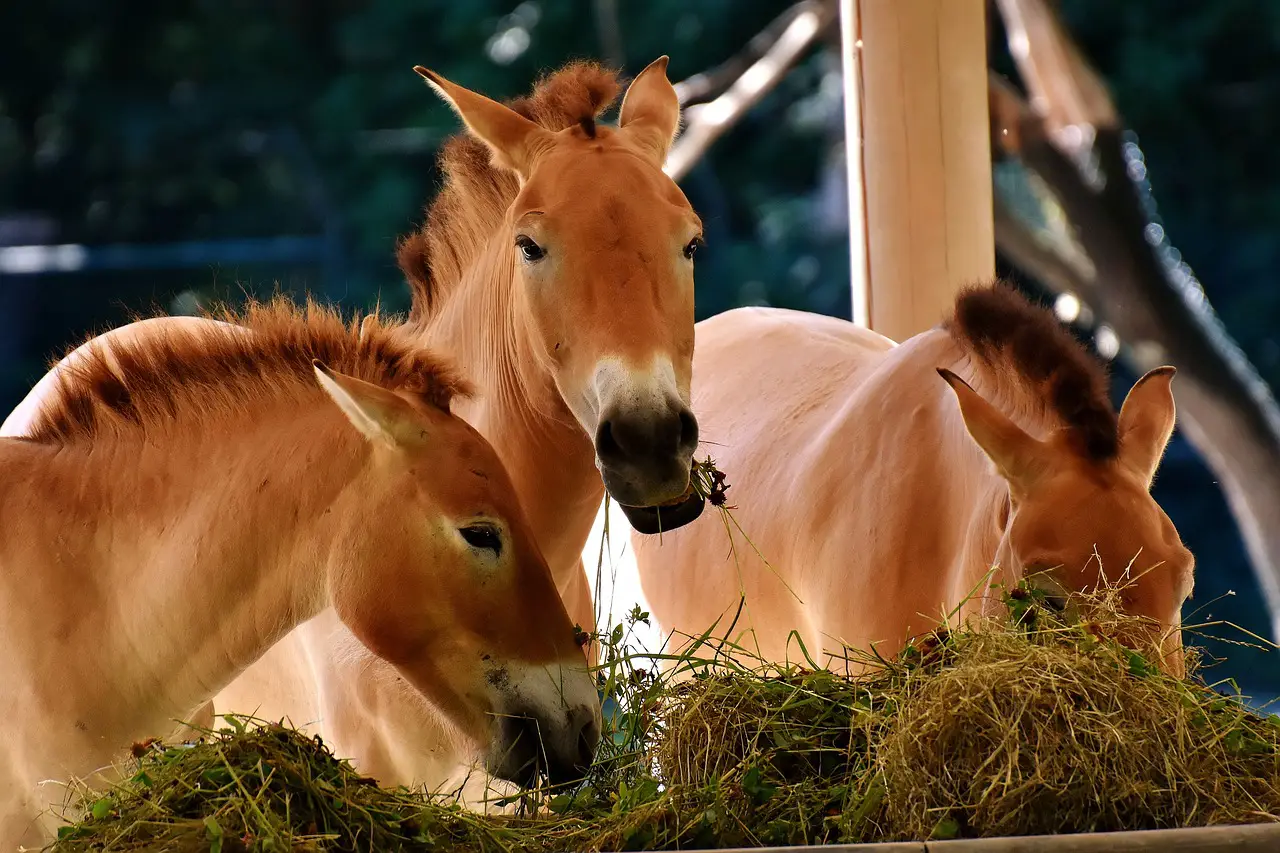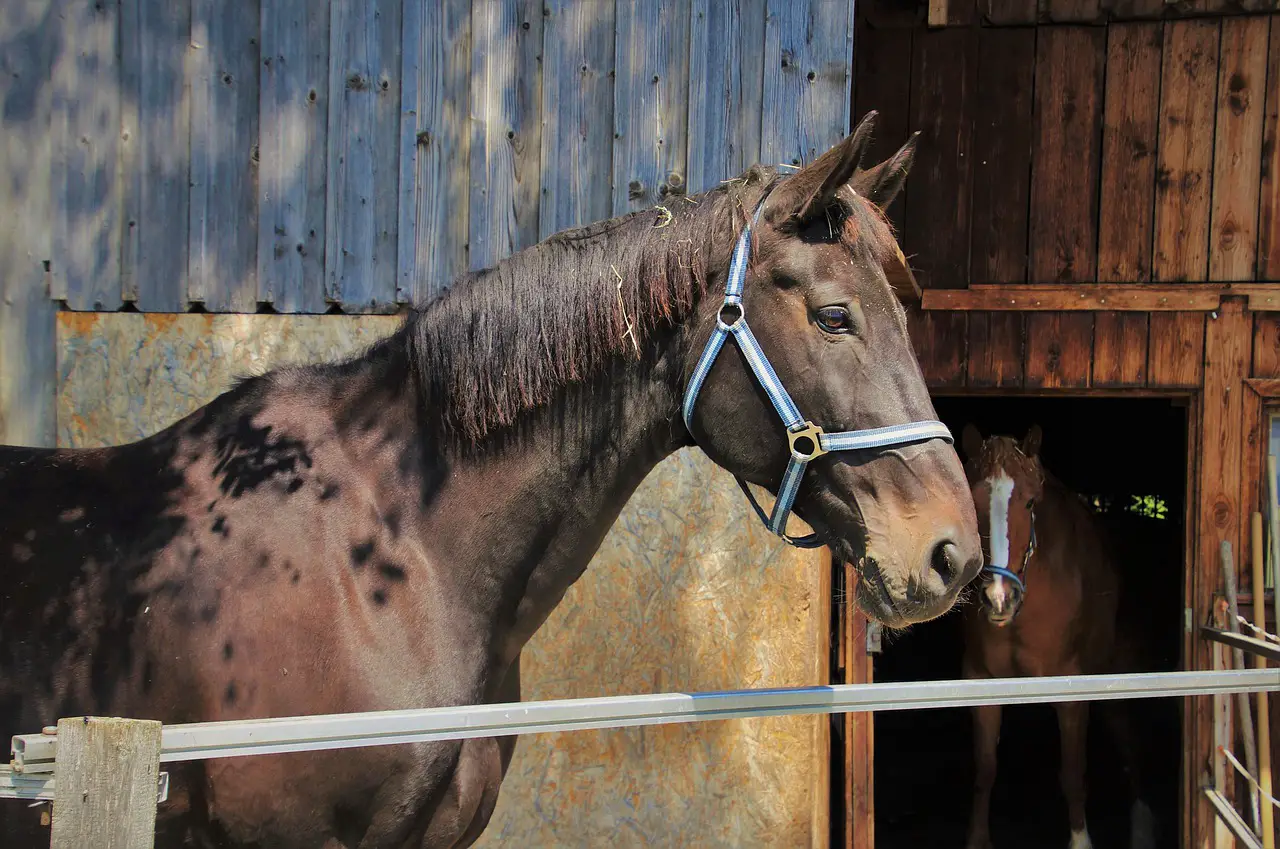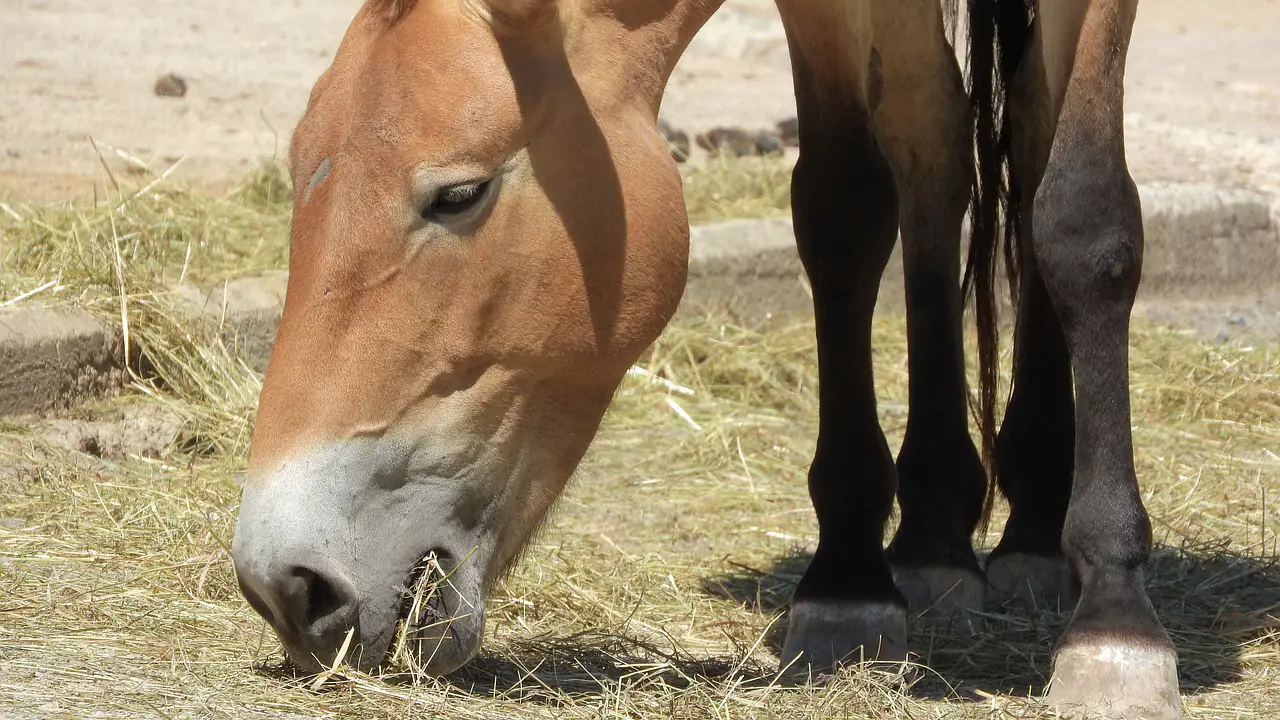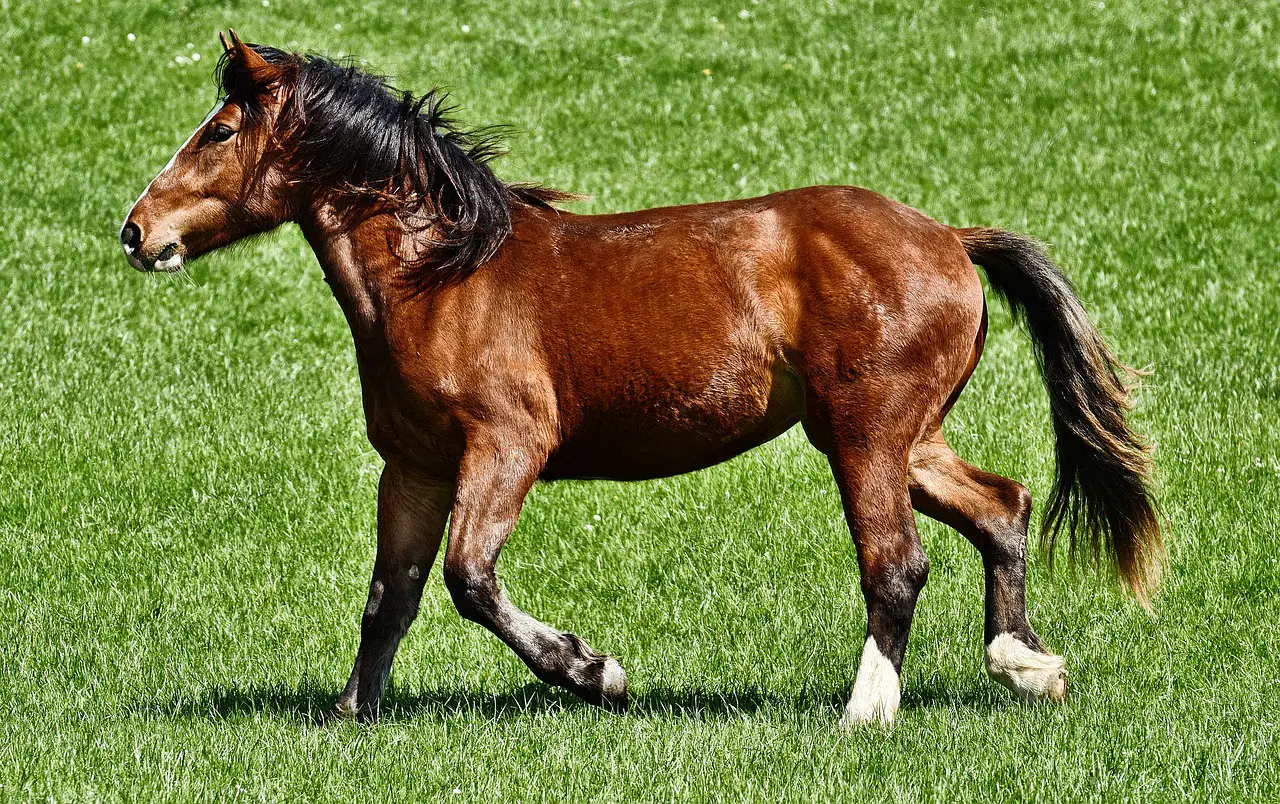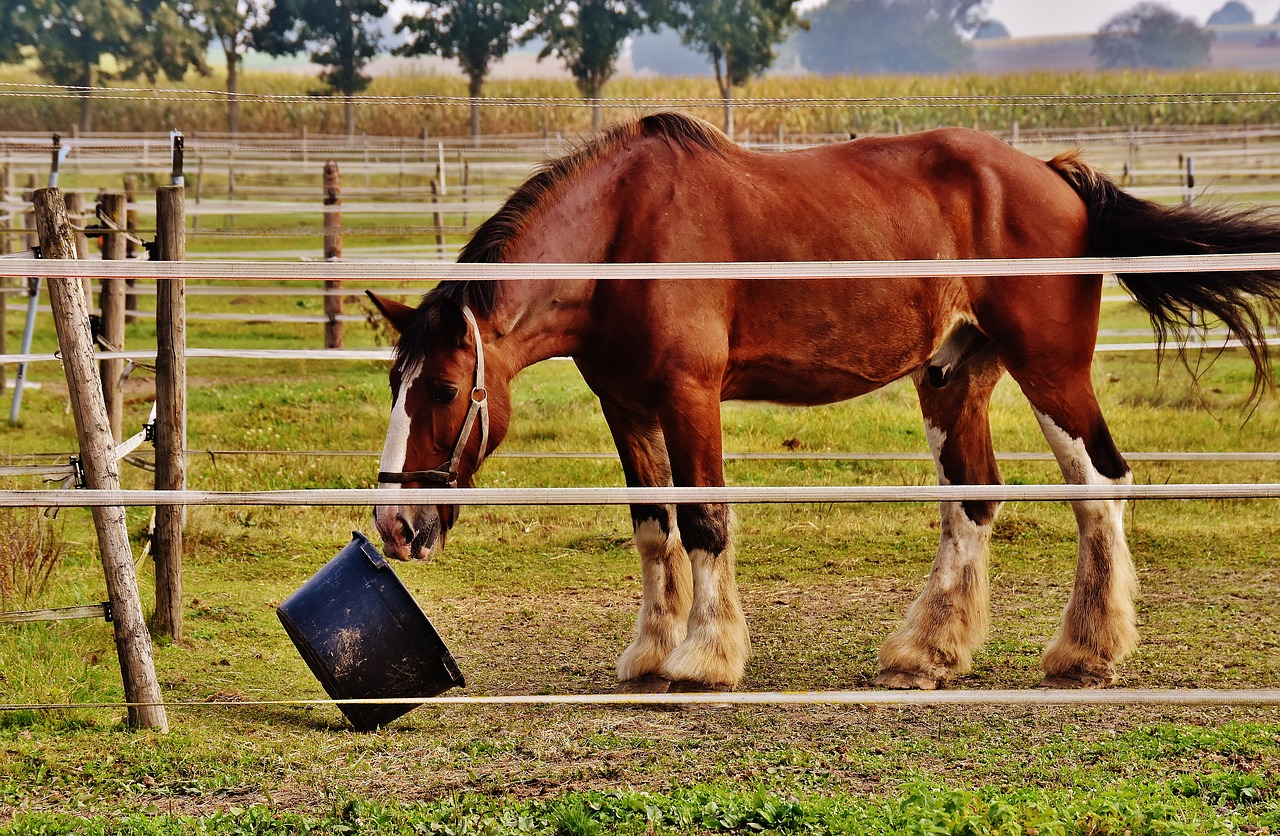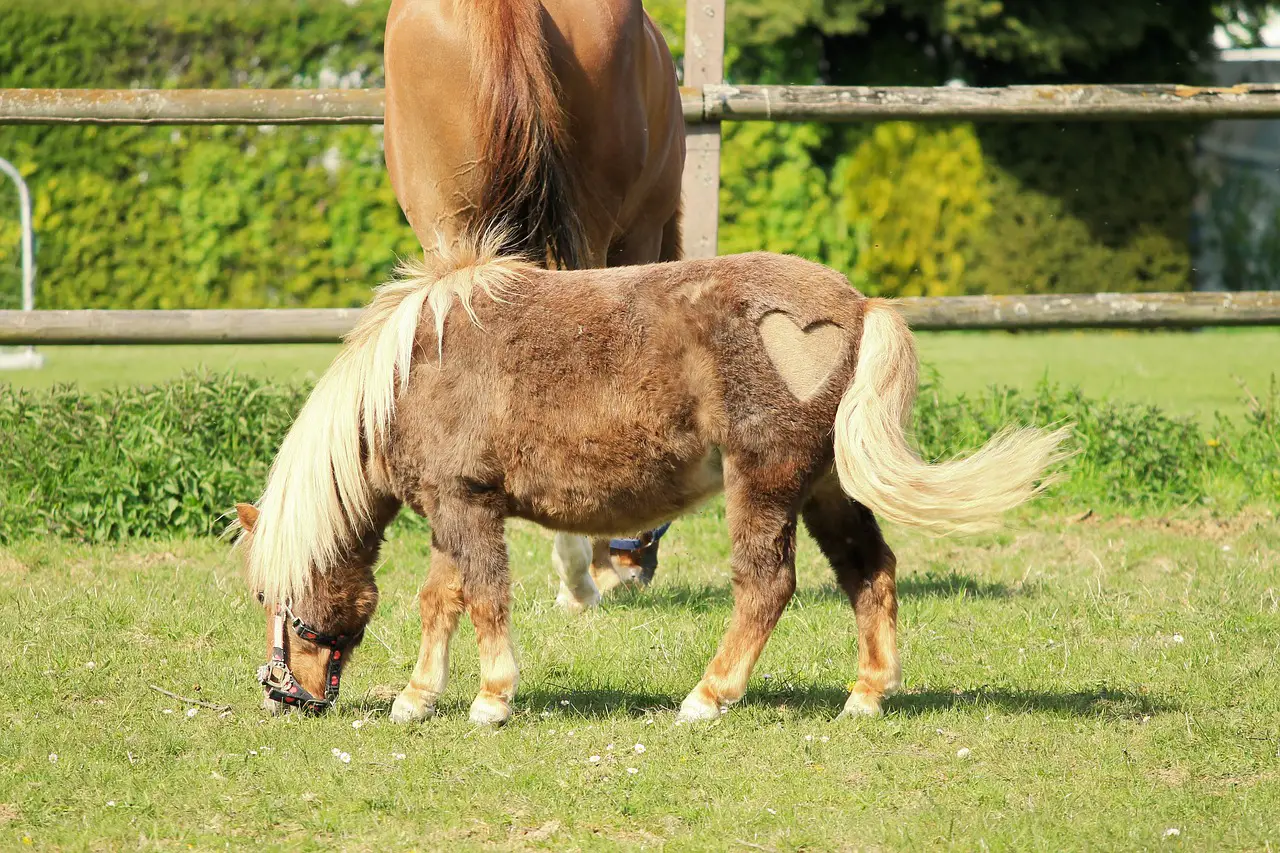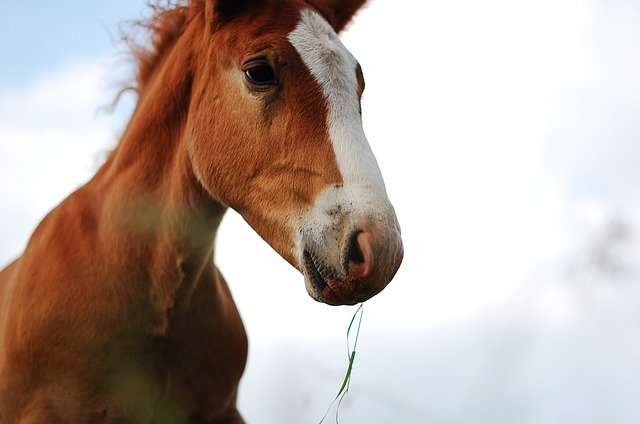Contents
- 1 About
- 2 Articles
- 2.1 SACROILIAC JOINT
- 2.2 “slobbers” or hypersalivation
- 2.3 CROP VS DRESSAGE WHIP – WHAT TO USE WHEN
- 2.4 WHAT DO THE DRESSAGE LETTERS REALLY MEAN?
- 2.5 EQUINE UVEITIS
- 2.6 Can Horses Really Smell Fear? Yes, And That’s Not All
- 2.7 What To Do About ‘Parrot Mouth’
- 2.8 How Cold Is Too Cold To Ride?
- 2.9 Here’s What To Keep In Mind When Giving Your Horse Omeprazole For Gastric Ulcers
- 2.10 Soft Eyes: Tap Into the Power of Your Gaze
- 2.11 ESTIMATING THE MATURE HEIGHT OF A FOAL, METHOD 2
- 2.12 Does Bermuda grass hay cause colic
- 2.13 Horse intestinal stones
- 2.14 What You Need to Know About Riding Double
- 2.15 STRAW FOR BEDDING
- 2.16 What Is Oat Grass Hay and How Can It Benefit Horses?
- 2.17 Whats the difference between a 2 stage vetting and a 5 stage vetting?
- 2.18 What’s the best chaff for laminitic horses or horses suffering EMS (Equine Metabolic Syndrome)?
- 2.19 6 Life Lessons We Can Learn From Horses
- 2.20 Beneficial Plants & Herbs For Horses
- 2.21 How Much Sleep Do Horses Need?
- 2.22 The Benefits Of Linseed Oil For Horses
- 2.23 Greasy Heel
- 2.24 Strangles in Horses
- 2.25 Rain Scald
- 2.26 The Expectant Mare and Foaling
- 2.27 Still Waiting for your Foal?
- 2.28 REDUCE EIPH (LUNG BLEEDING) IN HORSES
- 2.29 Four ways to build your horse’s core
- 2.30 Loaning a horse – What should you do if you are the loanee?
- 2.31 Your horse’s health: seven subtle signs to look out for
- 2.32 5 common horse winter skin conditions
- 2.33 How to Poultice a Horse Hoof
- 2.34 What Your Vet Team Wants You To Know Before Euthanizing Your Horse
- 2.35 How Much Do Hock Injections Cost For A Horse?
- 2.36 What is a Caslicks procedure and why do some mares need them?
- 2.37 Getting your mare ready for the breeding season
- 2.38 HOW TO MANAGE EQUINE ASTHMA
- 2.39 How Do Wild Horses Clean Their Sheath?
- 2.40 Why do Horses Have Big Willys?
- 2.41 Your Guide to Colic Surgery in the Horse
- 2.42 Stringhalt
- 2.43 Sidebone
- 2.44 Diarrhea and Fecal Water Syndrome in Horses
- 2.45 Tying Up in Horses & Muscular Health
- 2.46 What to do if Your Horse is Colicking
- 2.47 Signs Of Copper Deficiency In Horses
- 2.48 Teeth Floating: Wild Horses Vs. Domestic Horses
- 2.49 Do horses get braces? – 6 things to know about your foal’s smile
- 2.50 8 Things to STOP Doing to Your Horse’s Sheath
- 2.51 How a Dewormer Works is Just as Important as Why
- 2.52 Liver Disease
- 2.53 Corticosteroids
- 2.54 Identification and treatment of encysted small redworms
- 2.55 What Does Green Broke Mean?
- 2.56 Saddle Donkeys
- 2.57 How do Donkeys show affection?
- 2.58 Case Study of a Horse Struck by Lightning
- 2.59 7 Signs She’s Ready to Foal
- 2.60 TOP FIVE TIPS & TRICKS: ORAL MEDICATIONS FOR YOUR HORSE!
- 2.61 How to identify signs of hindgut ulcers and how to treat
- 2.62 Top Tips on how to use sucralfate for horses, the how, when and why
- 2.63 Tetanus
- 2.64 Ragwort poisoning
- 2.65 Equine herpes virus
- 2.66 A CURE FOR SEEDY TOE
- 2.67 Beware of Bareback Pads with stirrups
- 2.68 Equine Warts
- 2.69 When Is a Horse Considered ‘Old’?
- 2.70 Anti-Inflammatory Medications to Keep on Hand at Horse Farms and Stables
- 2.71 Avoid Deterioration of Horse Stall Mats
- 2.72 5 Signs Your Horse Might Be Vitamin E Deficient
- 2.73 Horse Sweating in Stall: Warning Signs and What’s Normal
- 2.74 Twelve Plants Poisonous To Horses
- 2.75 TOP FIVE TIPS & TRICKS: ORAL MEDICATIONS FOR YOUR HORSE!
- 2.76 Why Do Donkeys Hate Dogs?
- 2.77 What Does It Mean When A Donkey Brays?
- 2.78 9 DIFFERENT TYPE OF HORSE COMPETITIONS YOU SHOULD KNOW!
- 2.79 HOW LONG CAN A HORSE RUN WITHOUT STOPPING?
- 2.80 Windpuffs in Horses: Should You Be Concerned?
- 2.81 Nerves and Bloodflow – Keeping the Hoof Alive
- 2.82 Ever Heard of the Phrase, A Horse Has Five Hearts?
- 2.83 THINGS TO KNOW ABOUT PSSM
- 2.84 Foal Hoof Care
- 2.85 The Horse’s Frog
- 2.86 LET’S PLAIT – OUR EASY TO FOLLOW GUIDE FOR MANES!
- 2.87 HOW DOES HACKING OUT HELP MY HORSE?
- 2.88 Pumpkin Poppies (Homemade Horse Treats)
- 2.89 Freezing Water Troughs
- 2.90 Why Your Horse Needs A Prolite Girth!
- 2.91 Rock Salt vs. Mineral Block: Which is Best for My Horse?
- 2.92 5 Reasons Horses Eat Dirt | What You Should (or Shouldn’t) Do About It
- 2.93 Salt vs. Electrolytes for Horses: What’s the Difference?
- 2.94 Making Cents Out of Horse Feed Costs
- 2.95 BUMPS ON HORSES SKIN
- 2.96 Quidding – More Than Just a Funny Word
- 2.97 5 EASY ACUPRESSURE POINTS TO USE ON YOUR HORSE
- 2.98 THE IMPORTANCE OF SOAKING HAY PELLETS
- 2.99 THE DEFINITION OF A HEART HORSE
- 2.100 Peppermint Treats Are Ok For Your Horse
- 2.101 Getting Ready for a Horseback Ride Day at Timber Valley Ranch
Company
Follow Me
Education
Expertise
- Grants
- Child Care
- Family Support
- Scholarships
About
Articles
Getting Ready for a Horseback Ride Day at Timber Valley Ranch
Last Updated on December 2, 2023 by Allison Price Timber Valley Ranch in Bellville provides rustic ranch settings perfect for hosting special events. They also offer birthday party packages as … Read more

